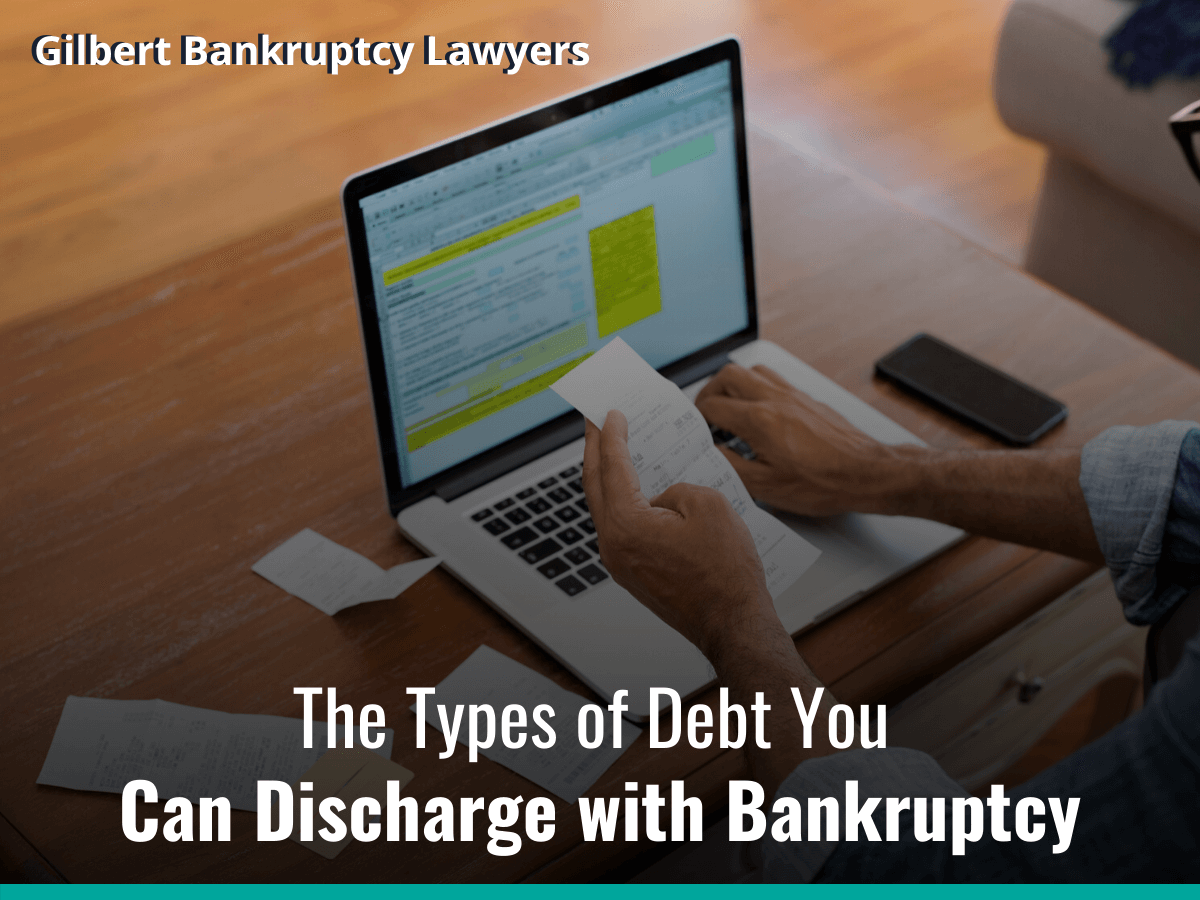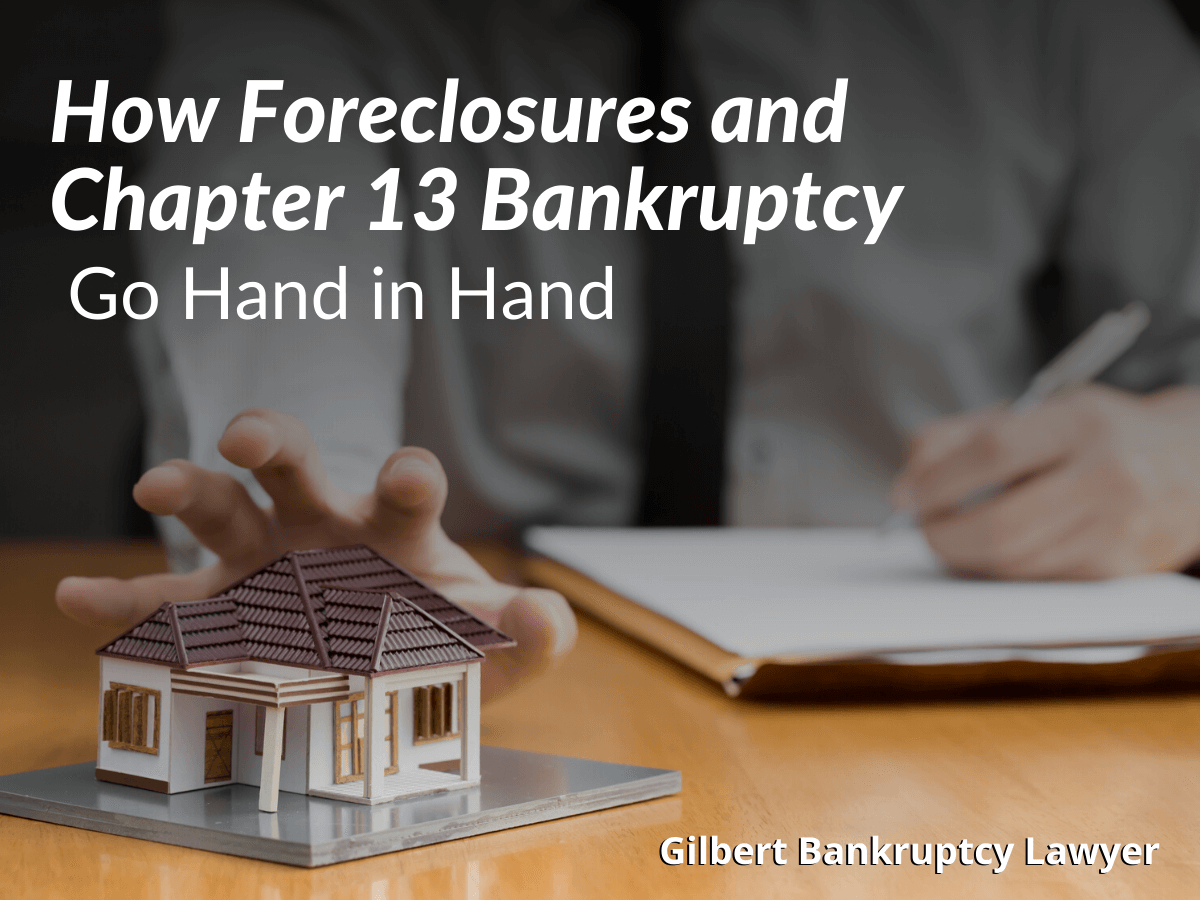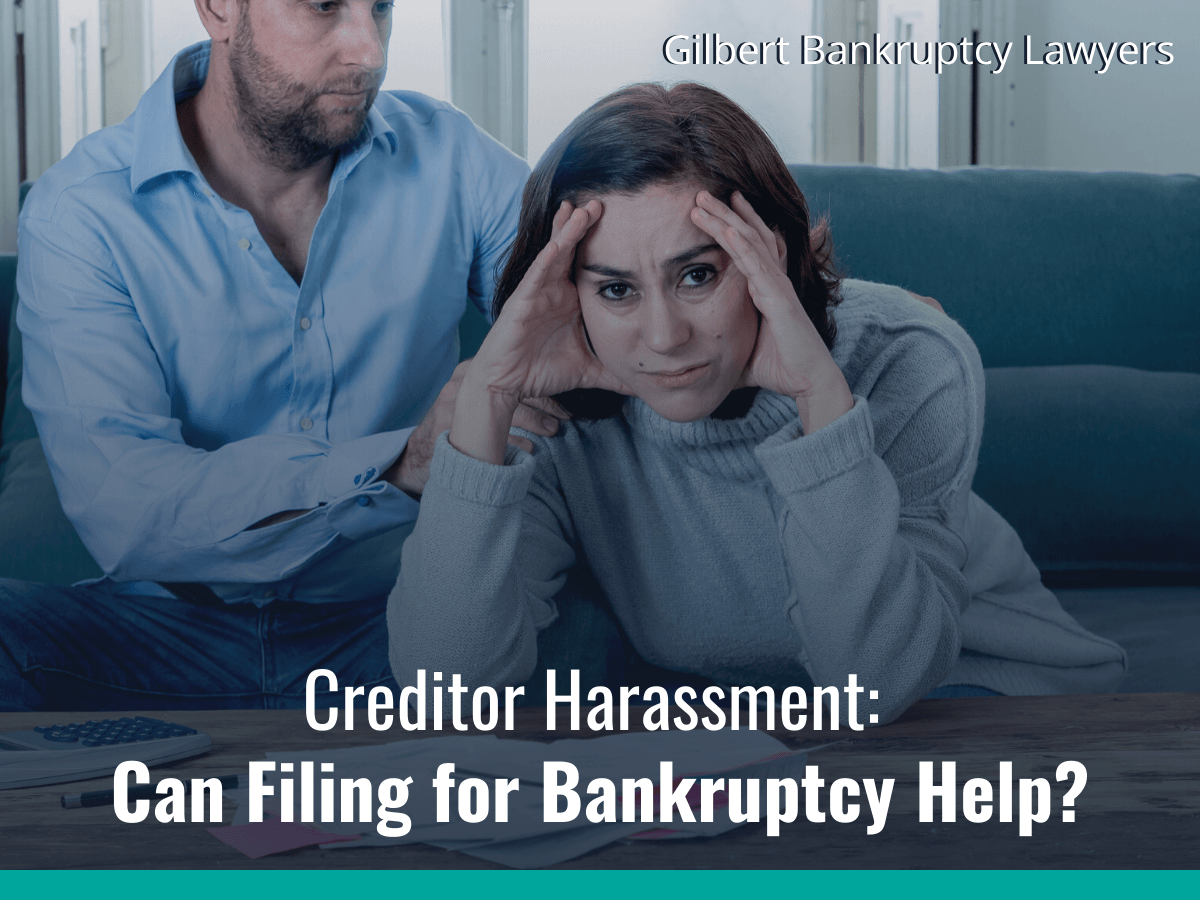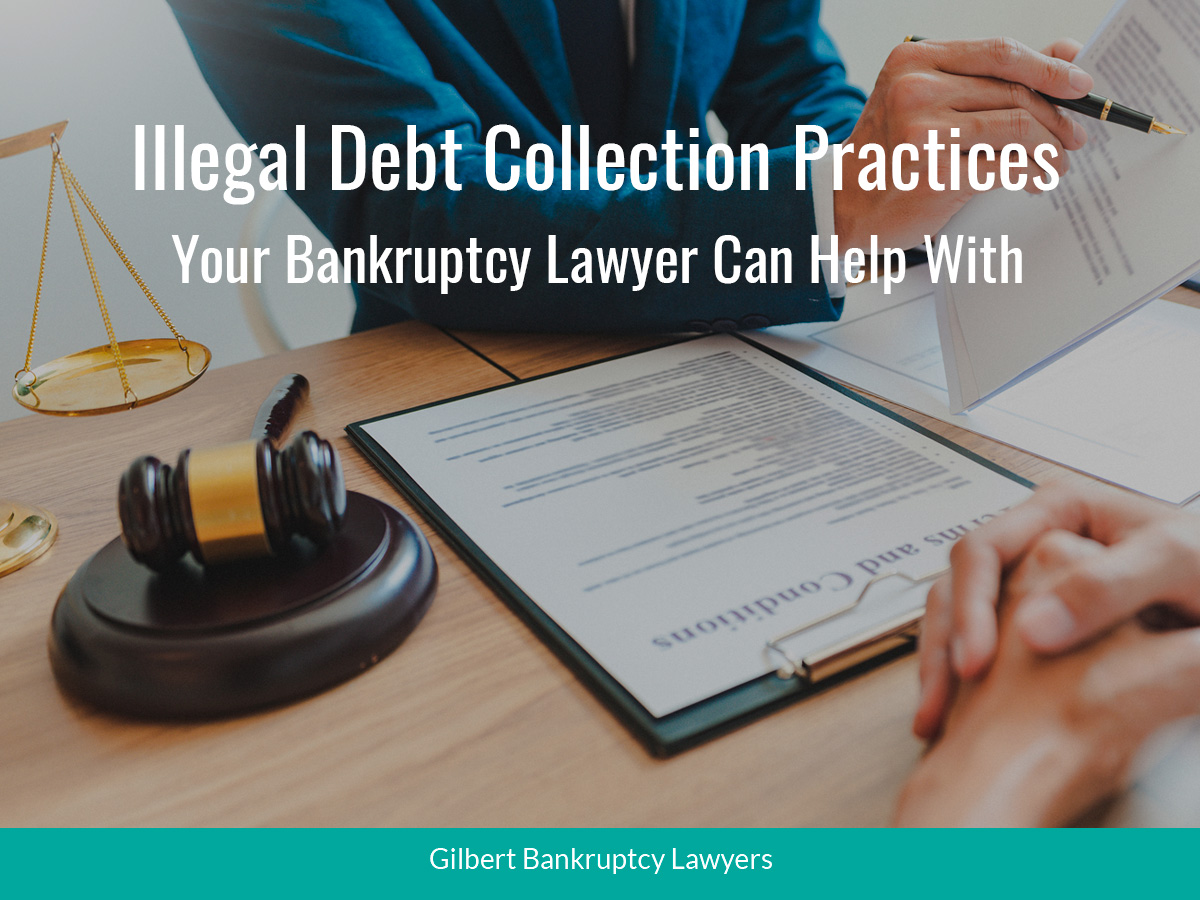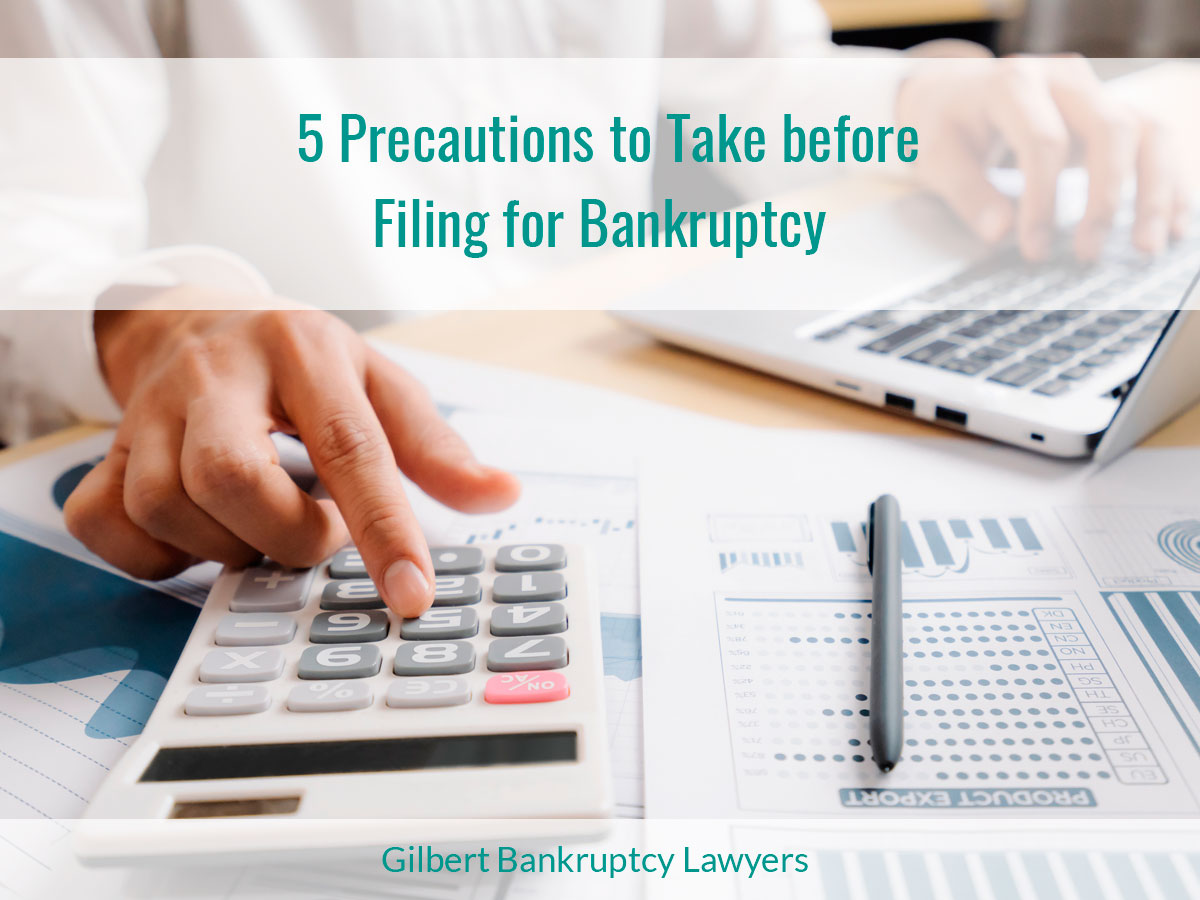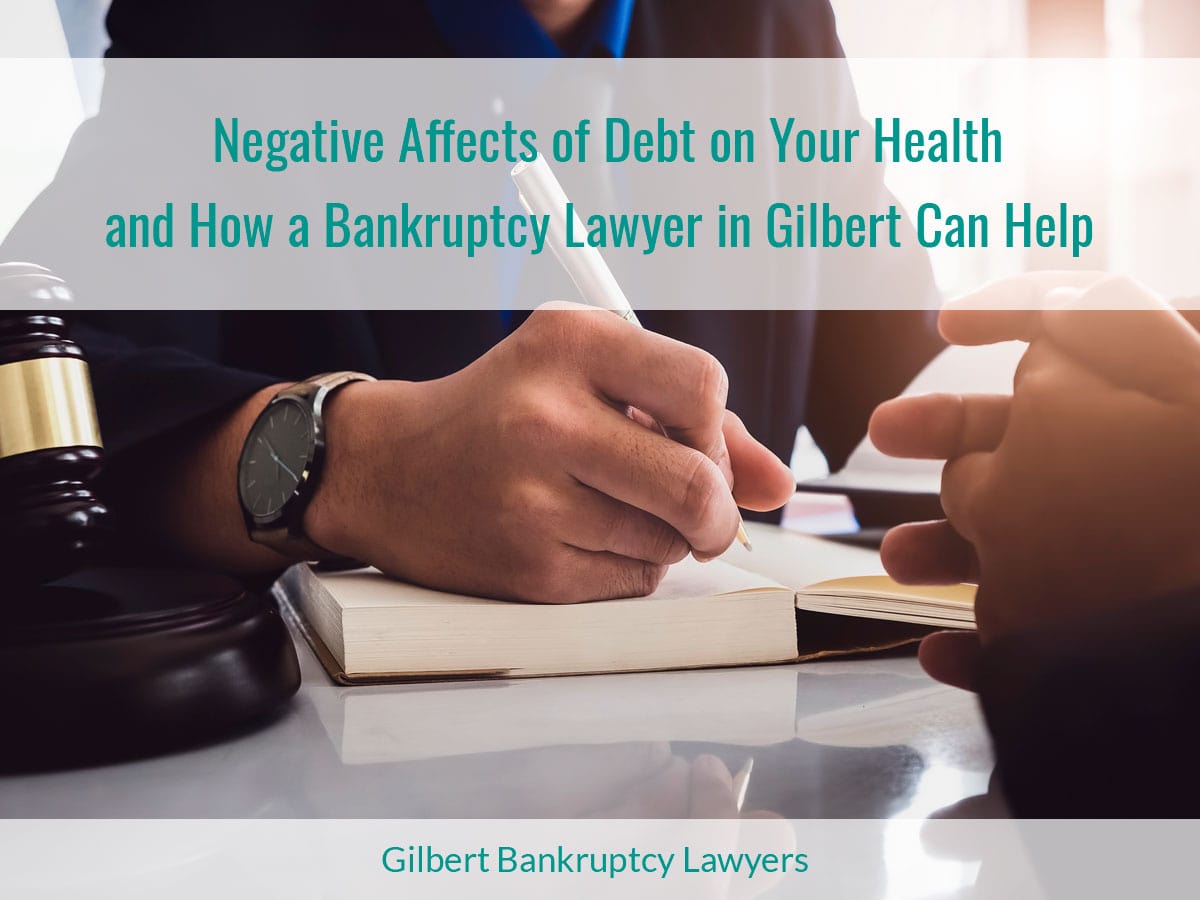There are quite a few legal notices that someone struggling with debt can receive that indicate that their financial situation is about to get even worse. Learning that a creditor has filed a lawsuit, is about to garnish the debtor’s wages, or foreclose on the debtor’s home are all situations that can be alleviated by declaring bankruptcy. While bankruptcy provides immediate debt relief that can be powerful, a debtor should also keep in mind how their life will change after filing for bankruptcy and obtaining a debt discharge. There are some restrictions that a debtor can face after discharge that might interfere with their long-term financial goals. But they might not be relevant to your situation, or delaying plans could be preferable to the collection action you face. Read on to learn about some of the top concerns our clients have about life after bankruptcy. To schedule your free phone consultation with an experienced member of our Gilbert bankruptcy staff, call 480-448-9800.
Can I Buy a House or a Car?
Exemptions can be applied to protect your assets during a bankruptcy filing in Gilbert. But you might not own certain assets like a house or car when you file for bankruptcy, or you may need to purchase a new one after discharge. This begs the question of whether you will be prevented from purchasing a large asset with financing after bankruptcy, and for how long.
A debtor might not even be able to wait until their case is discharged to purchase a new vehicle. Thankfully, this is possible in both chapter 7 and chapter 13 bankruptcy. Chapter 7 bankruptcy cases generally last a few months, so a debtor who has time can wait until discharge to finance a vehicle. This will also help contribute to their post-bankruptcy credit score. Some dealerships will allow a debtor who has filed chapter 7 bankruptcy but not yet reached discharge purchase a vehicle, because they can begin accruing debt again once the petition has been filed. In chapter 13 bankruptcy, the debtor pays off debts in a payment plan lasting 3 or 5 years, which is a long amount of time in which a vehicle could break down, be totaled in an accident, etc. A chapter 13 bankruptcy debtor can request permission from the court to purchase a new vehicle during their payment plan. However, they must be able to afford to pay off bankruptcy fees, secured debts, and priority debts after factoring in their new car payment.
A debtor will face stricter limitations around buying a house after having their debts discharged. There are set waiting periods in place based on the type of bankruptcy filed and home loan being sought. VA and FHA home loans have the shortest waiting periods- 1 year after filing chapter 13 bankruptcy, and 2 years after chapter 7 bankruptcy discharge. The waiting periods are generally shorter after chapter 13 bankruptcy because the debtor has demonstrated financial responsibility by paying off most or all of their debts. The debtor may be able to purchase a home during their payment plan if it won’t interfere with them paying off the rest of their mandatory debts. This will typically only be an option if the debtor has made all of their plan payments on time. USDA loans, typically reserved for farmers and homebuyers in rural areas, have a waiting period of 3 years from chapter 7 bankruptcy discharge, and 1 year of on-time chapter 13 plan payments. Conventional home loans have the longest waiting periods. For chapter 13 debtors, it is 2 to 4 years from discharge, not from filing. Because chapter 13 bankruptcy cases last 3 or 5 years, this could be a total of 5 to 9 years to wait to buy a home after filing a bankruptcy petition. Chapter 7 debtors must wait 4 years after discharge to qualify for a conventional home loan, but these cases conclude in a matter of months rather than years.
What Will Happen to My Credit Score?
Bankruptcy can either be a hiccup in your credit journey, or a footing to build credit to higher levels than ever could’ve been reached before discharging debts. Usually, what happens to your credit score right after filing depends on the status of your pre-bankruptcy accounts. If they are in default, clearing them may cancel the negative effect on your score from filing. If you are current on all of your accounts, filing for bankruptcy will probably cause your credit score to drop.
Whether your score falls, rises, or stays the same after filing a bankruptcy petition, there are things you can do after discharge to secure a better credit history. Using a secured credit card, or a prepaid credit card through your bank, can help you establish credit without the risks of accruing unsecured debt. You may have a trusted friend or family member who can add you as an authorized user on their credit card, which can help boost your credit. Enrolling in credit reporting whenever possible- and staying current on those payments- can help build credit after discharge. Staying on top of all post-bankruptcy payments and regularly monitoring credit can help a debtor reach their credit goals.
Will Everyone Know that I Filed for Bankruptcy?
Declaring bankruptcy would be even more difficult if it actually meant telling it to everyone you know. Thankfully, that’s not how the process of bankruptcy discharge works. There are certain people who must be notified when a debtor files a bankruptcy petition, and be apprised of all case updates, but this list is limited. This list has a name- the creditor mailing matrix. Most often, the recipients on this list will be corporations that wouldn’t recognize your name. But there are some instances where someone you know will be on the creditor mailing matrix. If you owe personal loans to any of your loved ones, they must be listed on the creditor mailing matrix, and thus notified of your bankruptcy filing. You might personally know your landlord, who will be on the creditor mailing matrix unless you specifically exclude them, continuing your lease. But most people won’t know that you filed for bankruptcy unless you tell them or they specifically go searching for it on the internet.
File for Bankruptcy with Gilbert’s Trusted Choice for Affordable Debt Relief Lawyers
Whether your debt relief needs would be met better by chapter 7 or chapter 13 bankruptcy, our team provides competent and comprehensive representation for families in Gilbert and the surrounding areas. You can file your case with confidence knowing a professional prepared your petition and can address any unexpected issues that may come up throughout the process. Our team can also get ready for what comes after bankruptcy discharge. It all starts when you take the first step with a free consultation by phone. Ask your bankruptcy questions, including the strategies you can use to get the most out of life after debt. You may also be eligible to file using our Zero Down payment plan option. To see for yourself, call 480-448-9800 for your free phone consultation with Gilbert Bankruptcy Lawyers today.

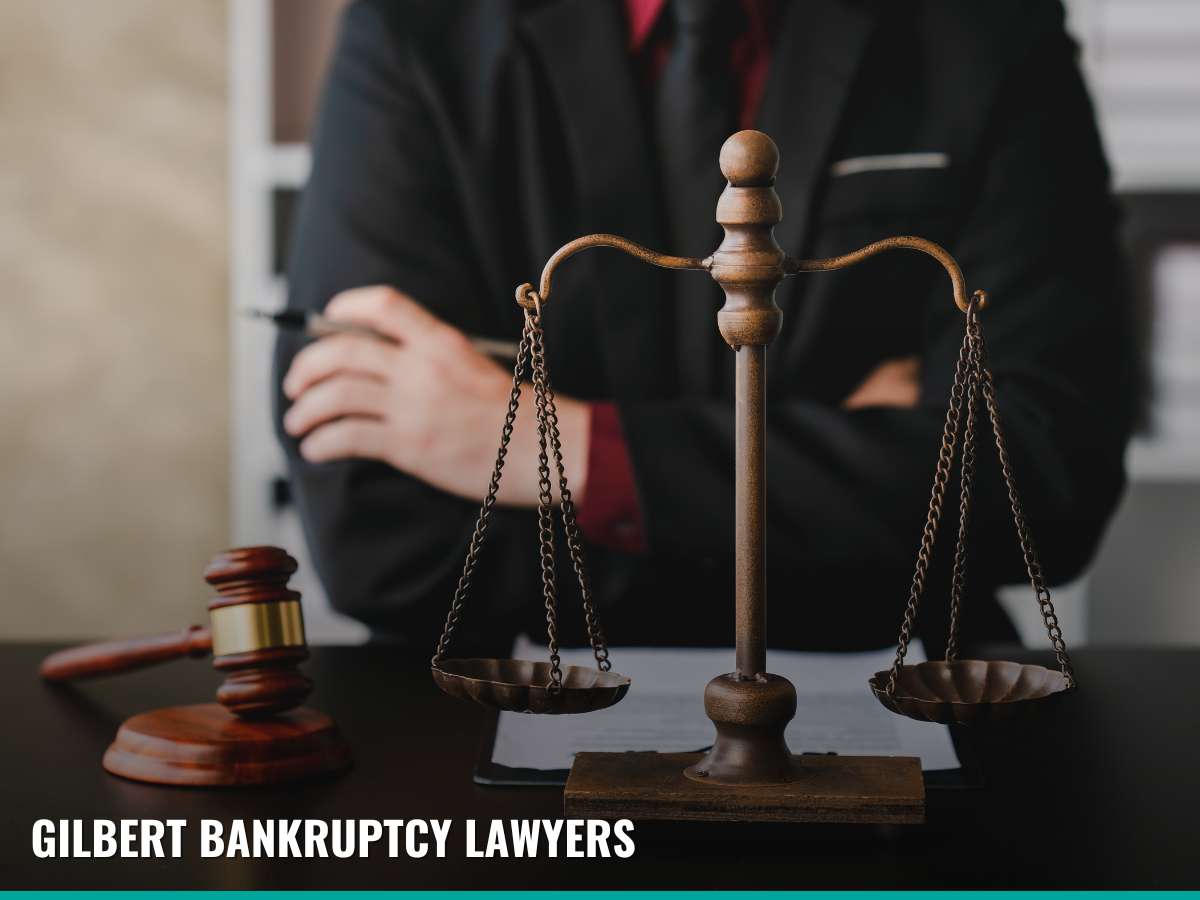

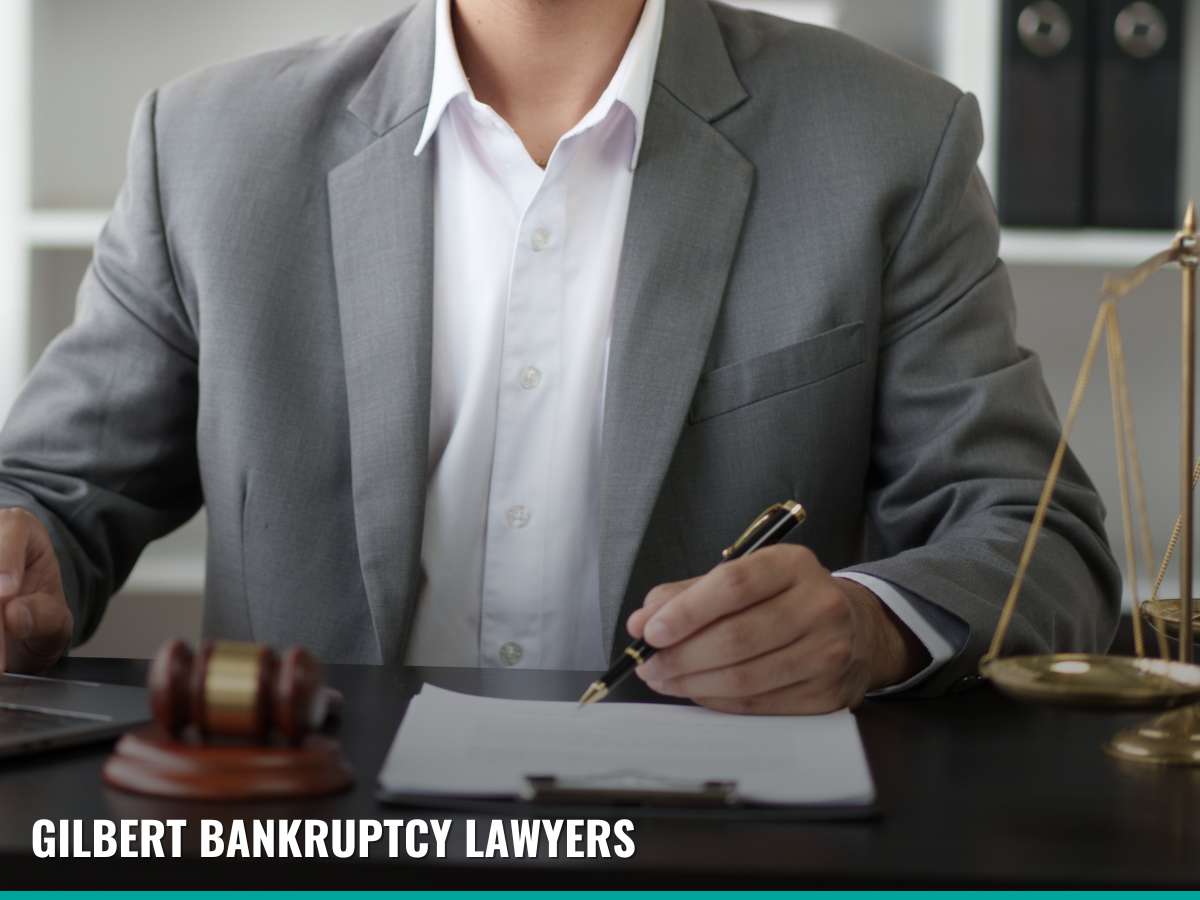

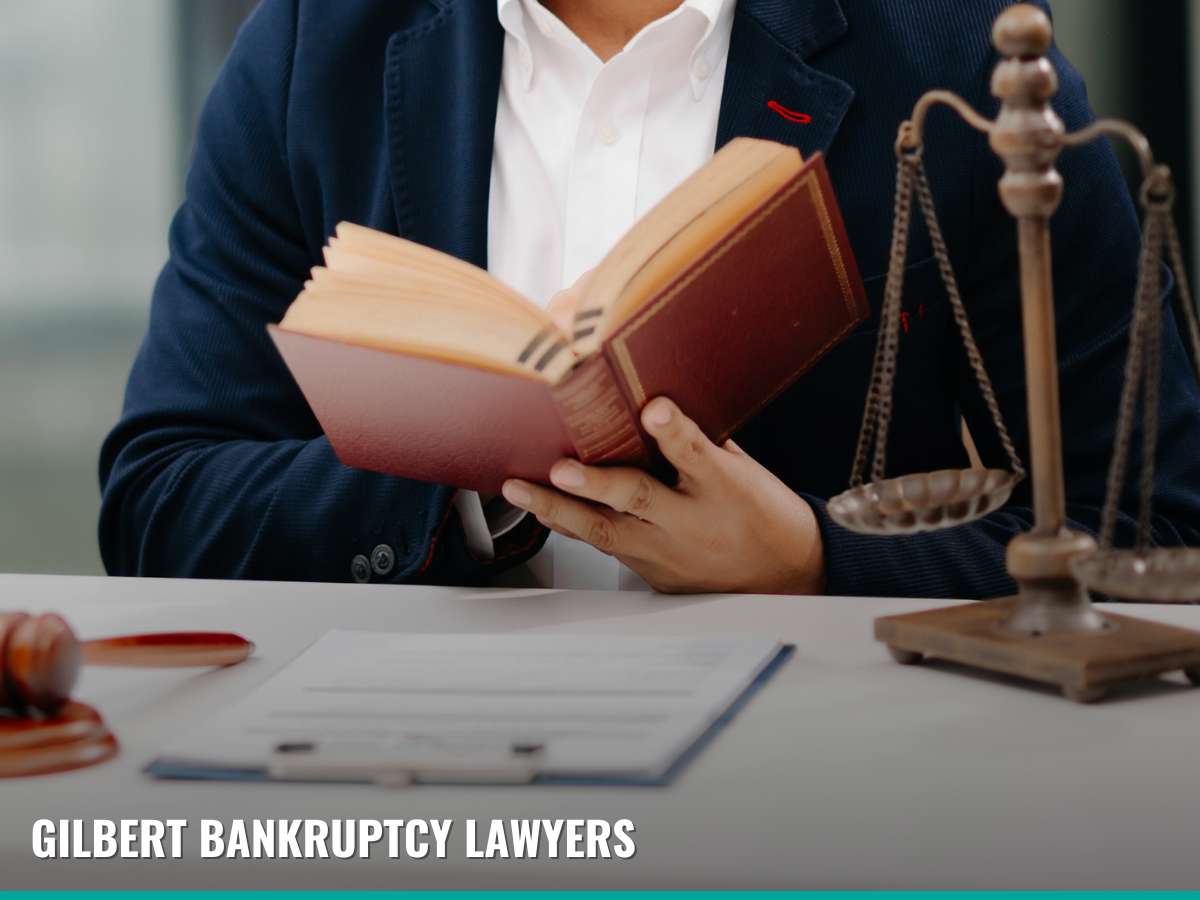

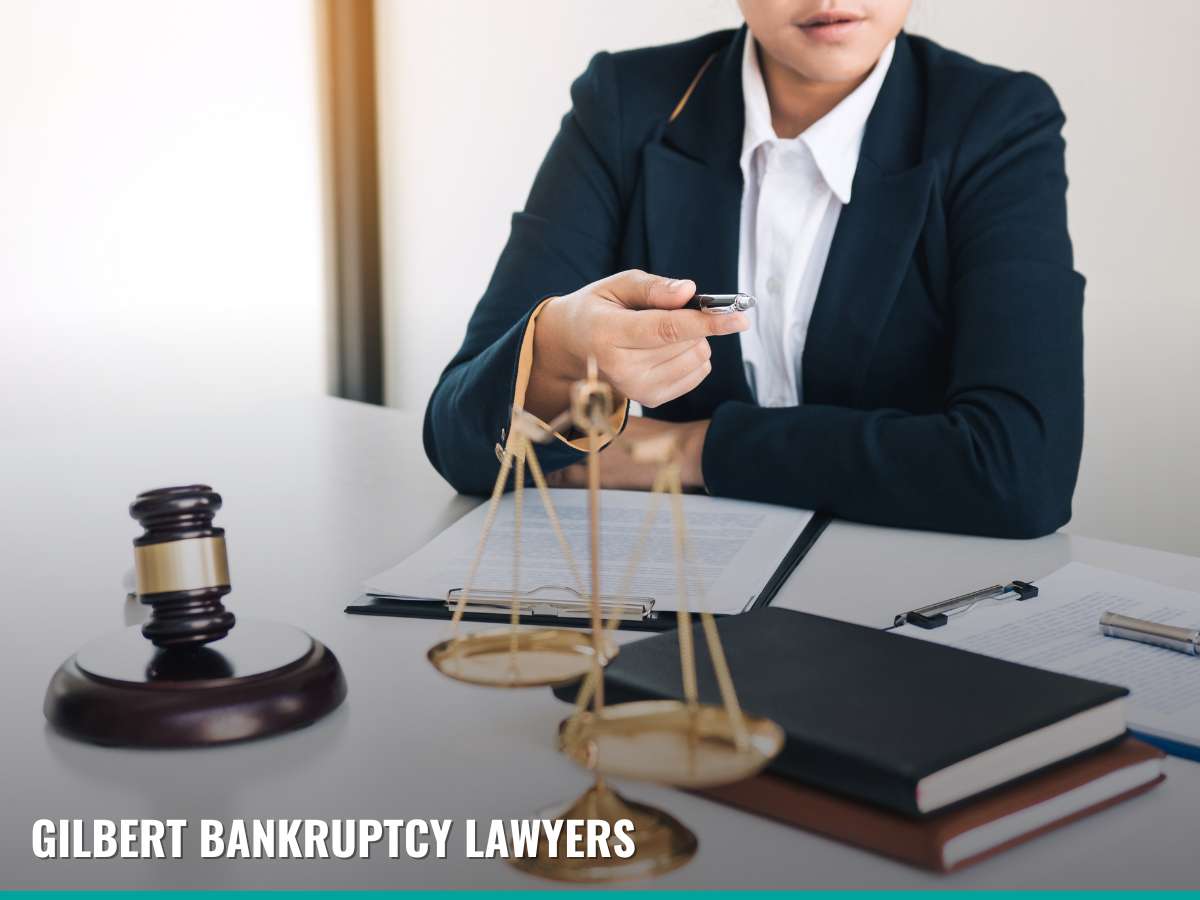

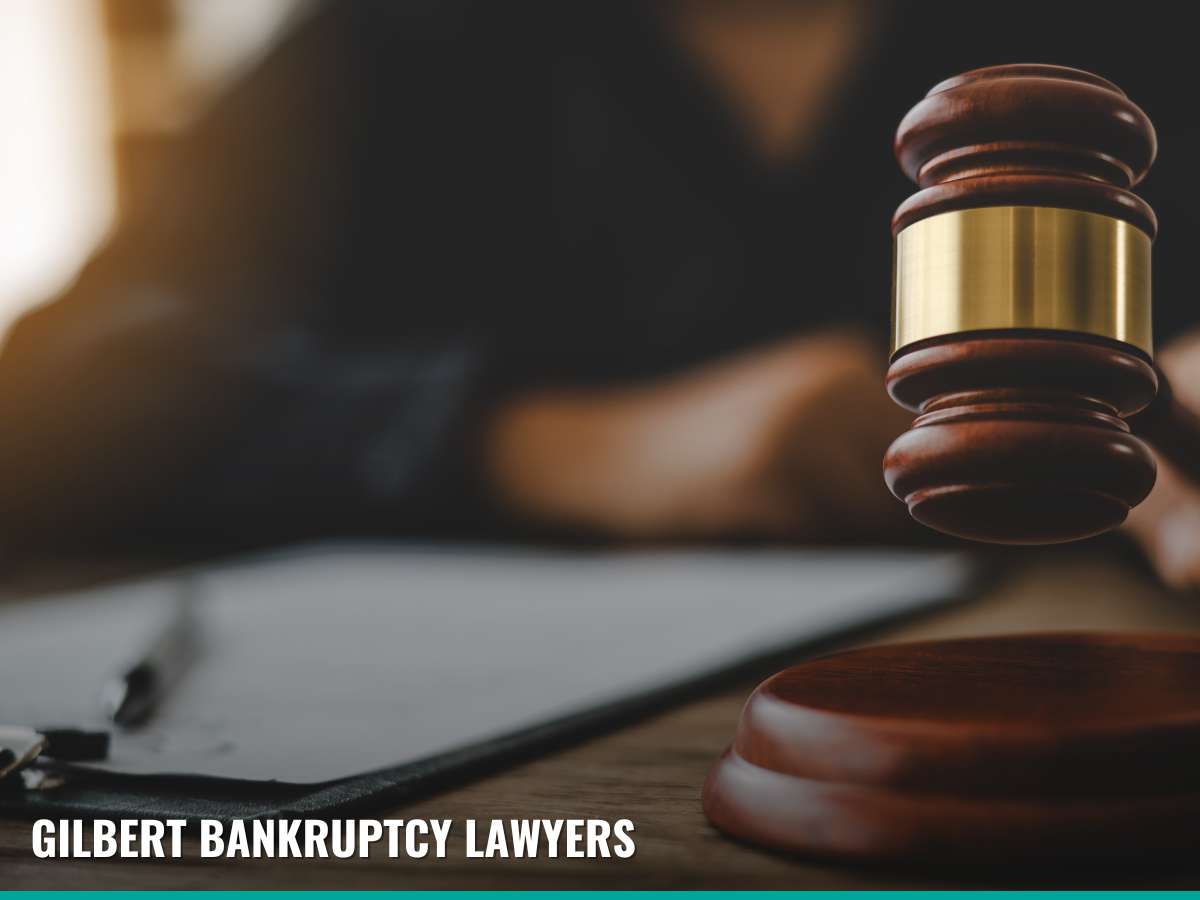

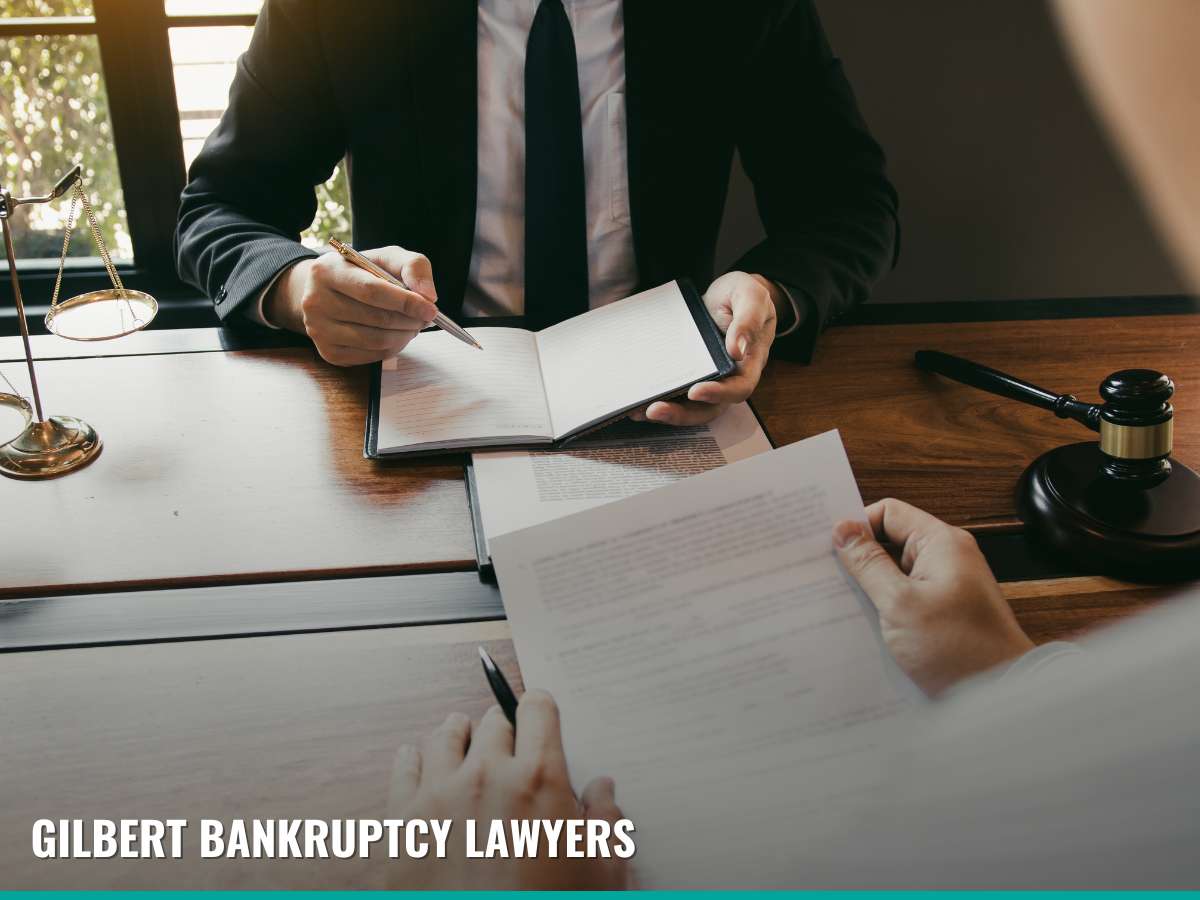

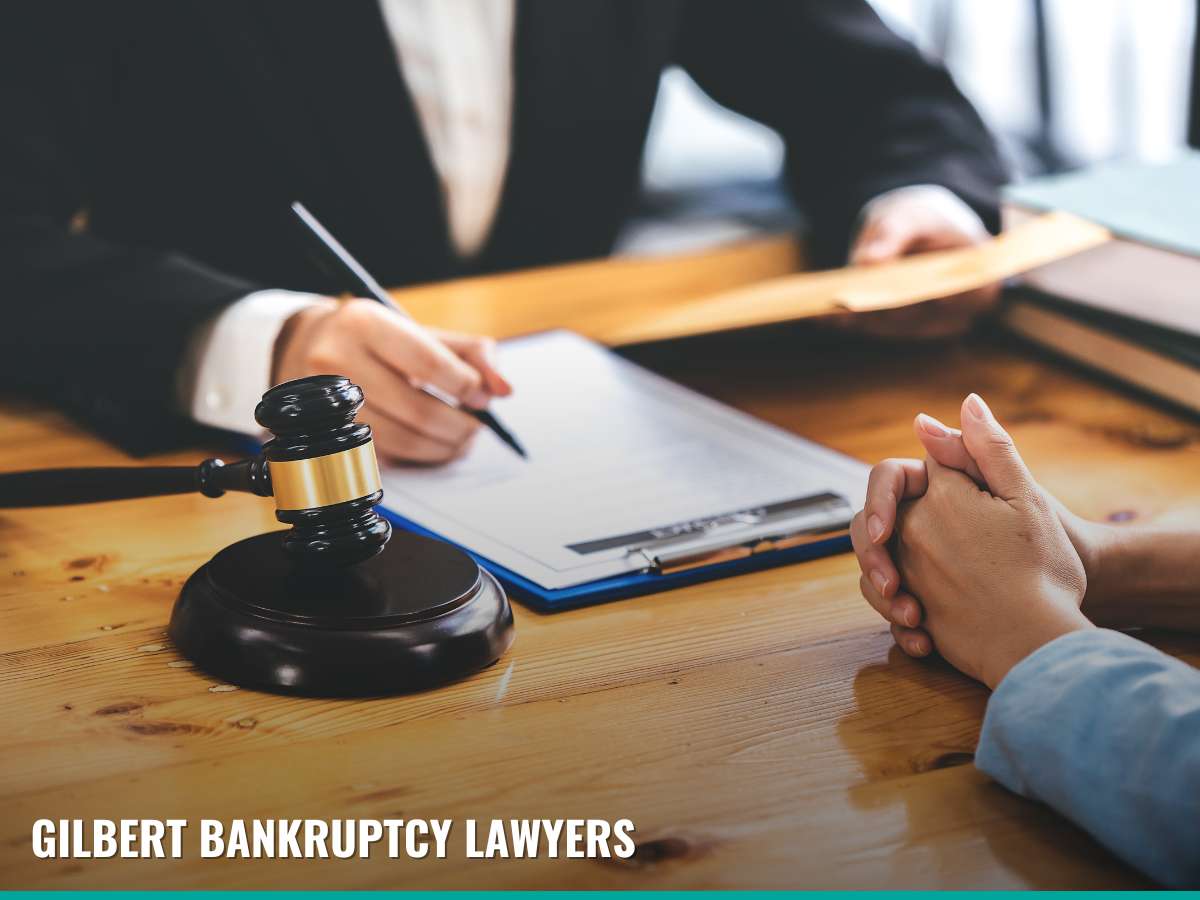



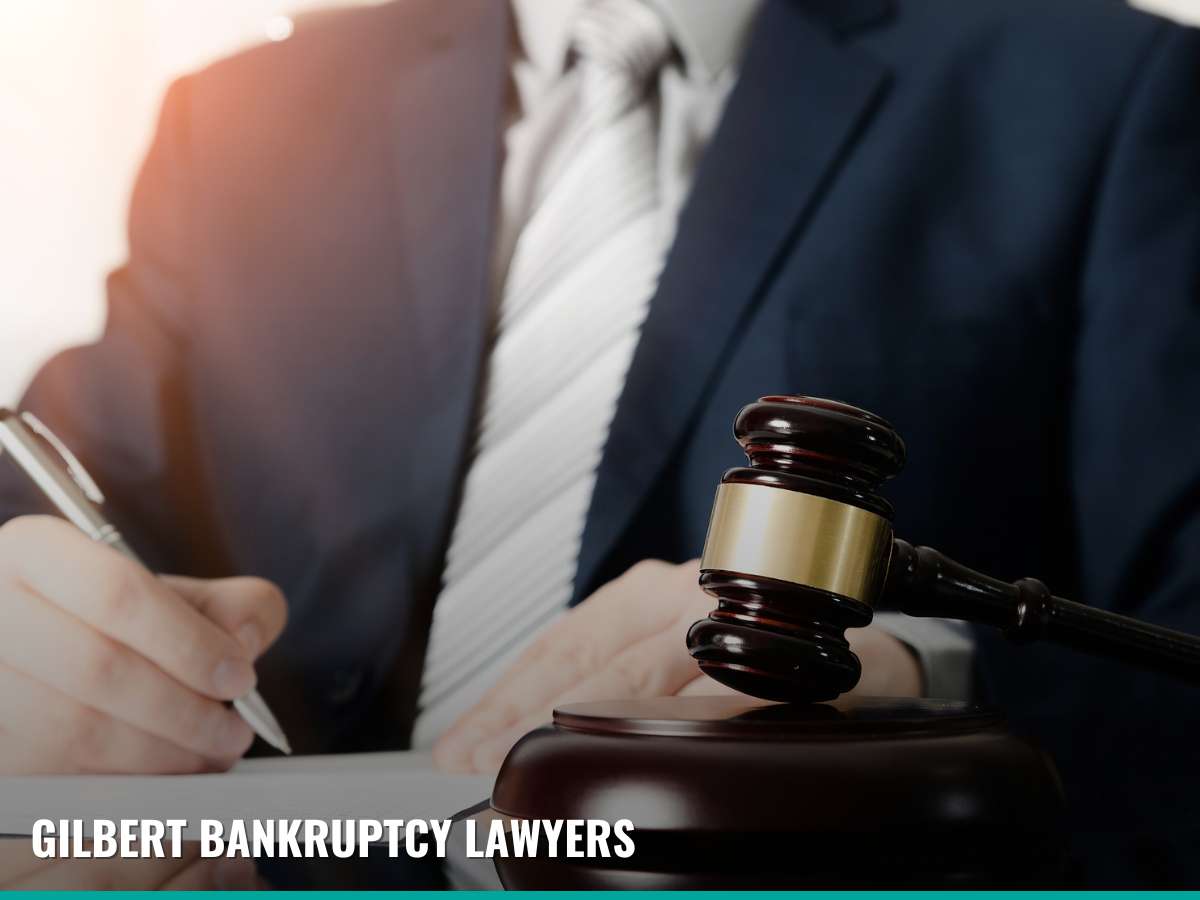

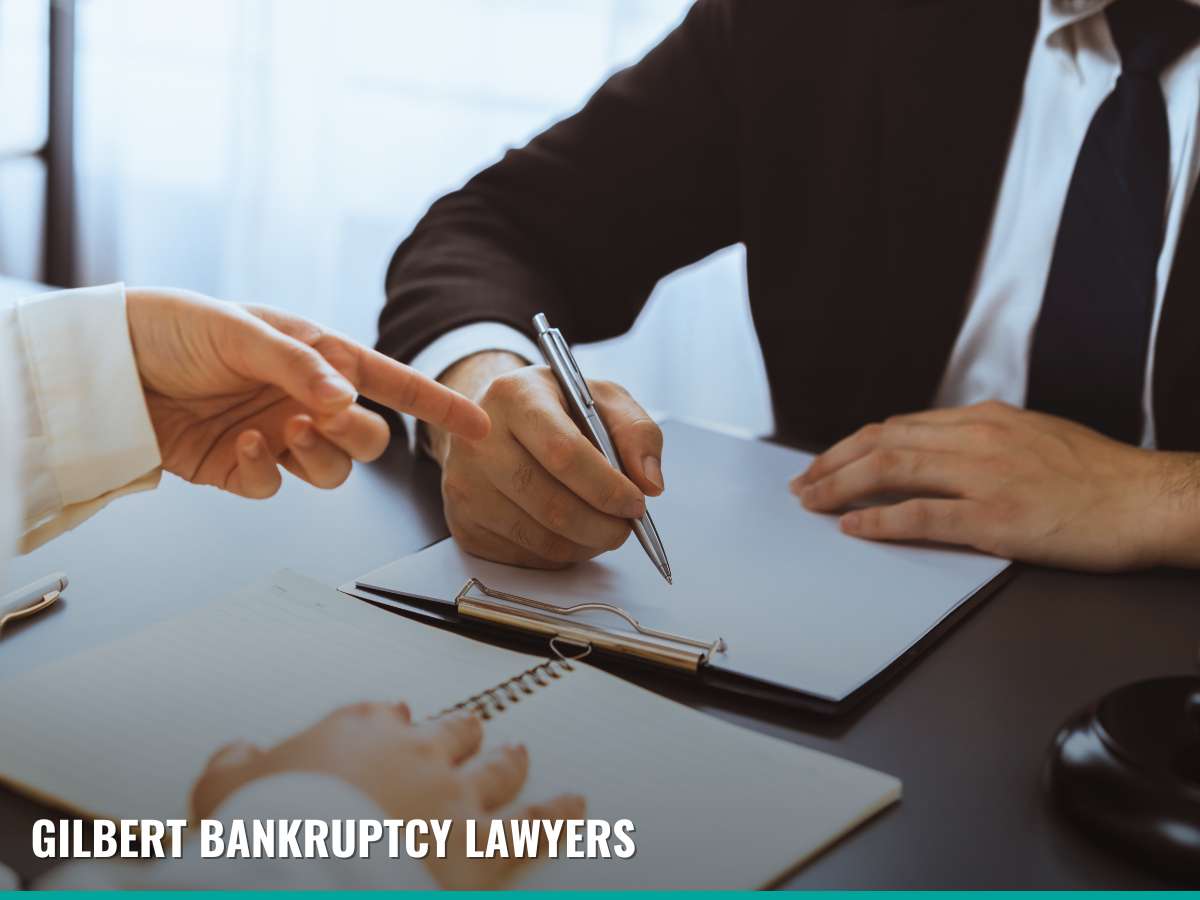
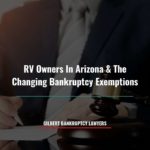


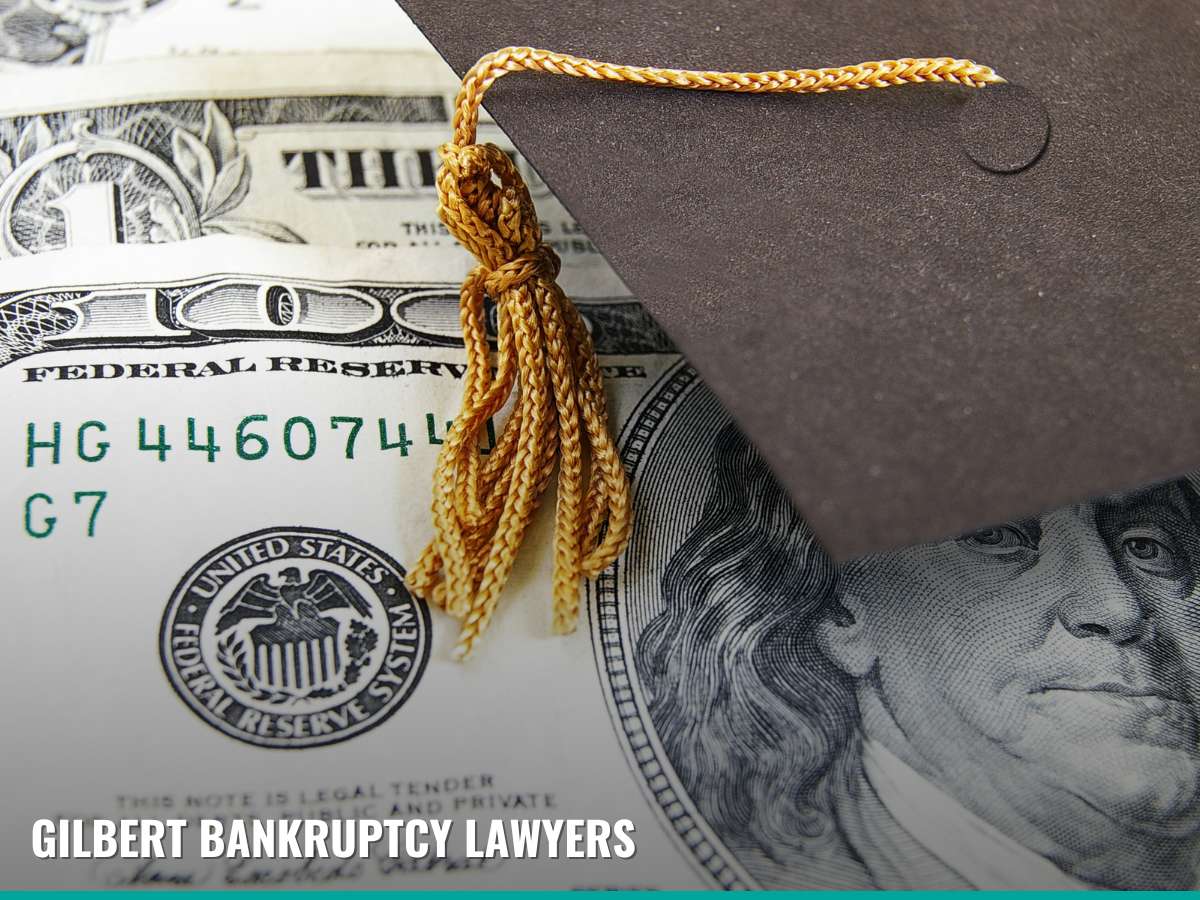

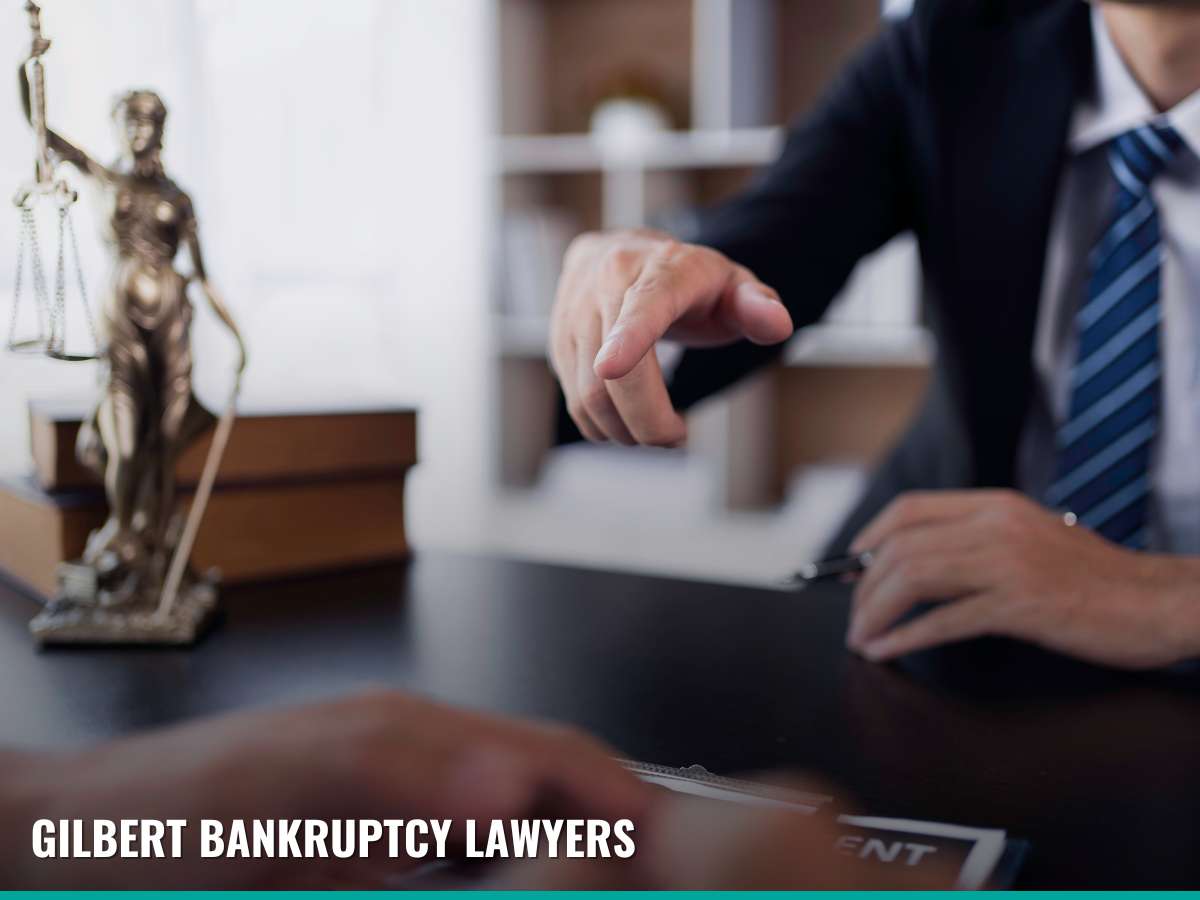

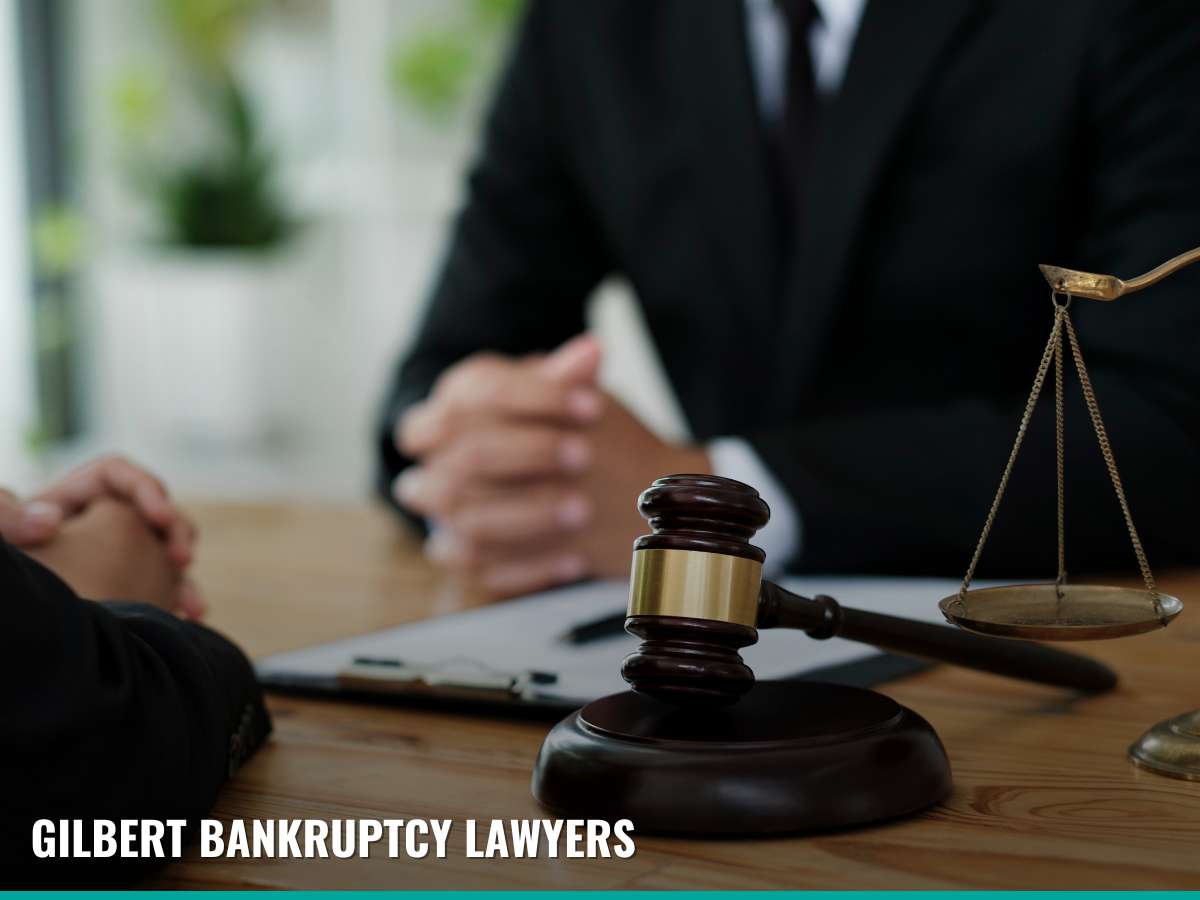

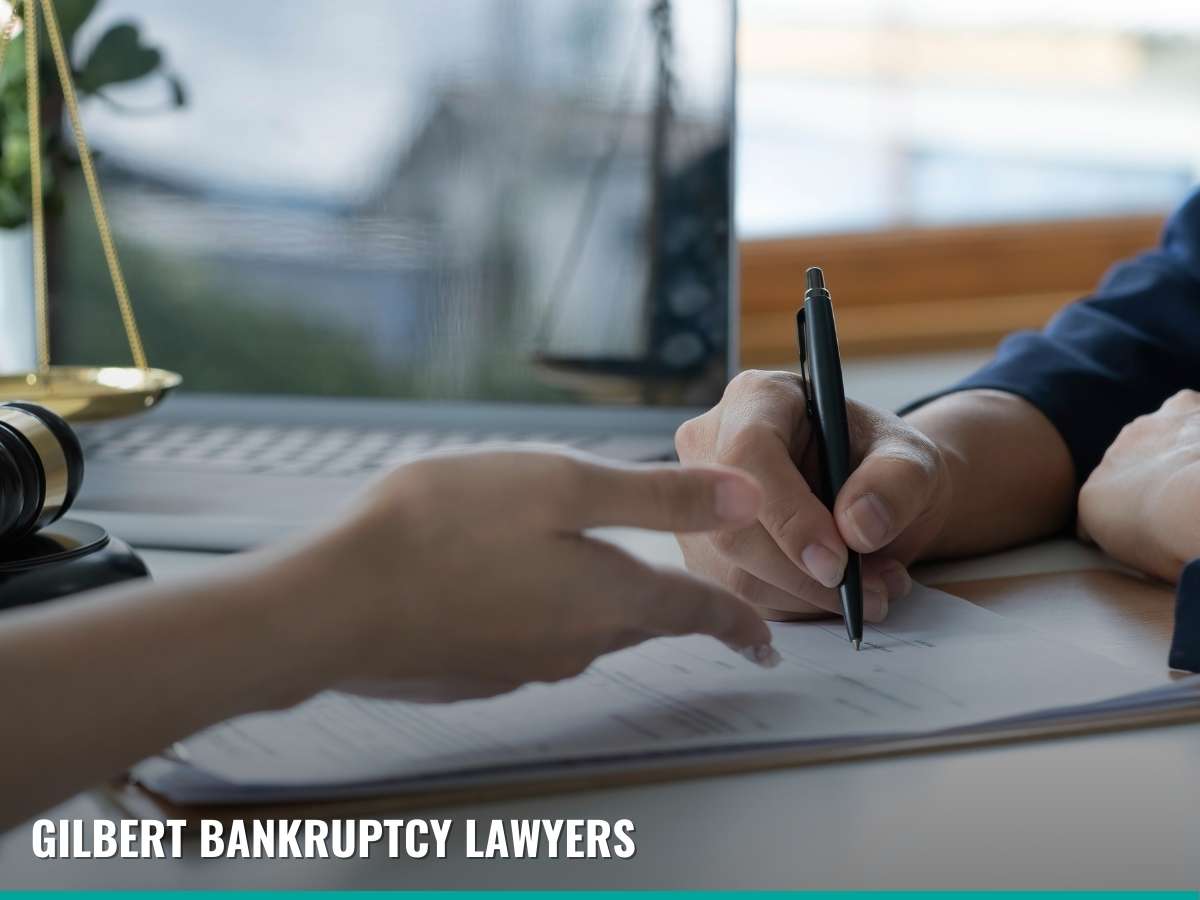

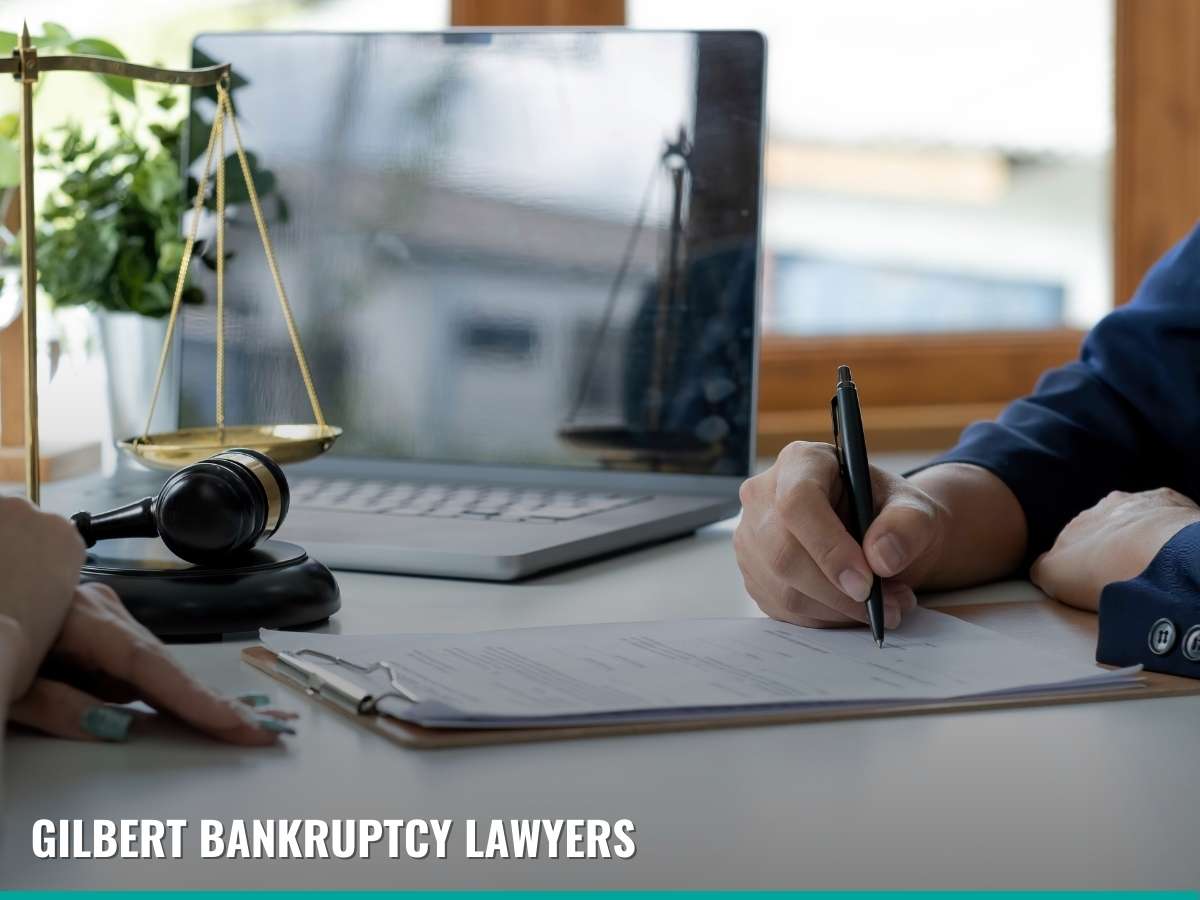

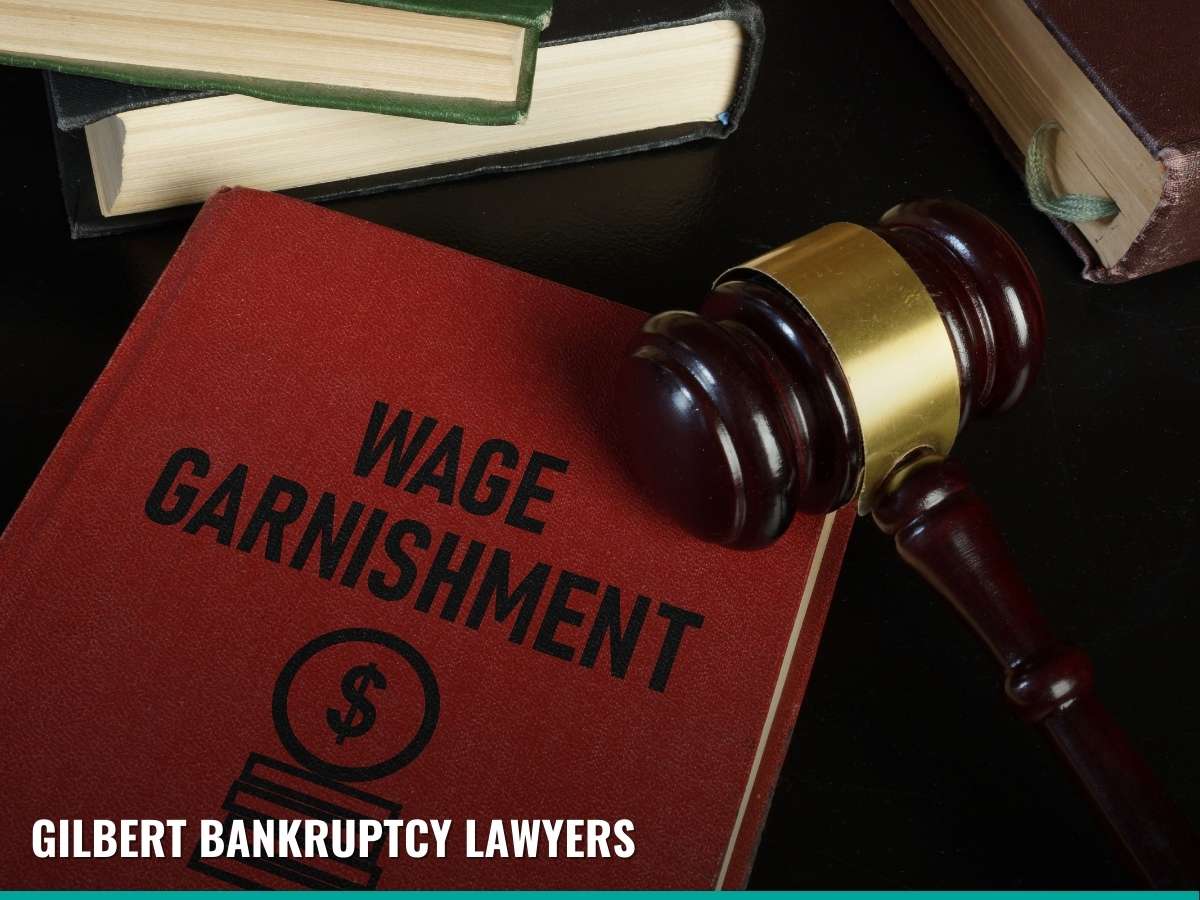

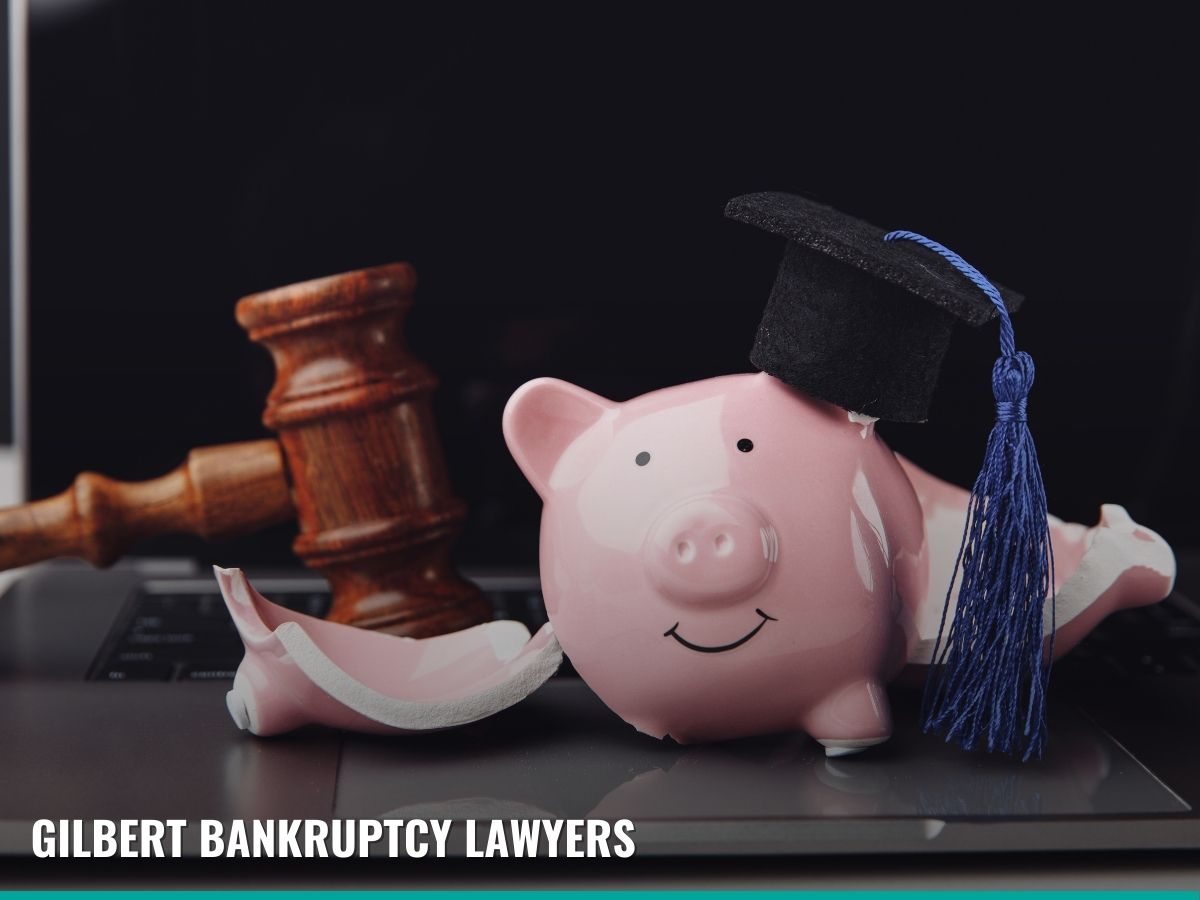

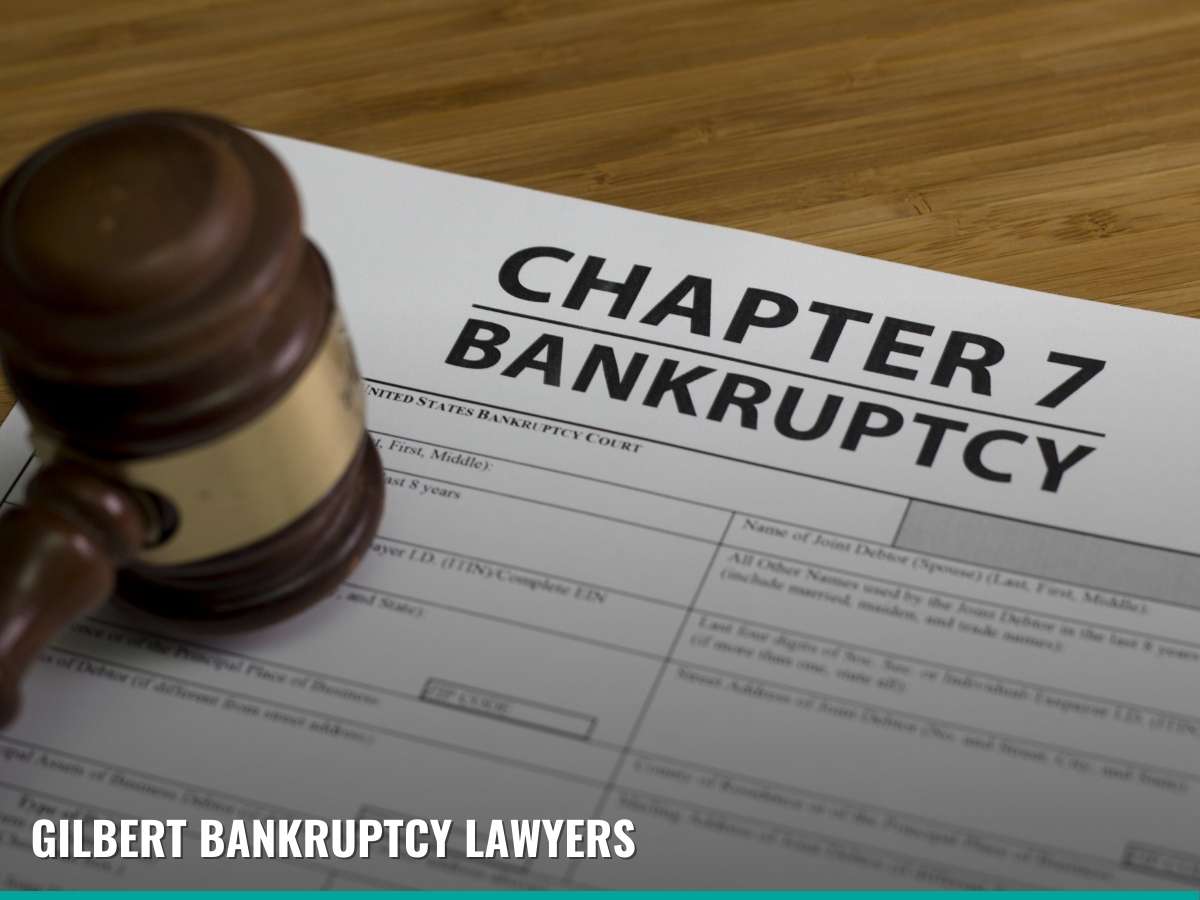



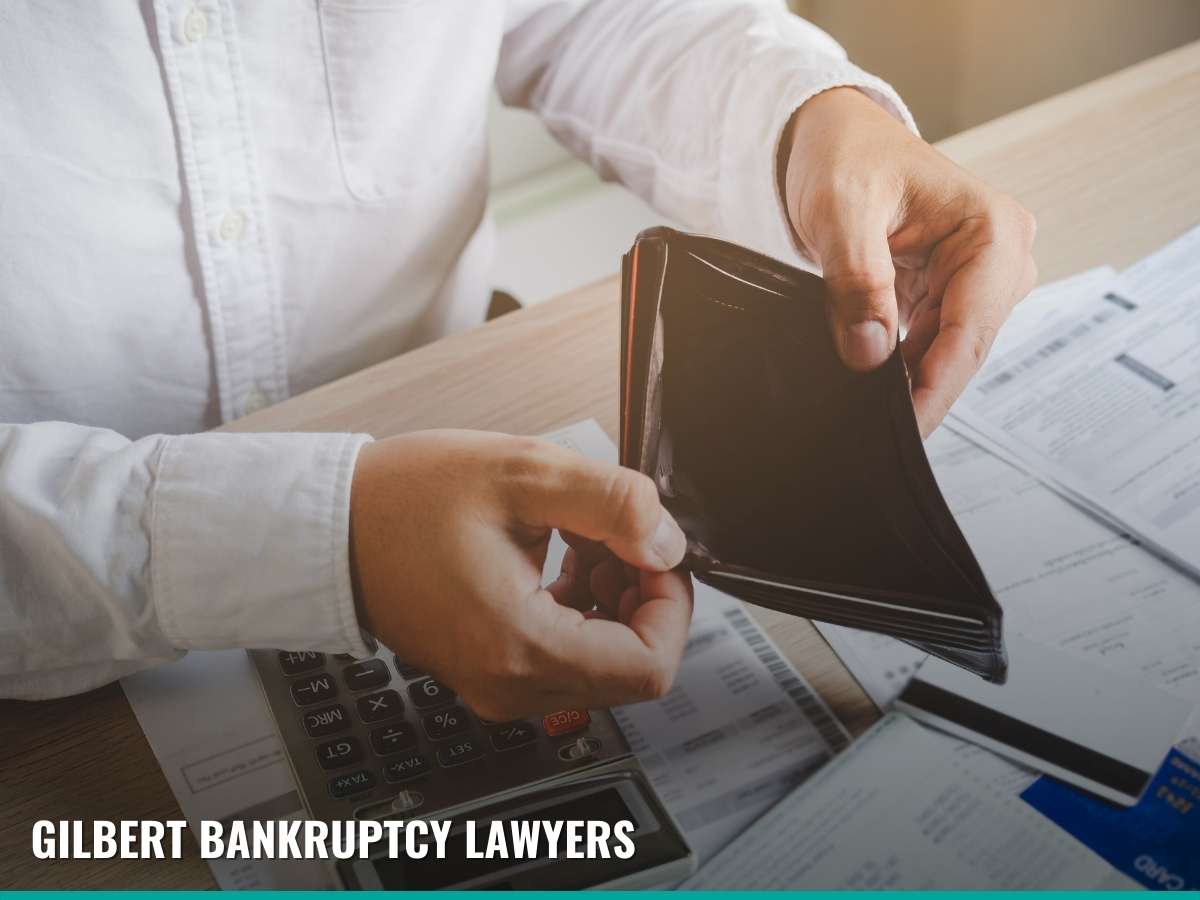





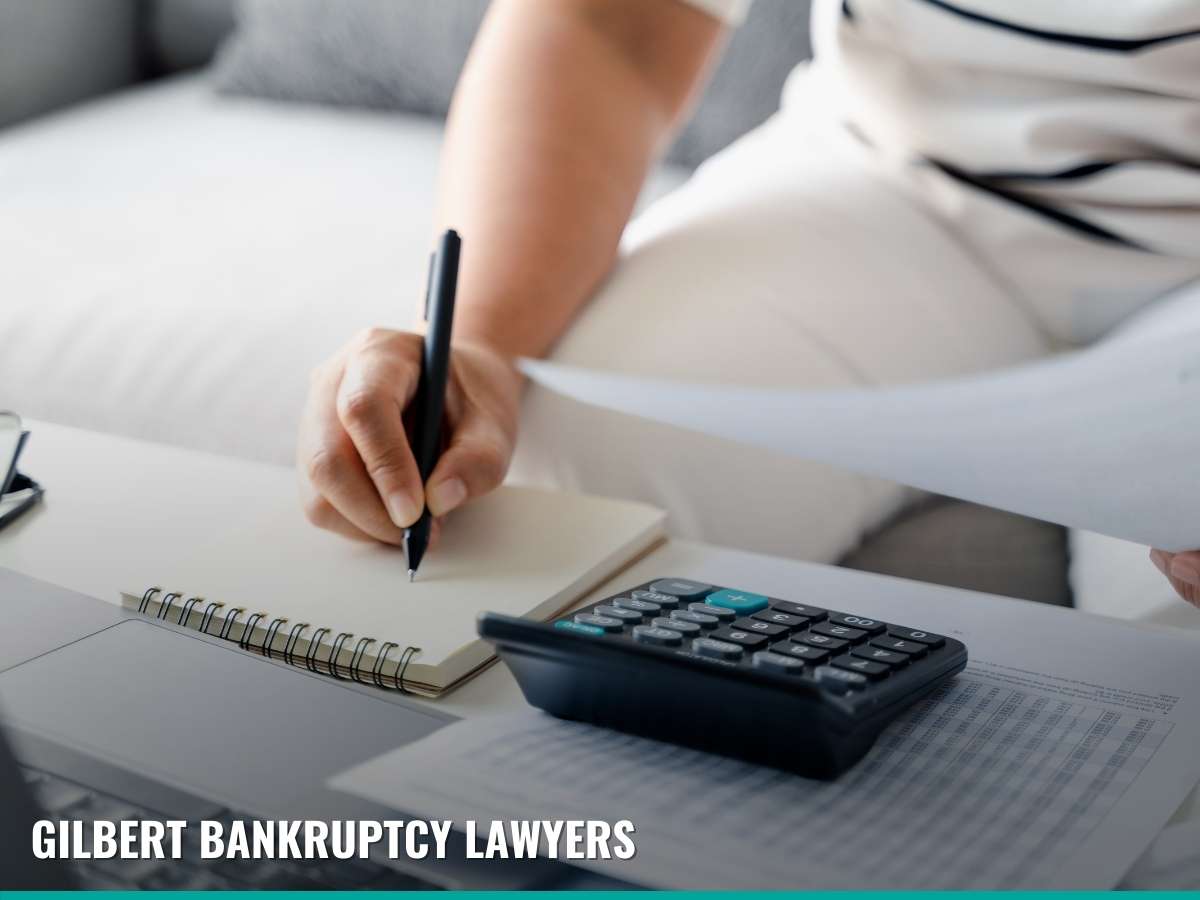

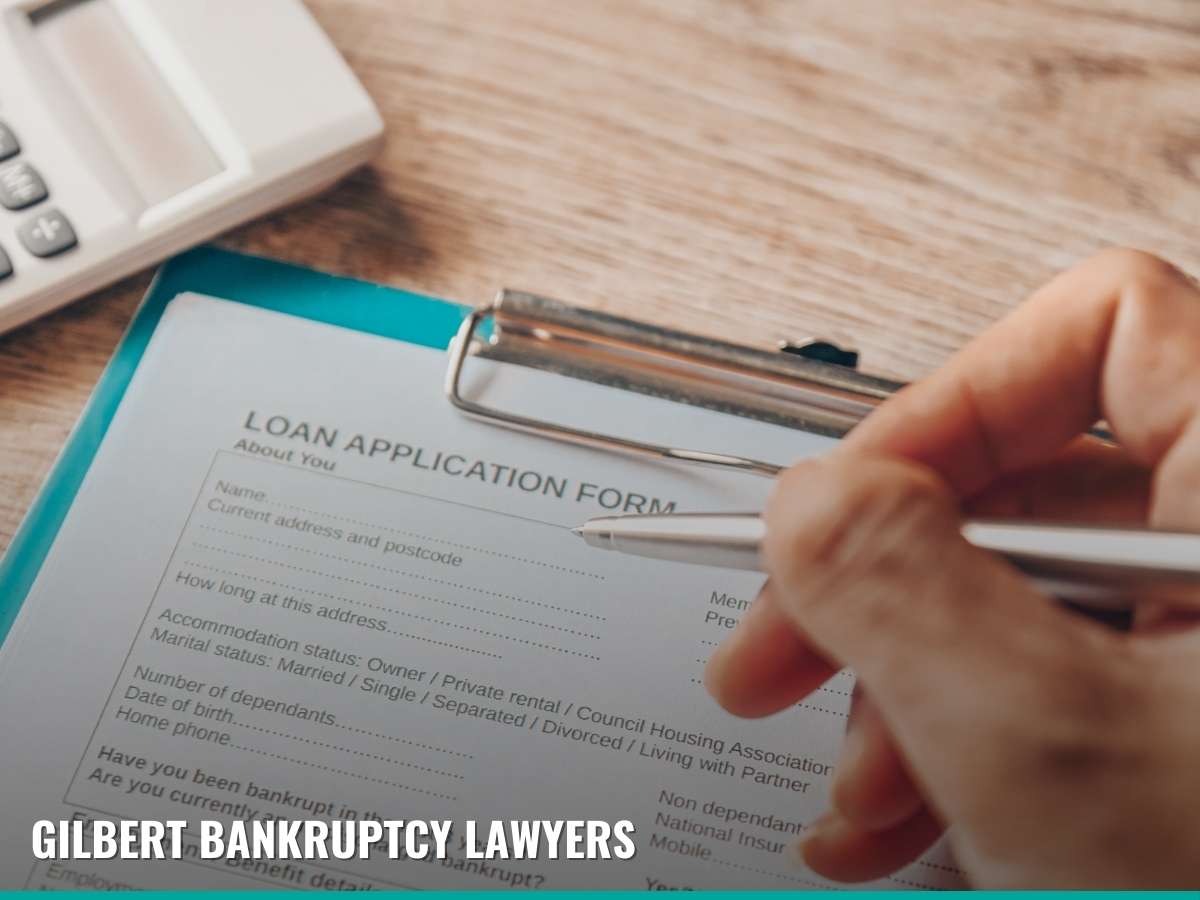

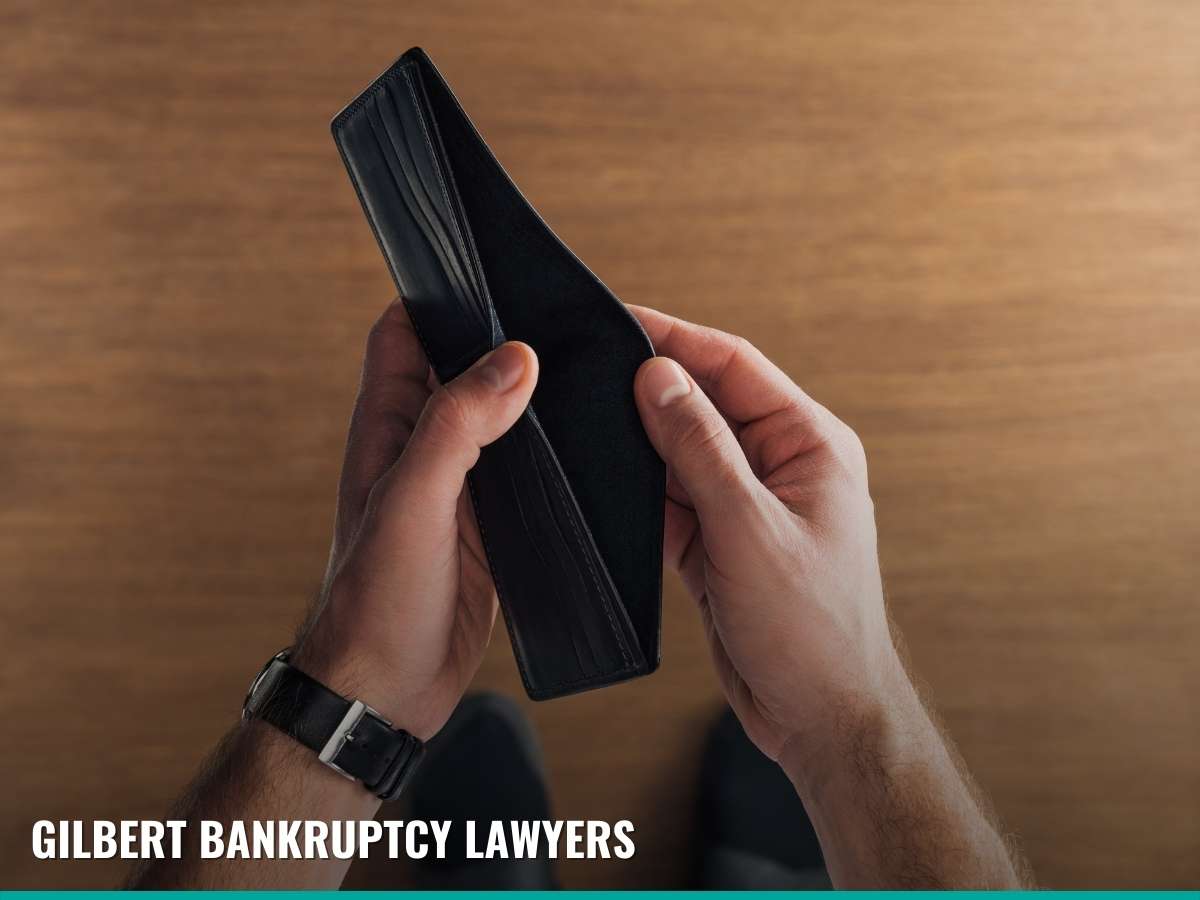

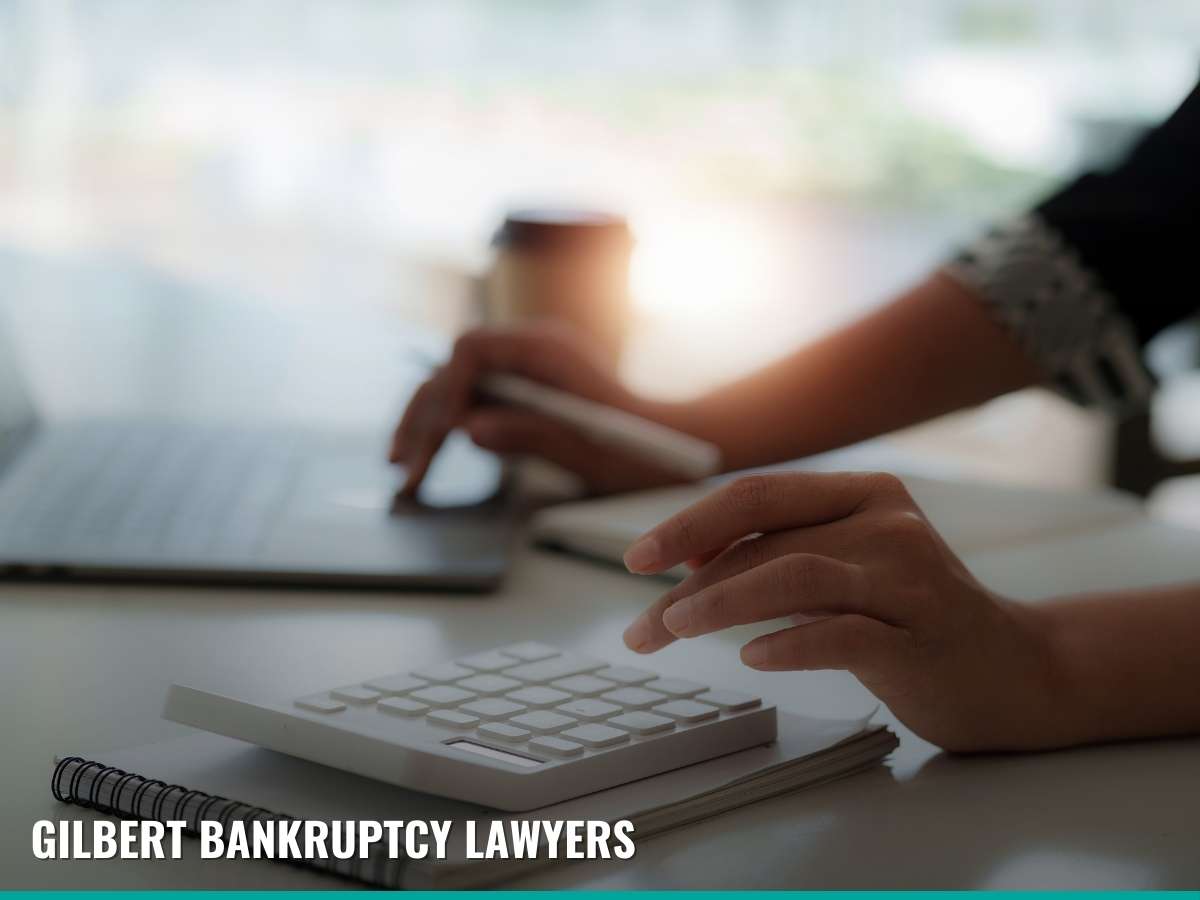

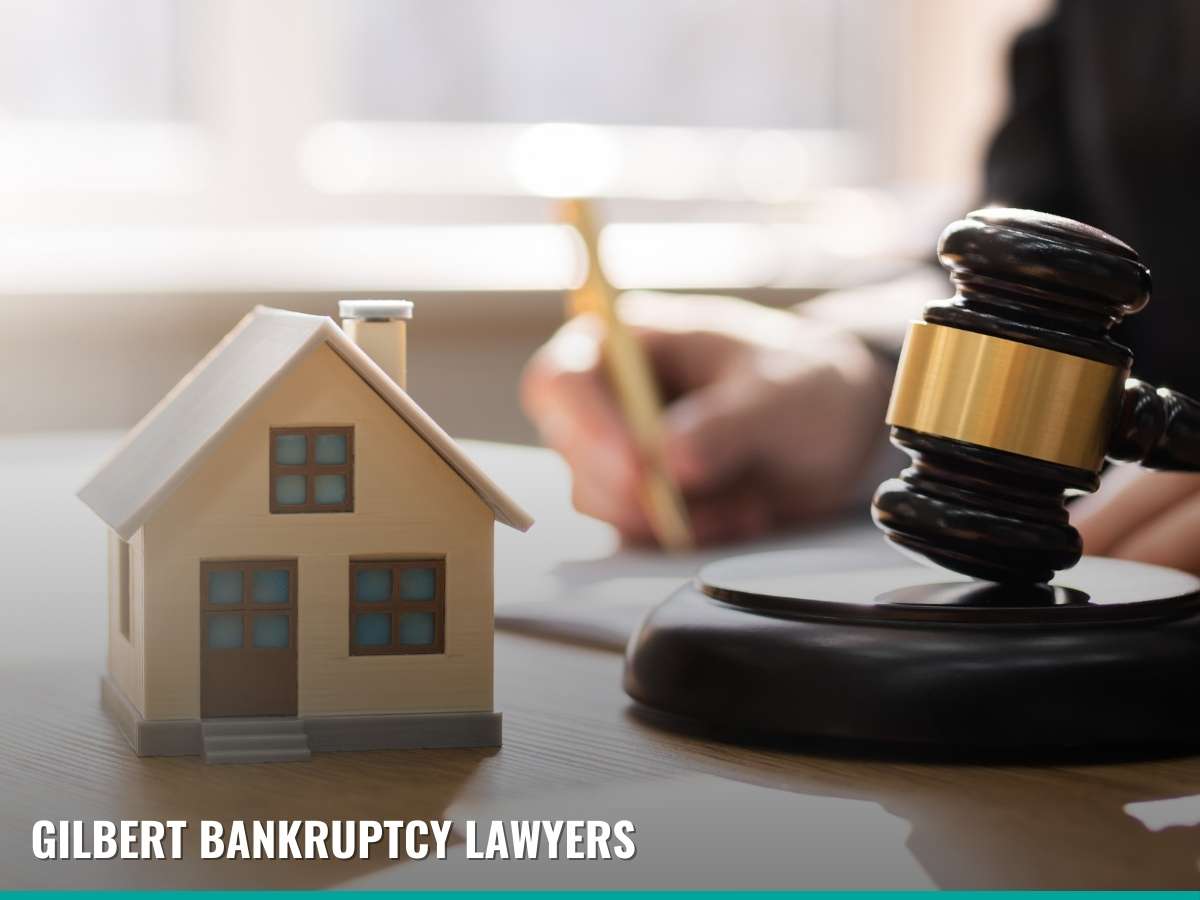

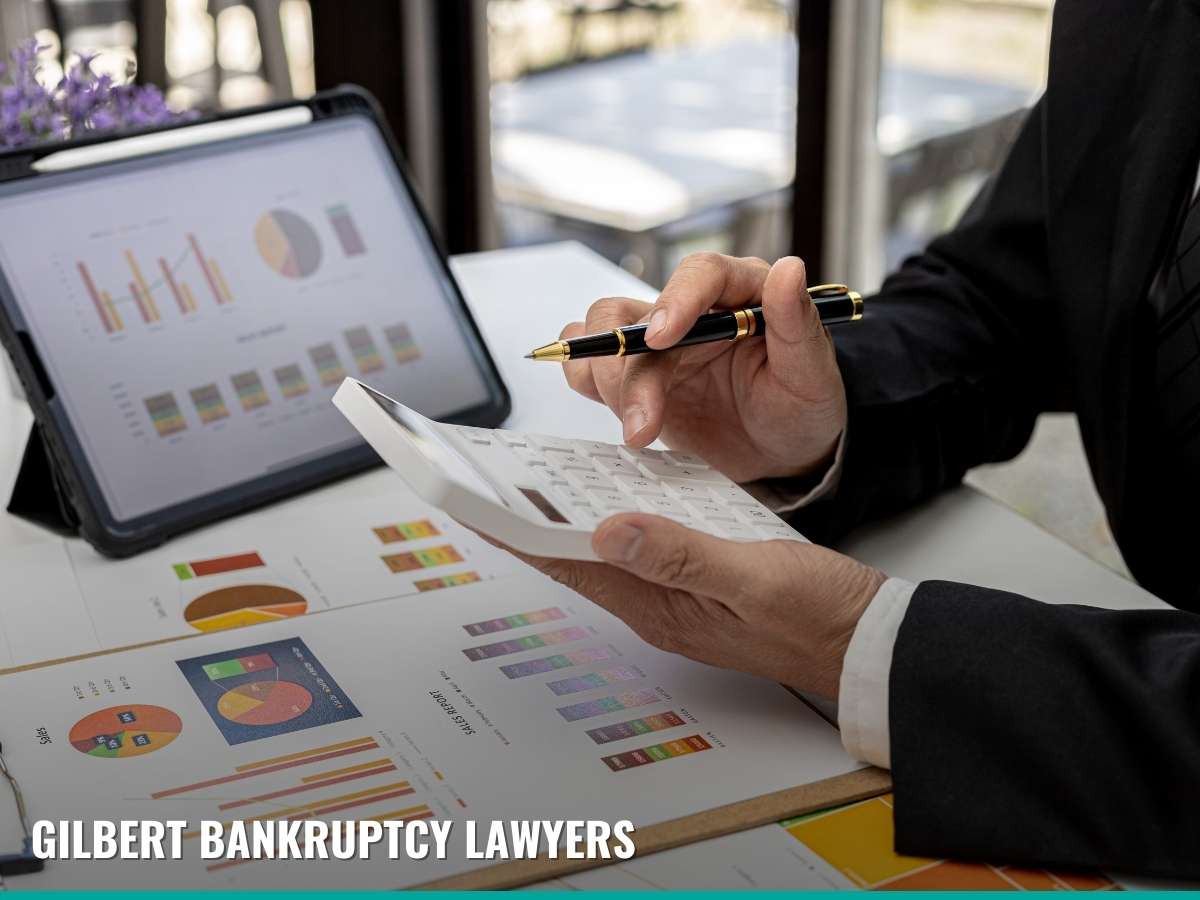

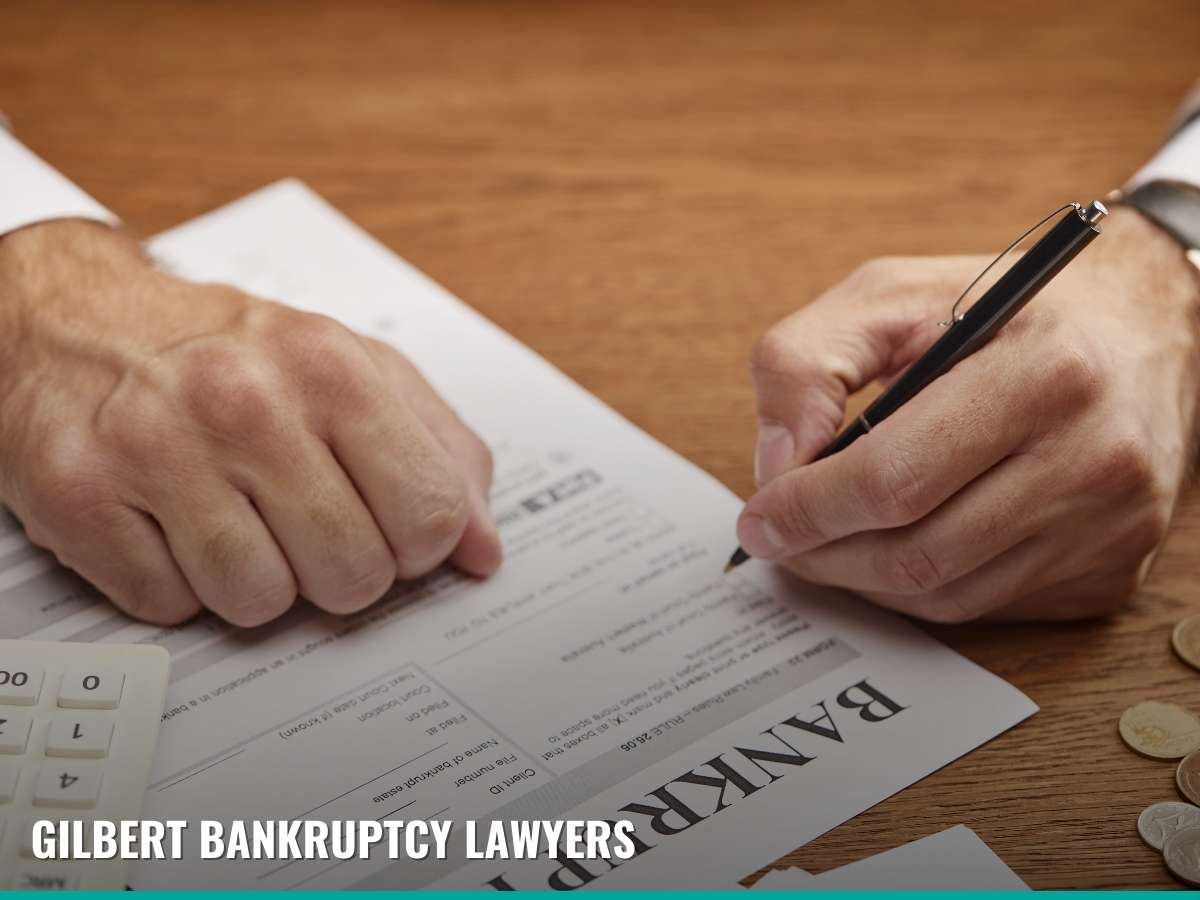



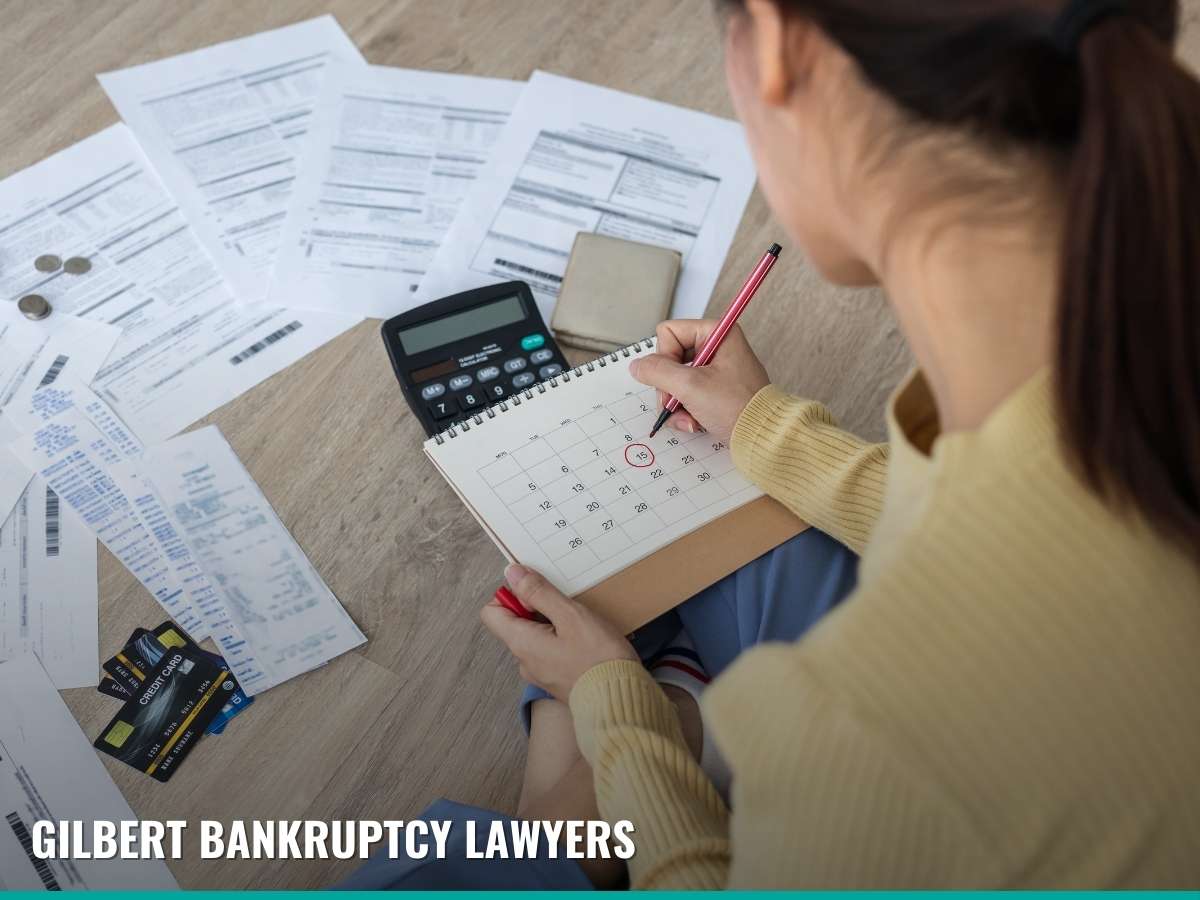

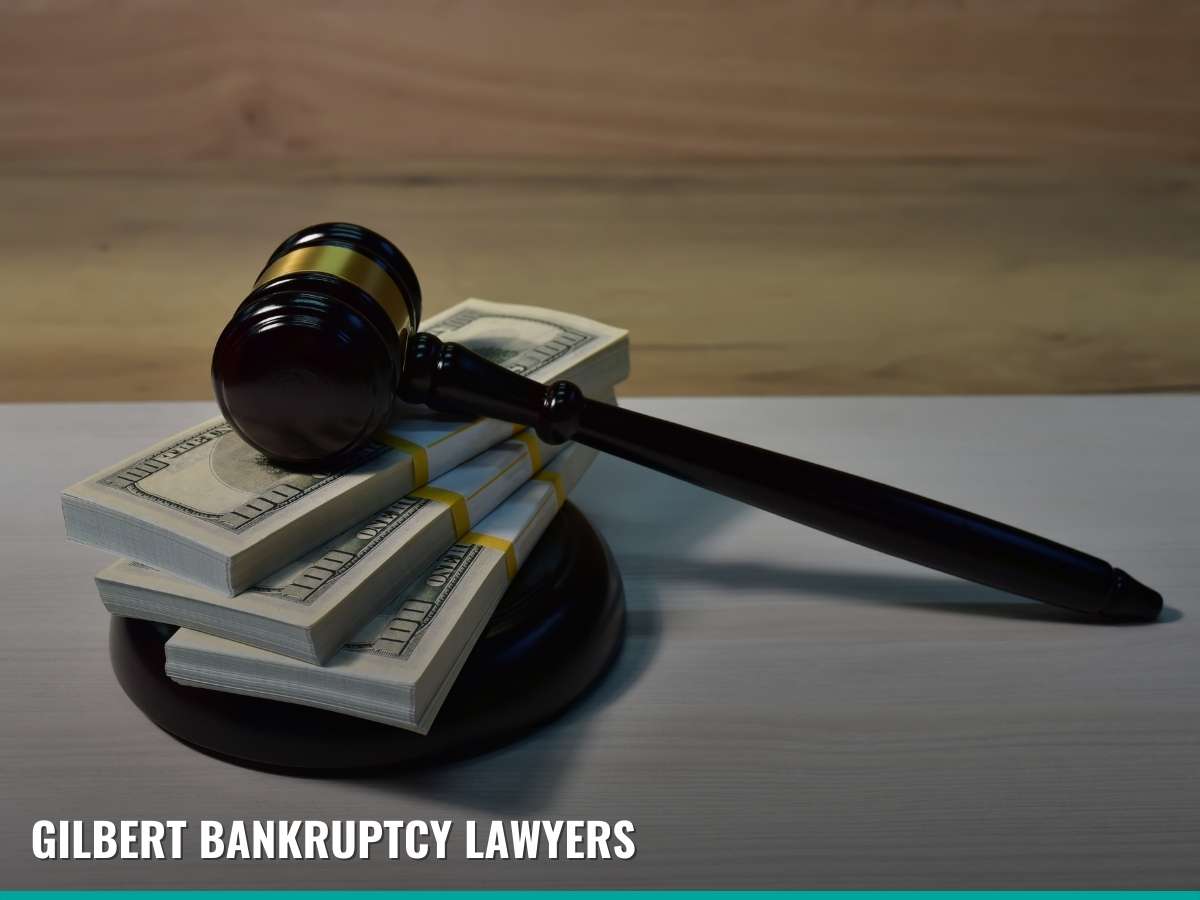

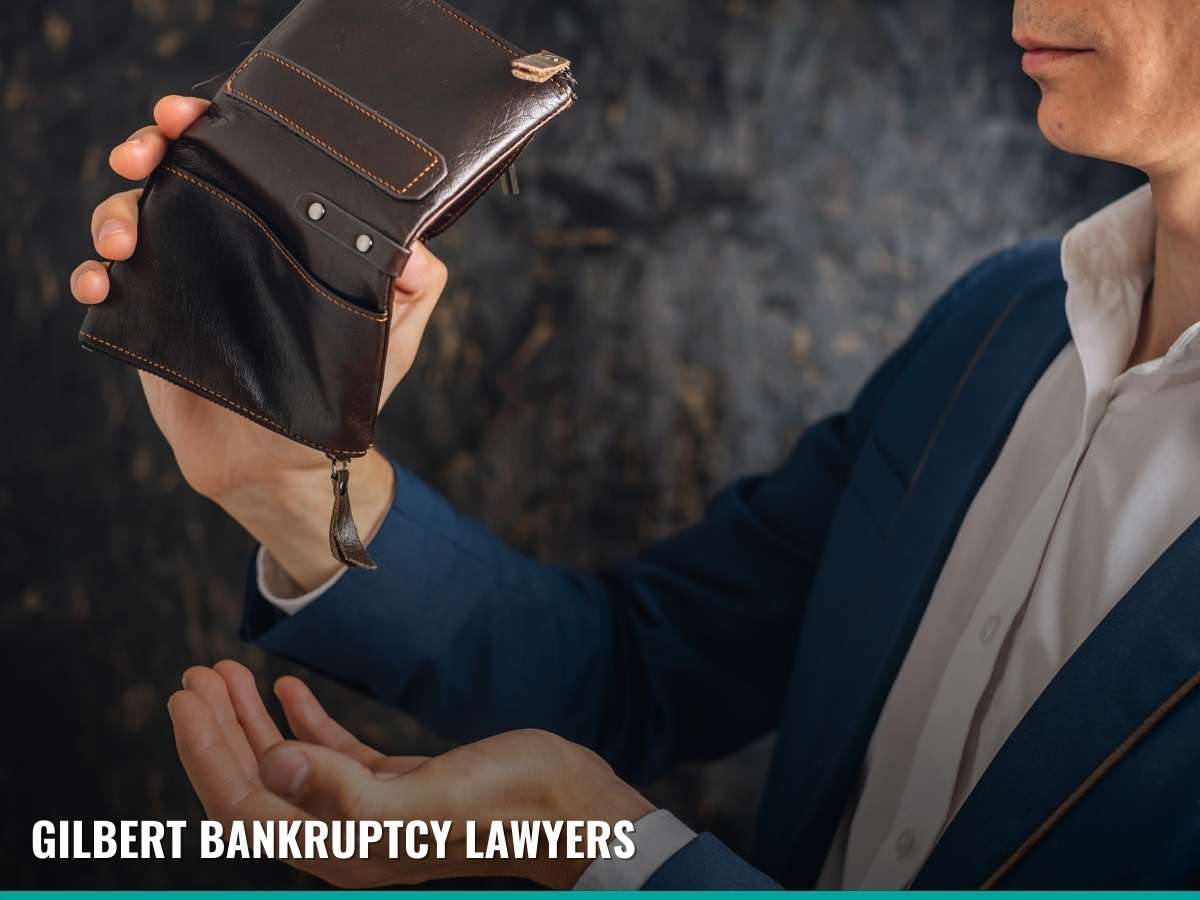



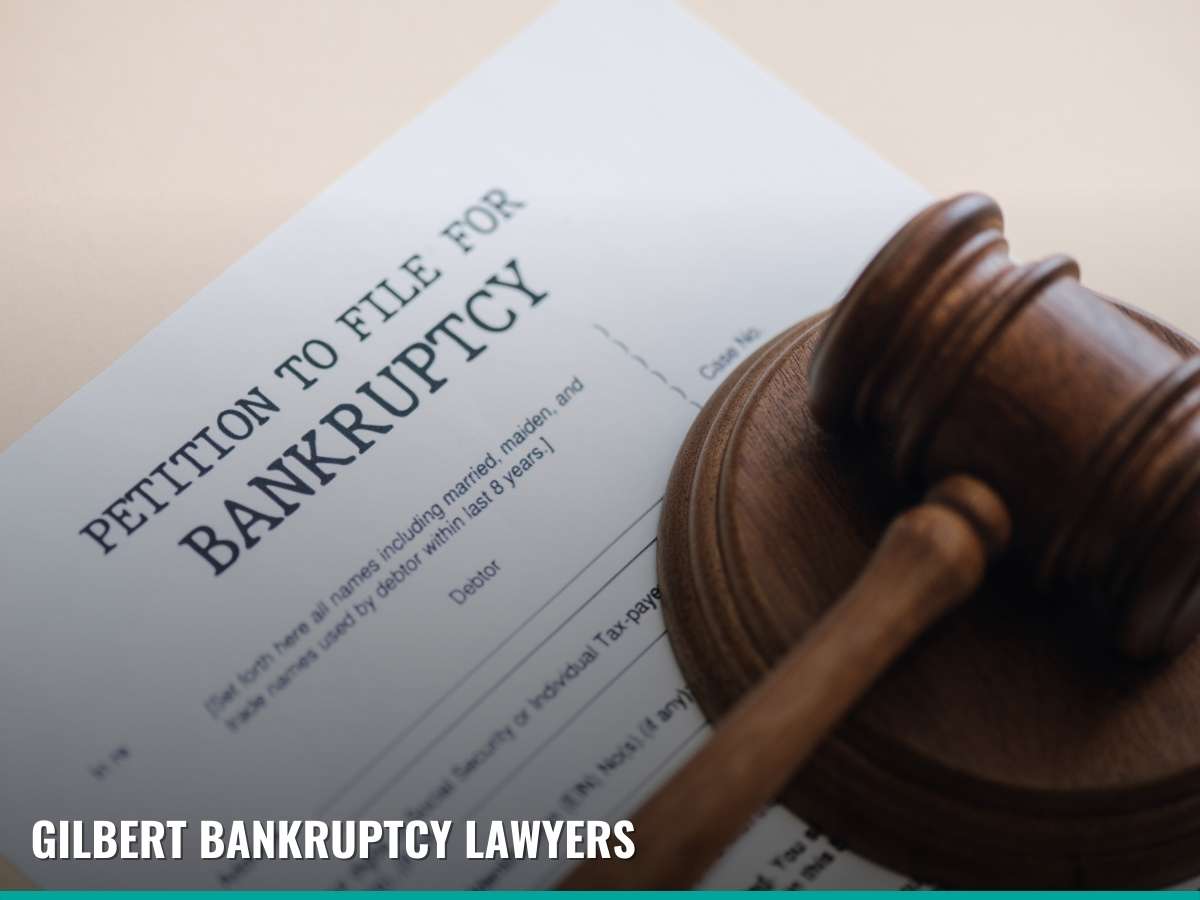

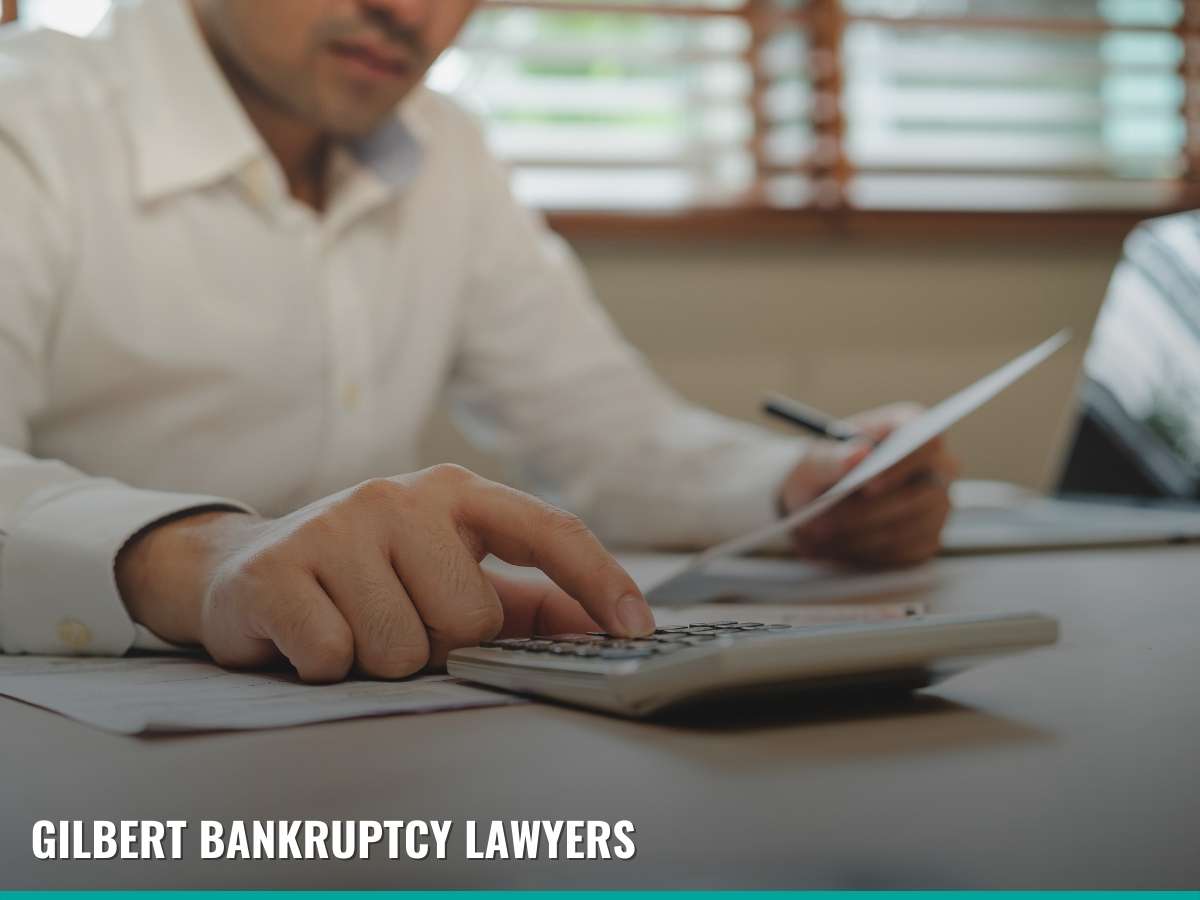

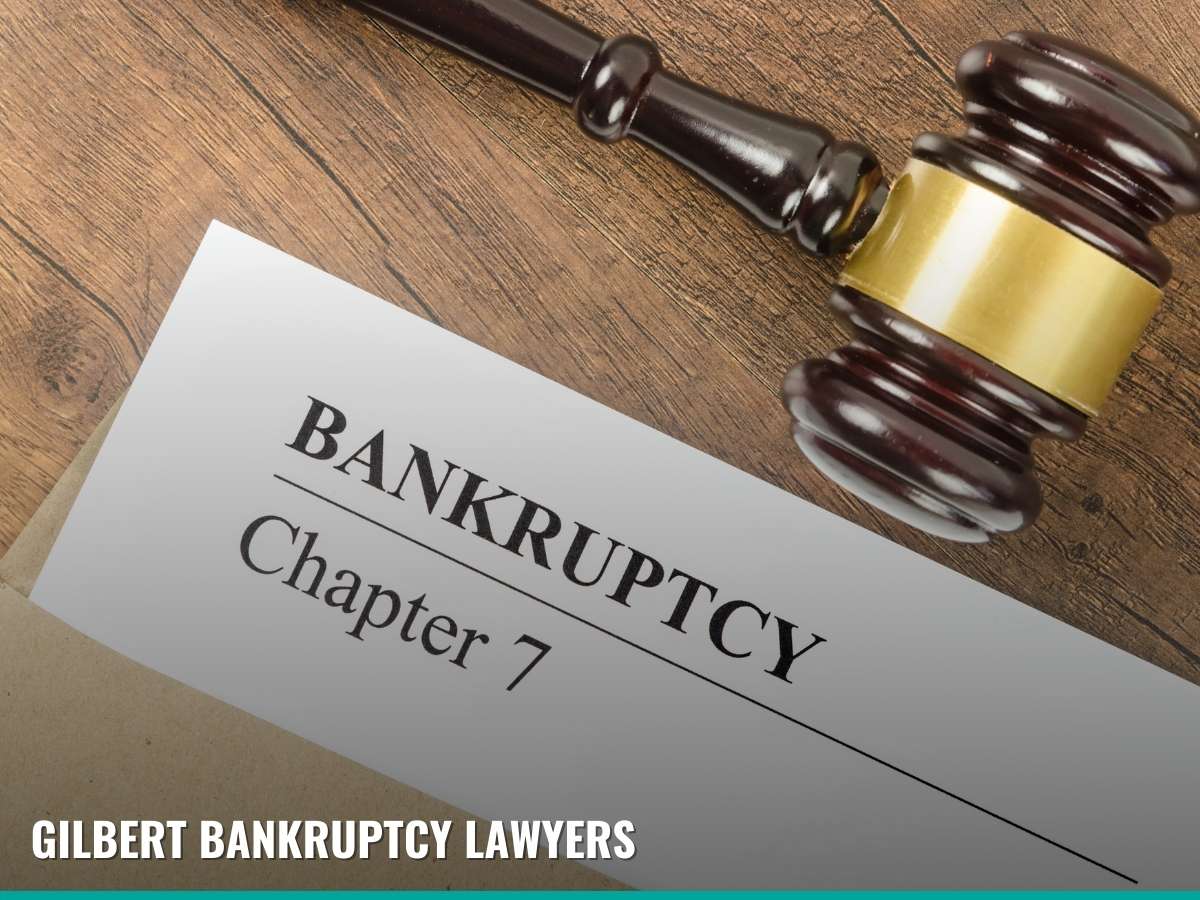

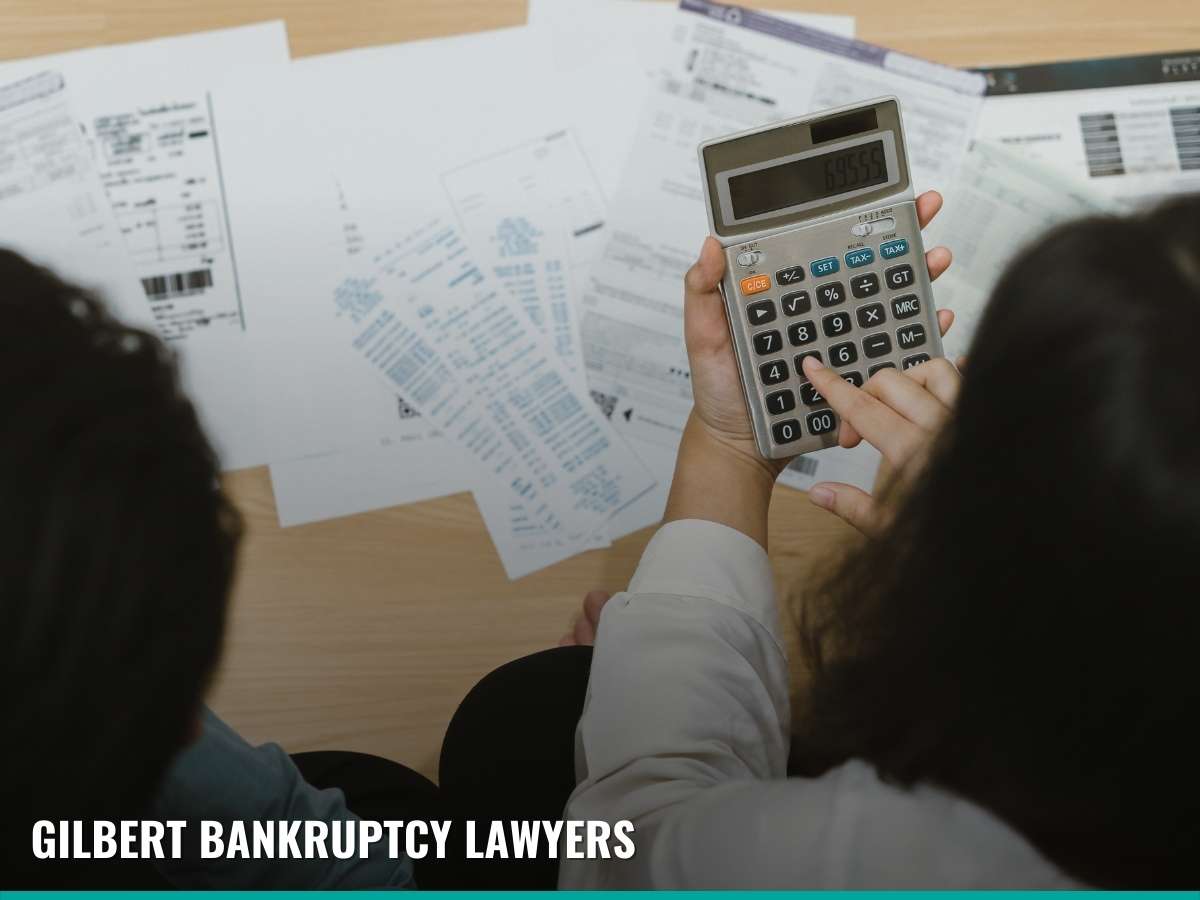

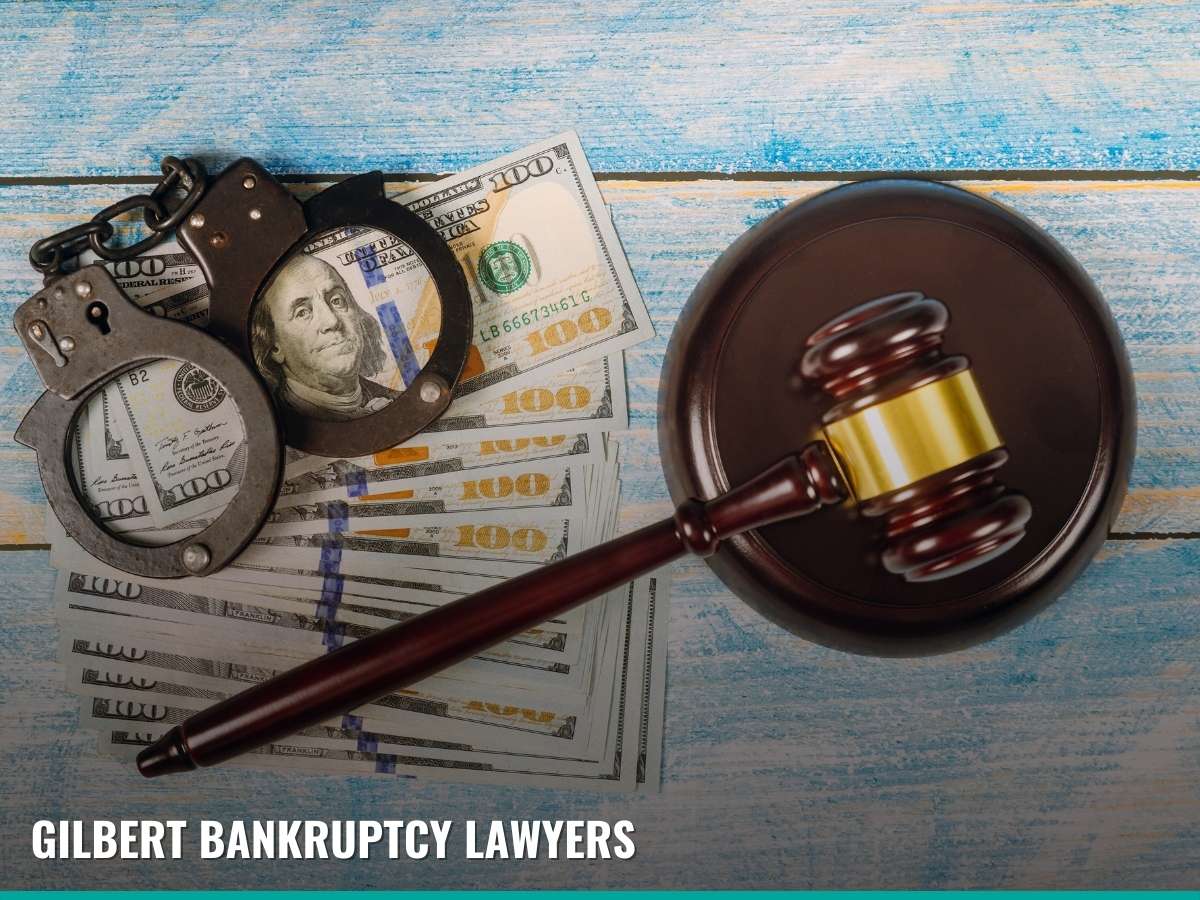

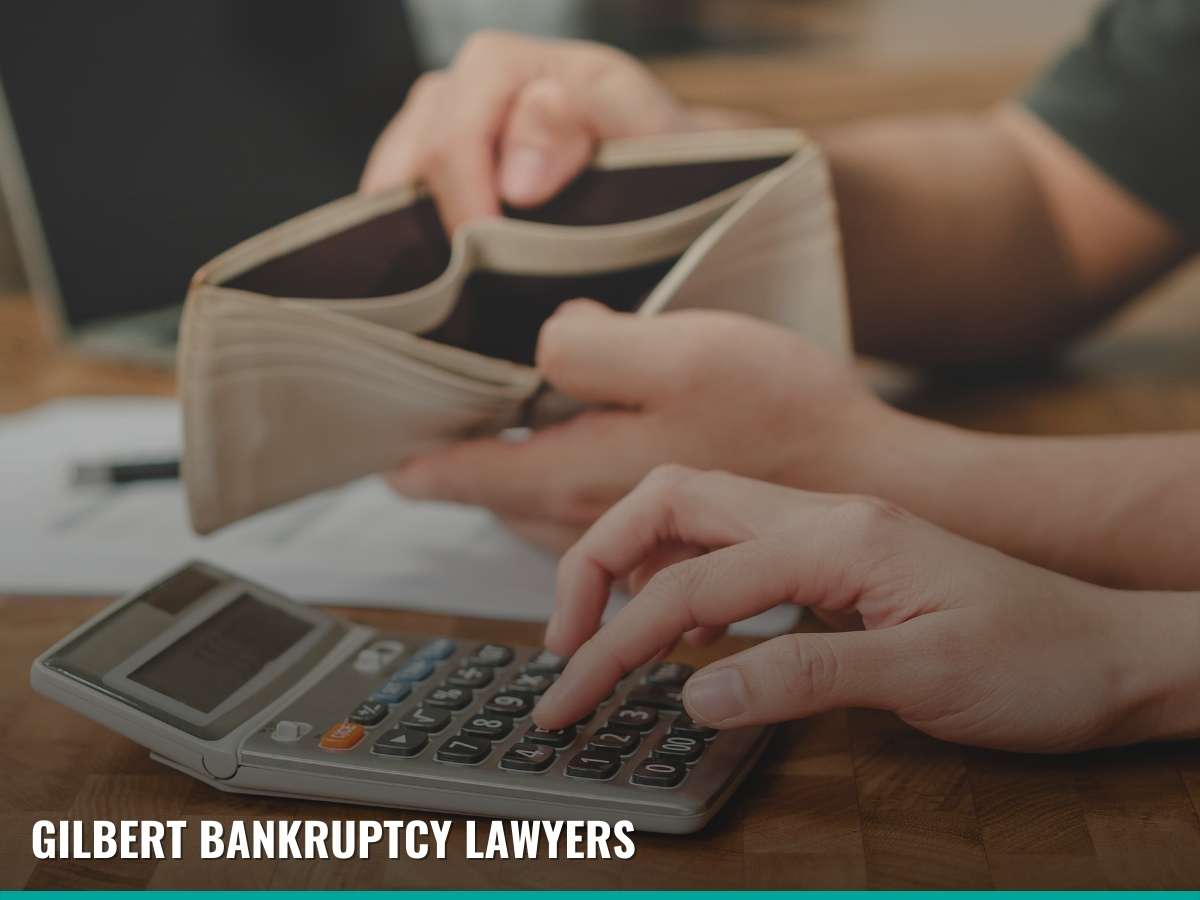

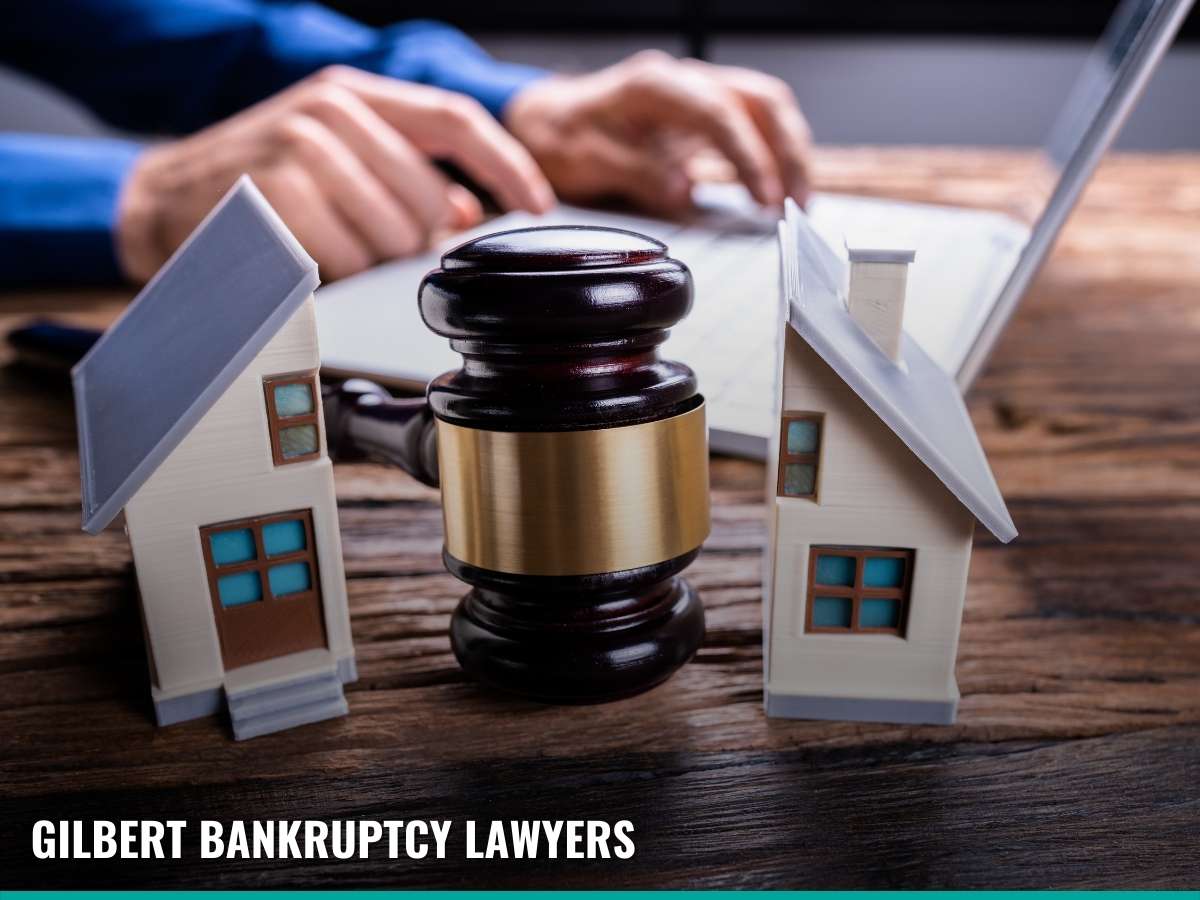

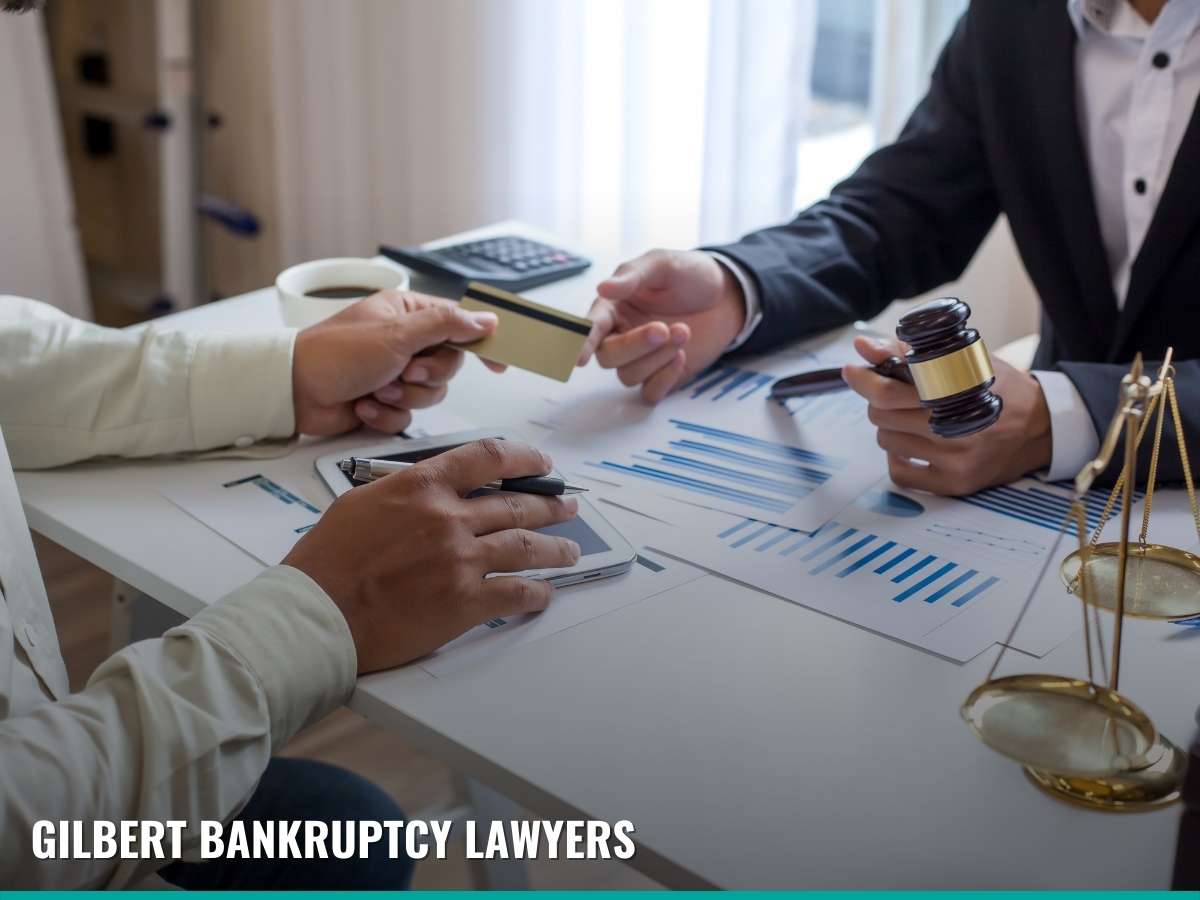


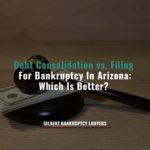
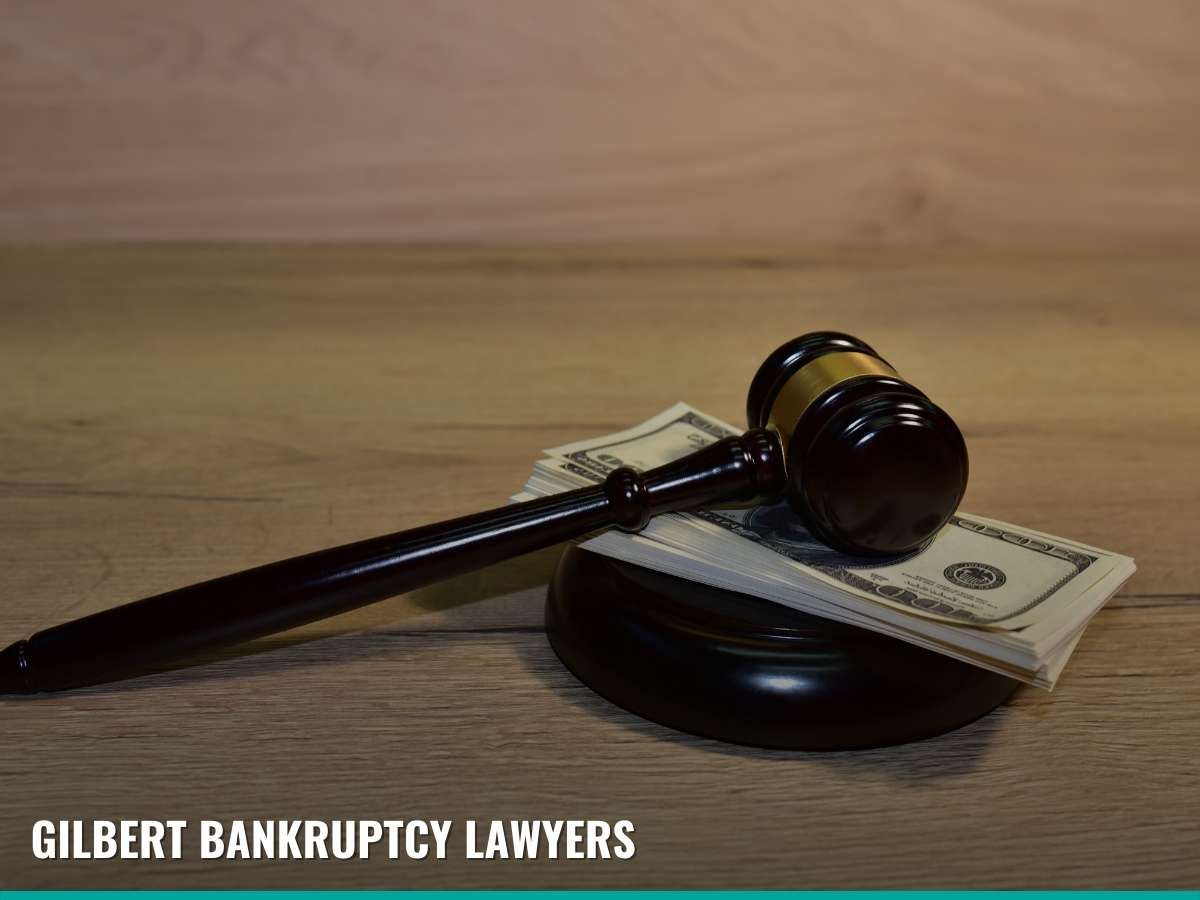

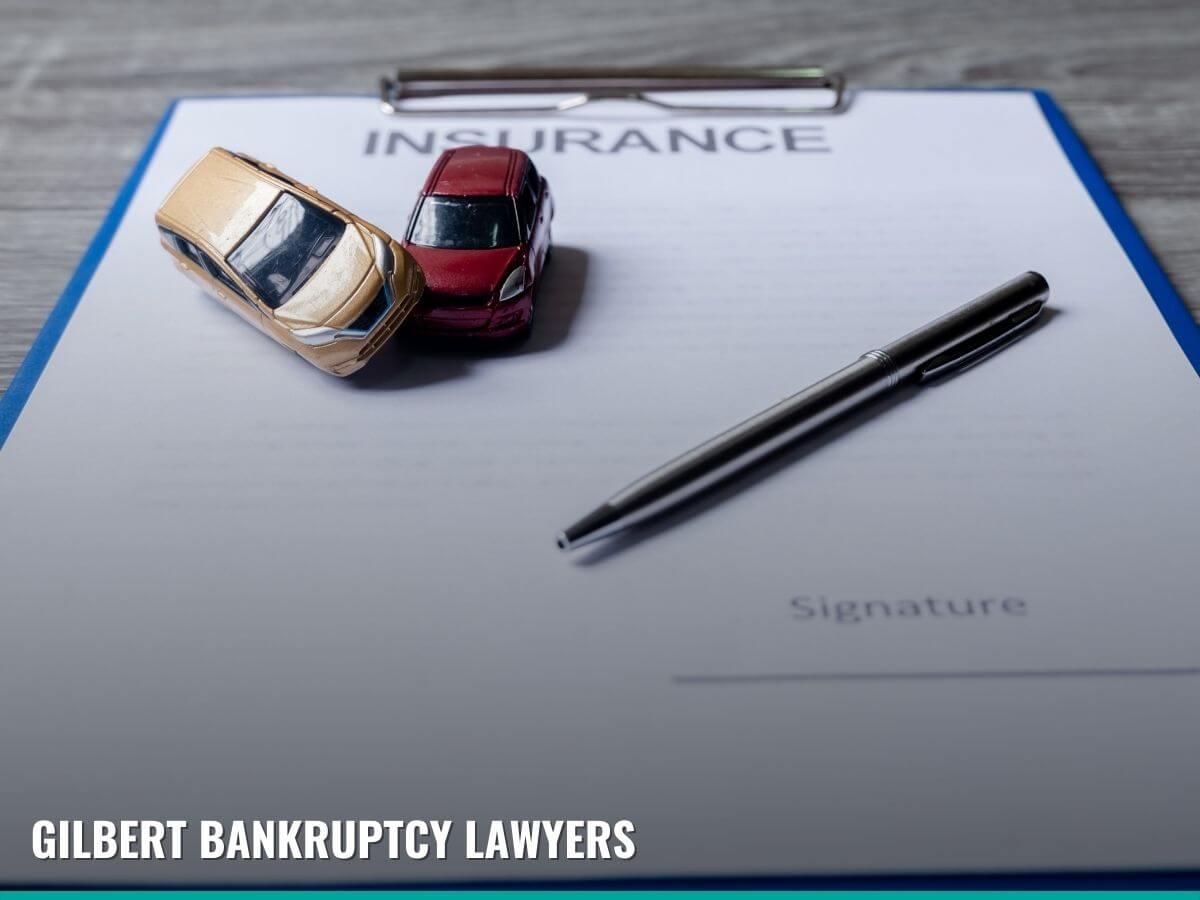

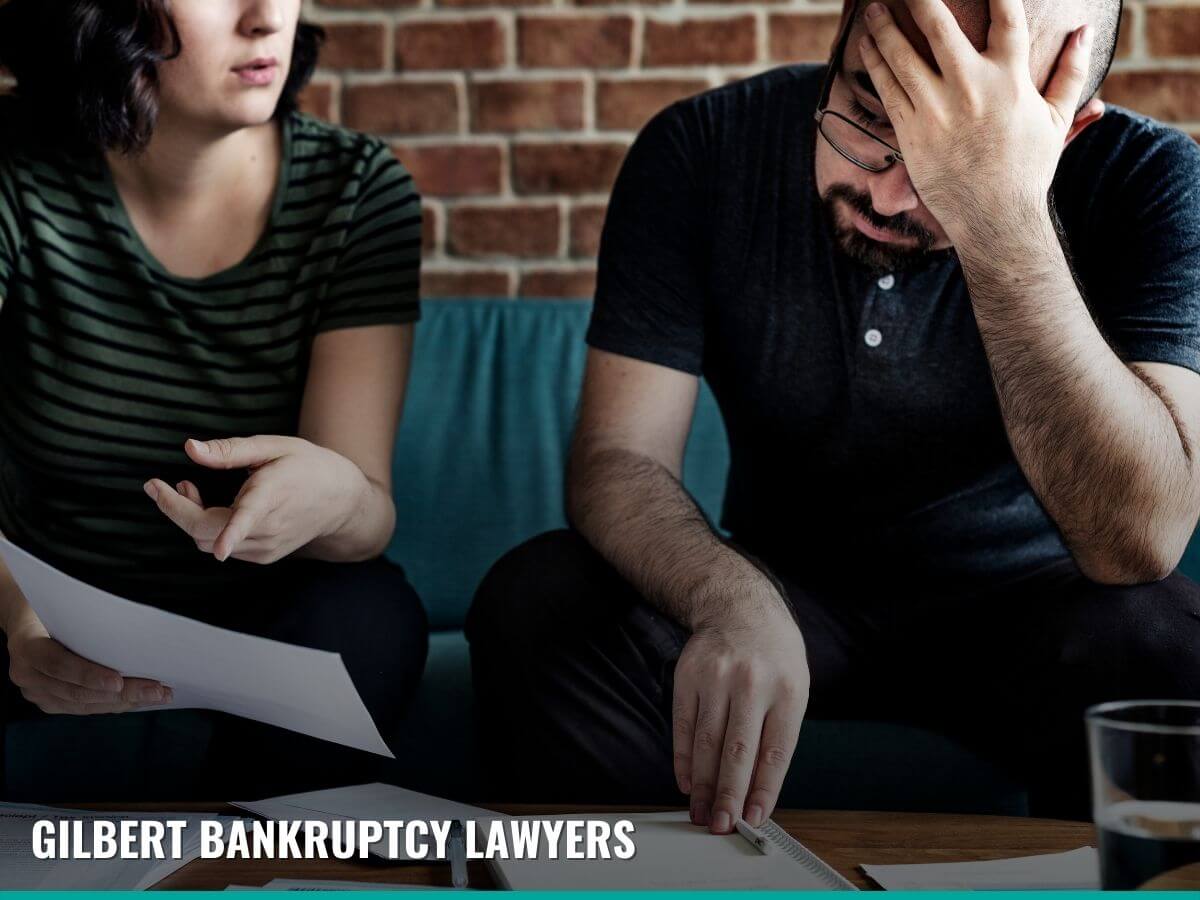

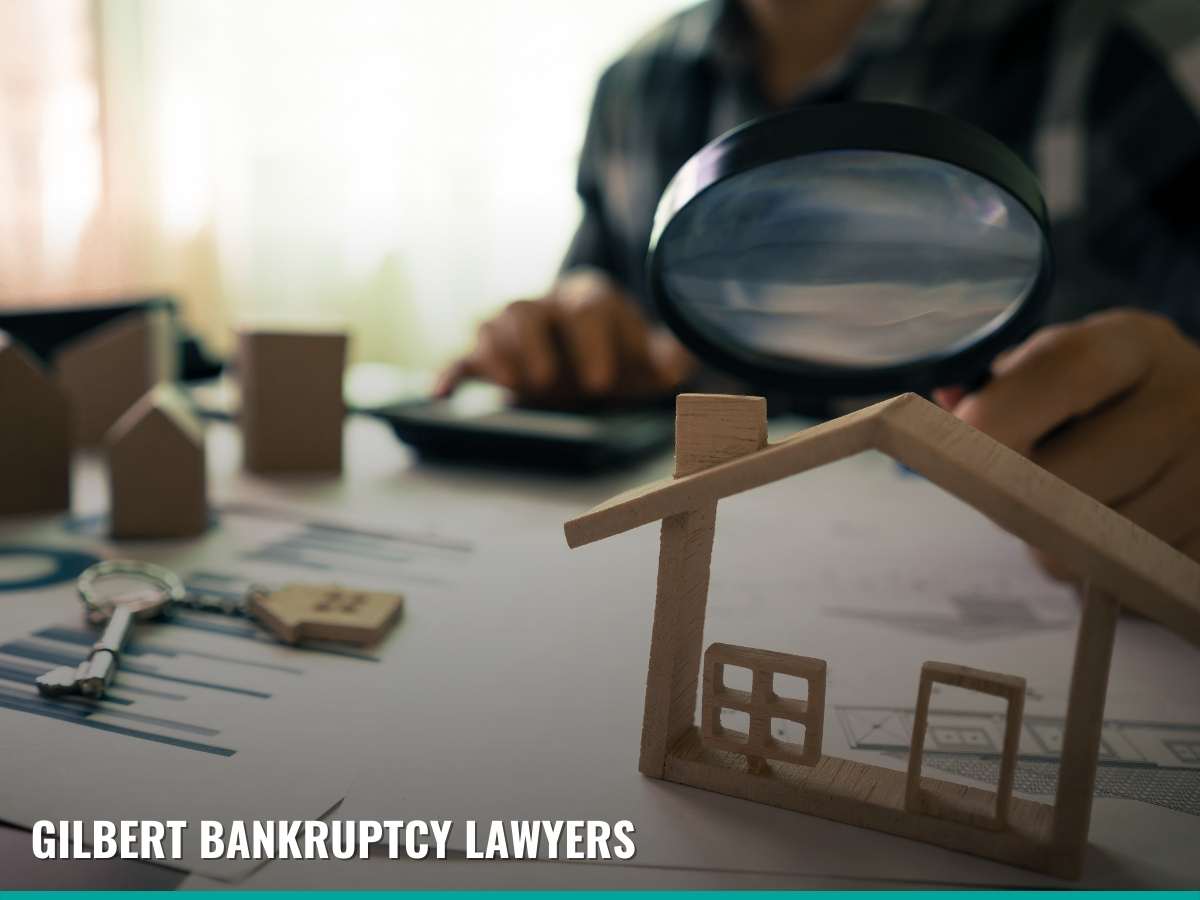



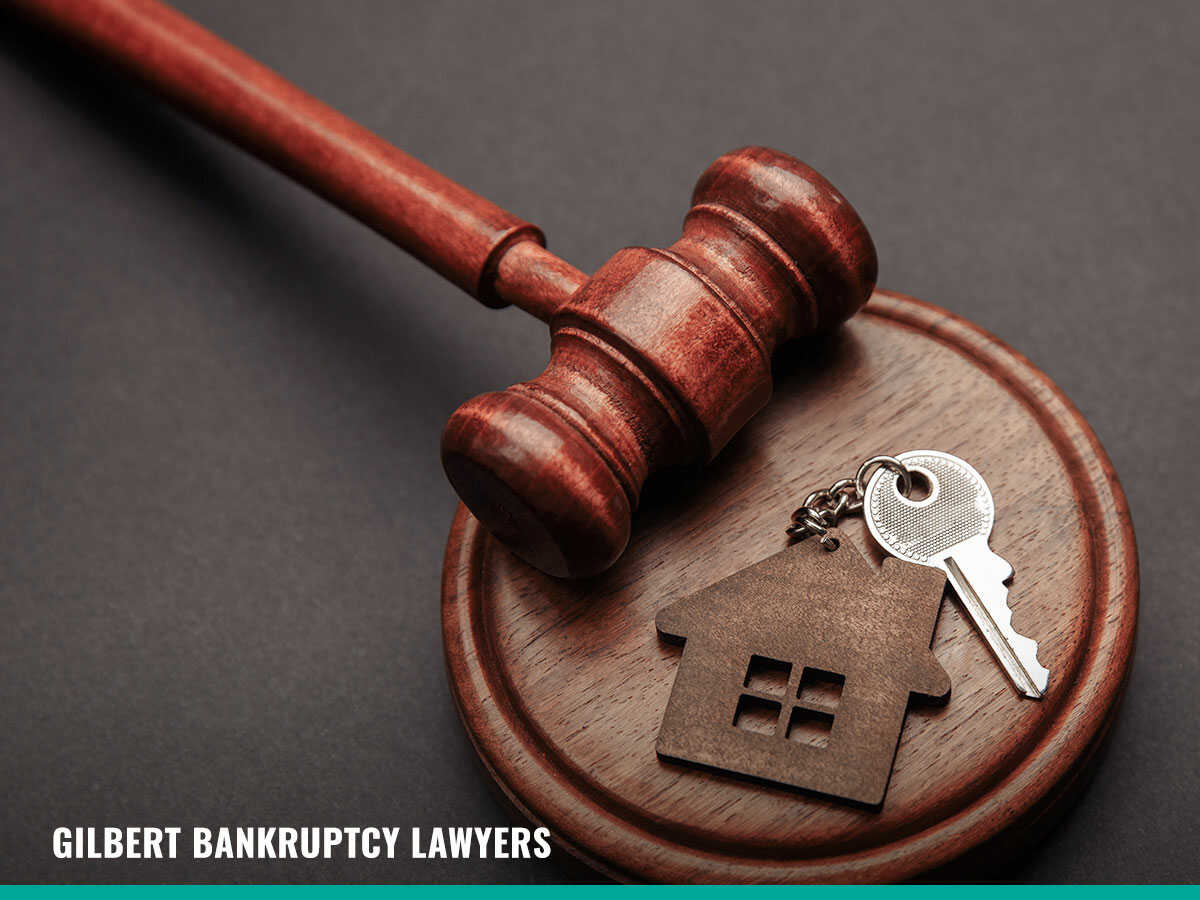

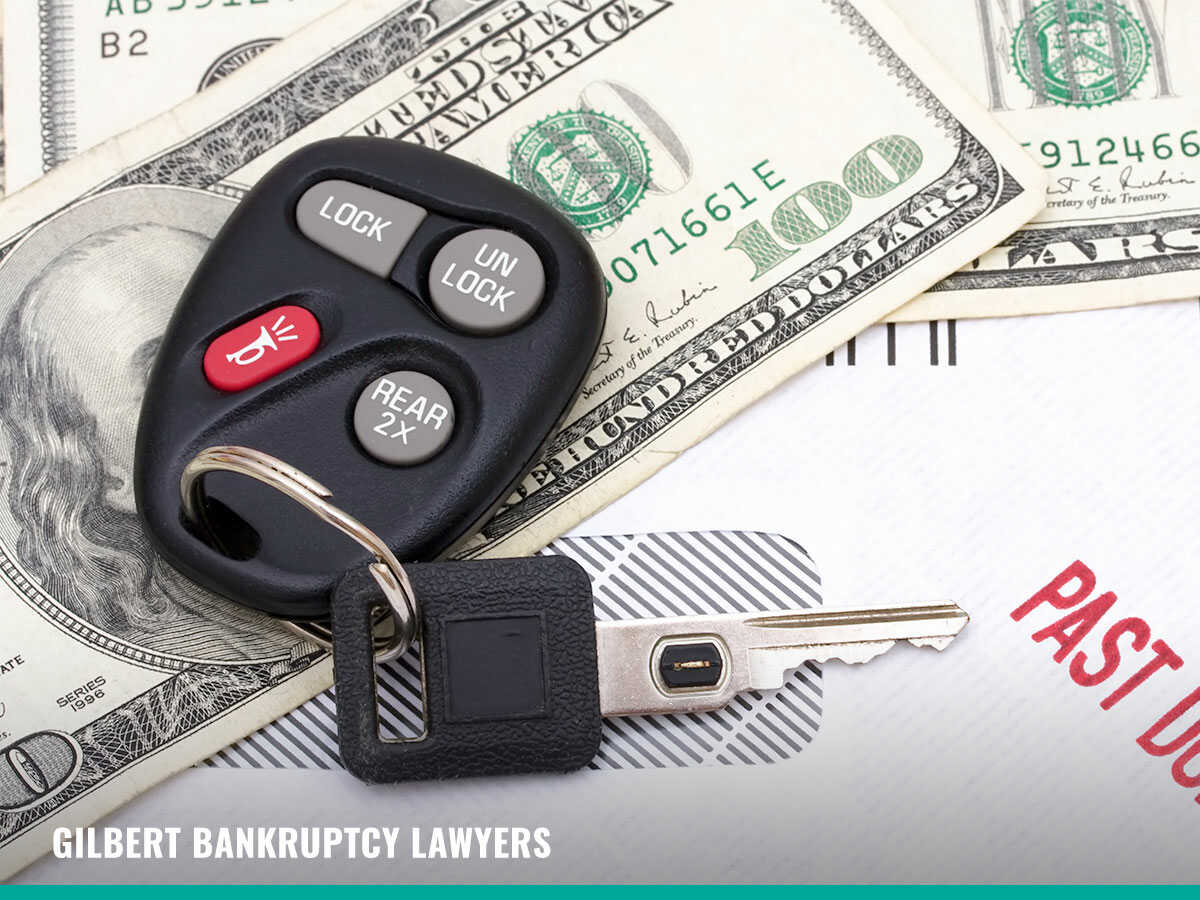



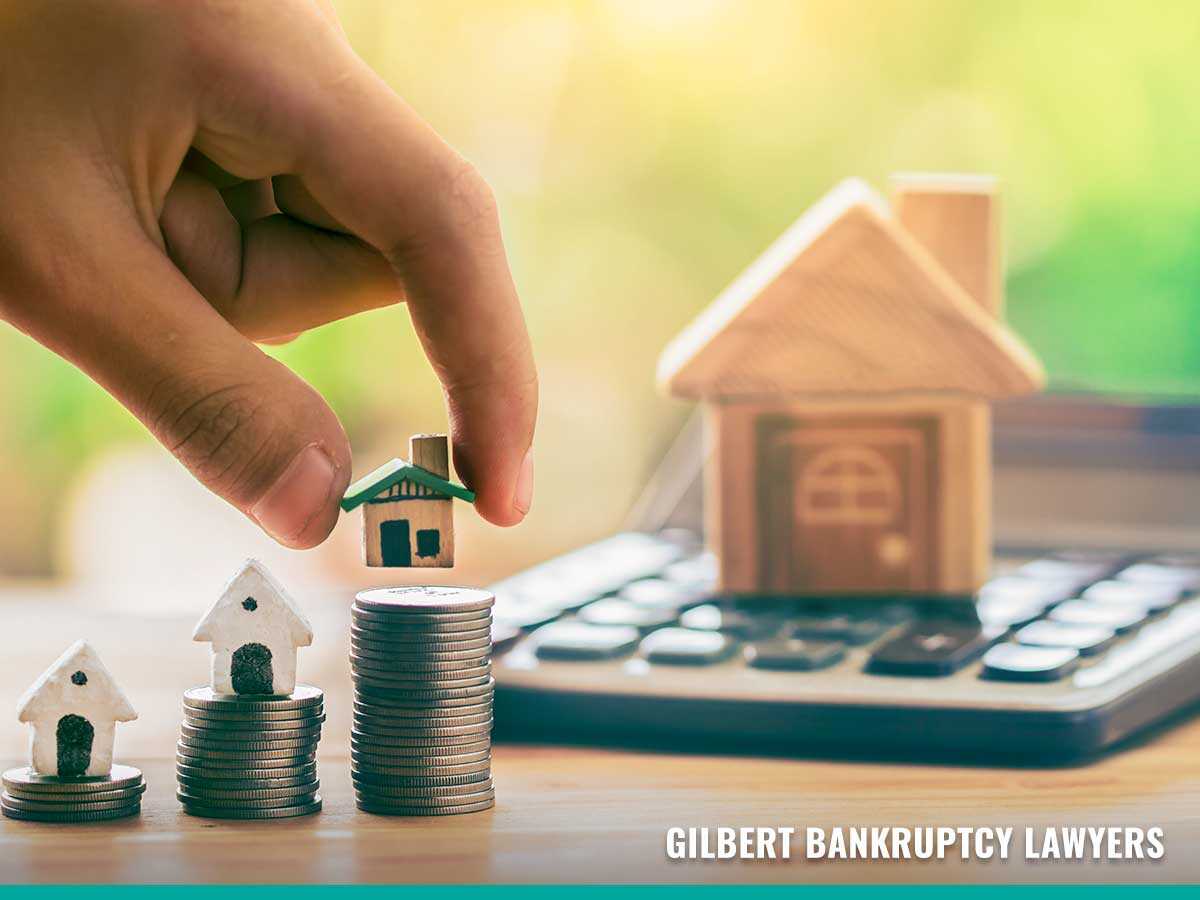

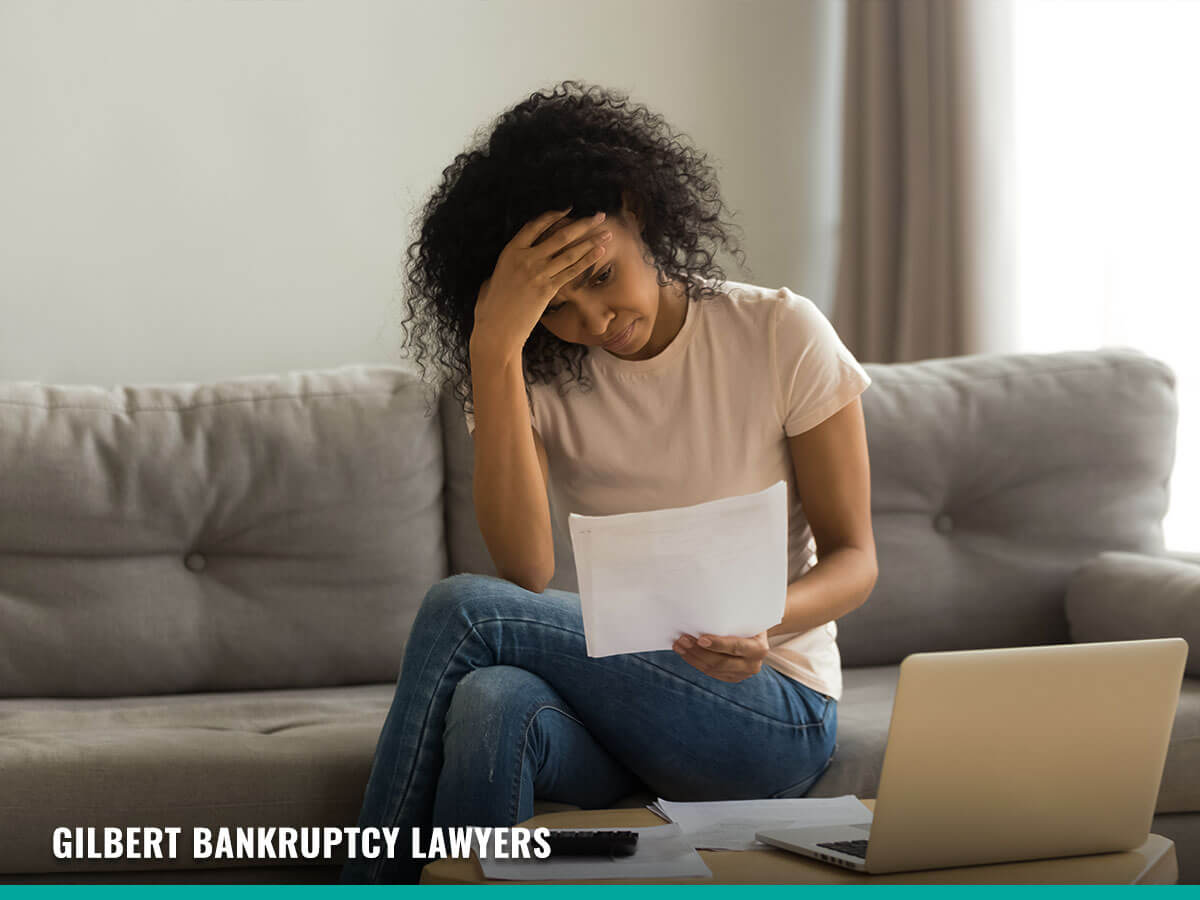

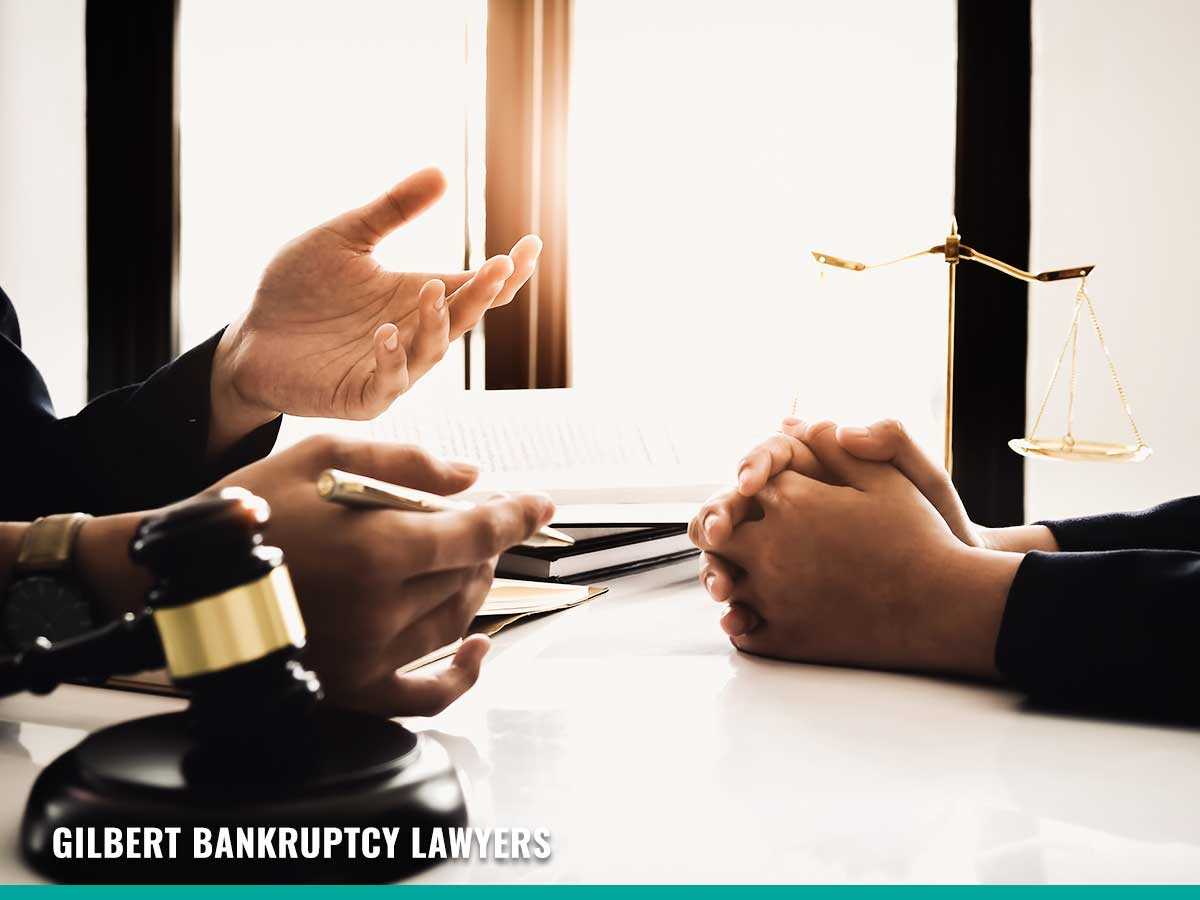
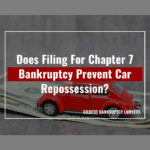
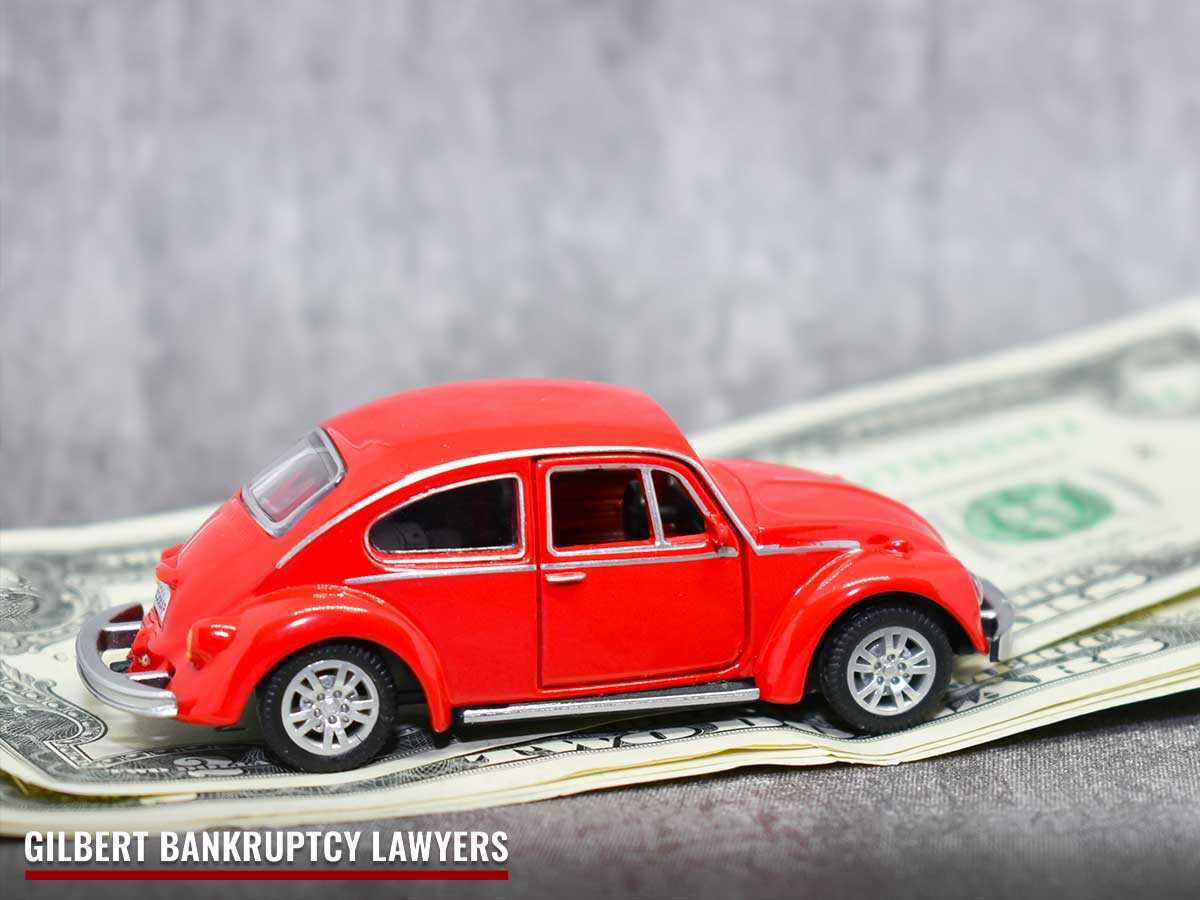

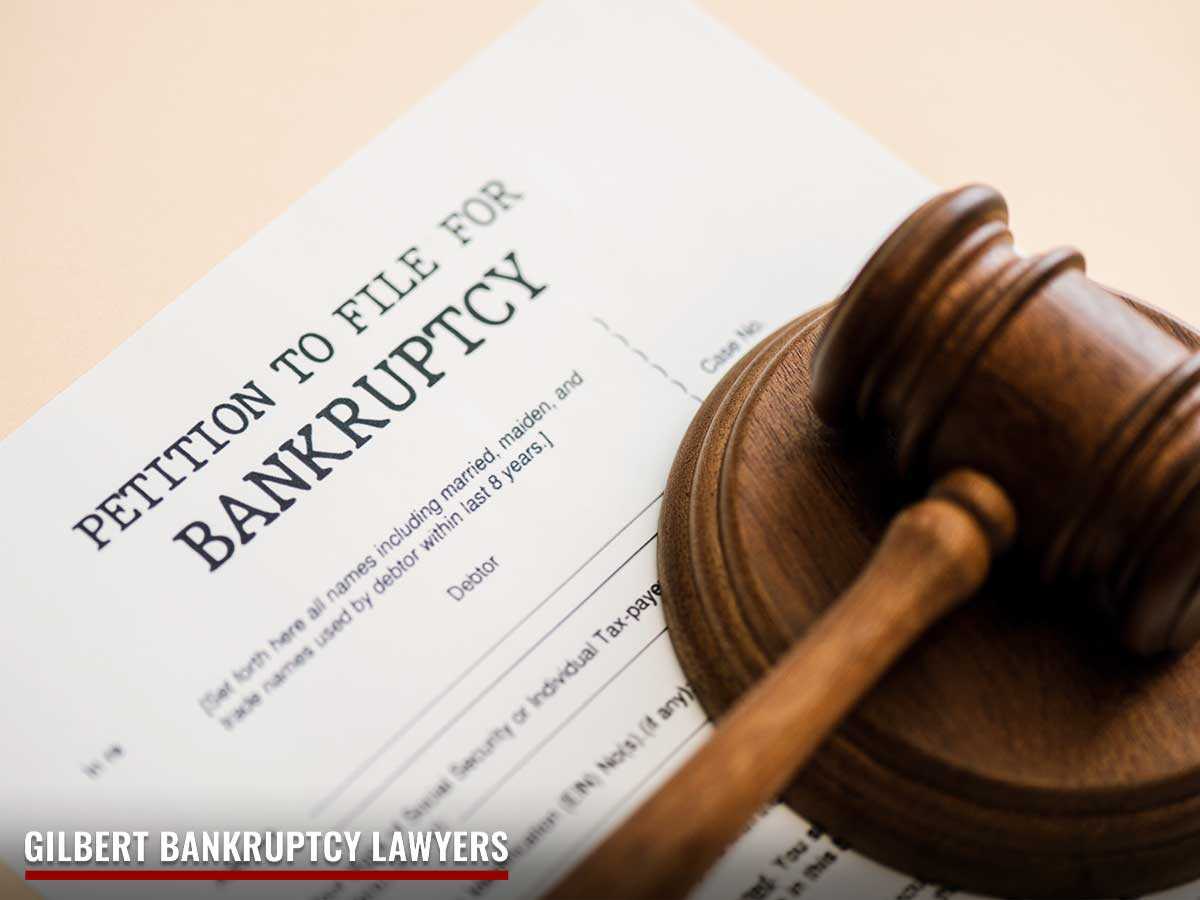

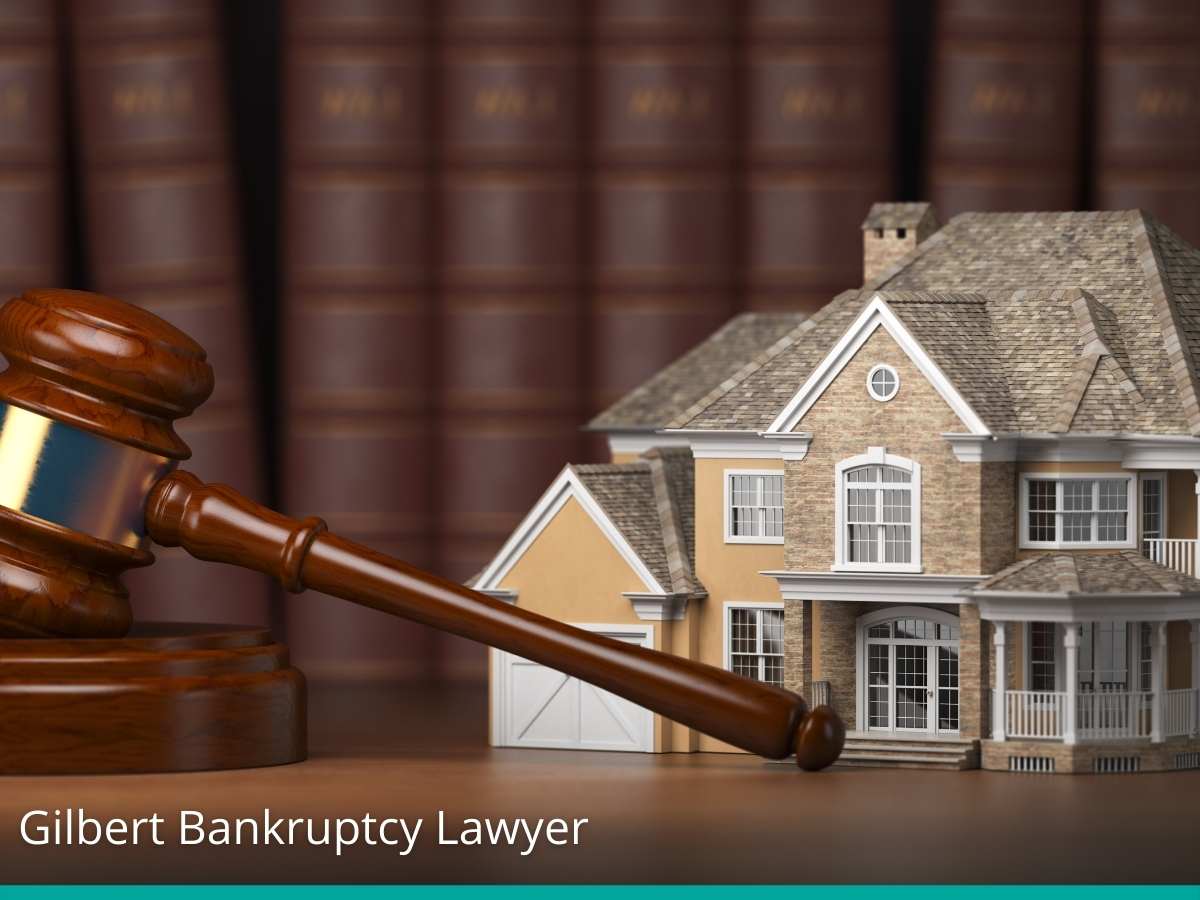







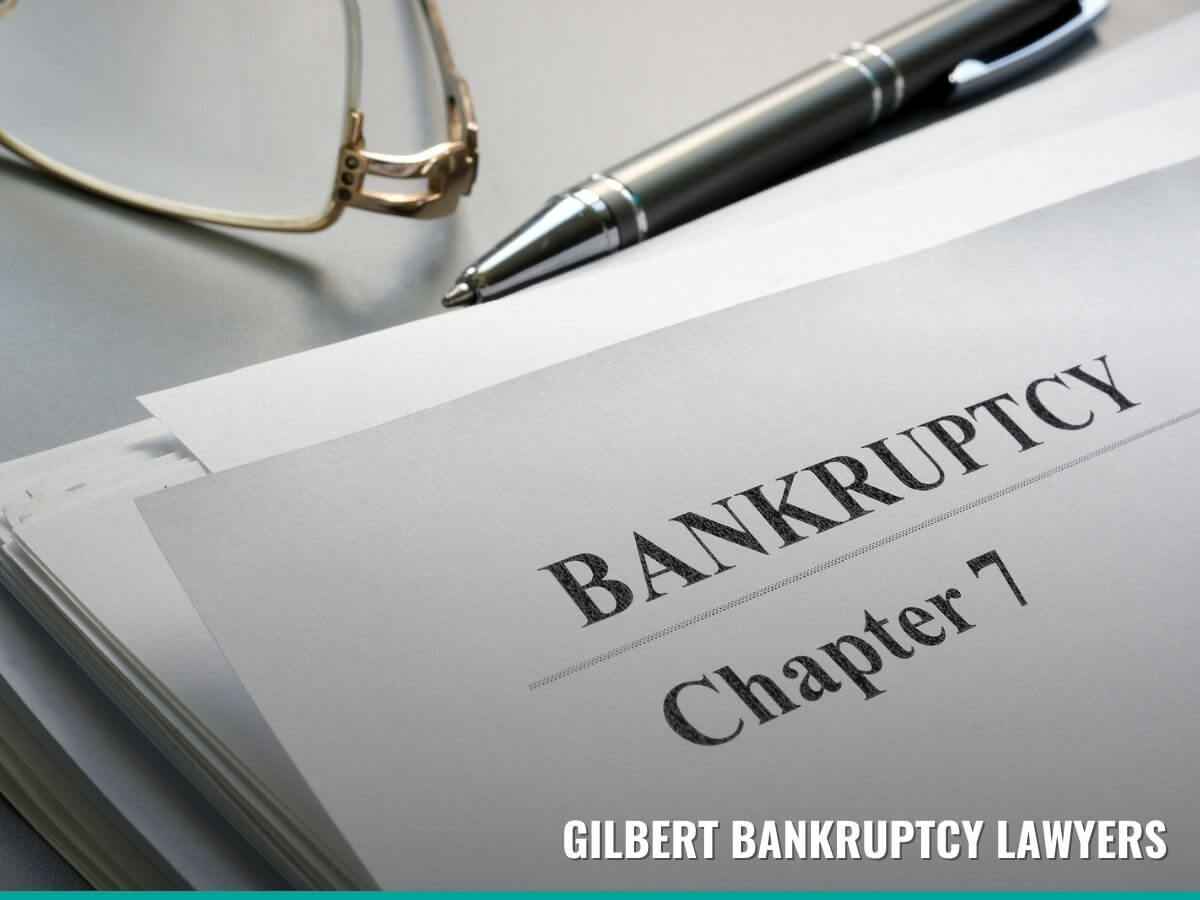





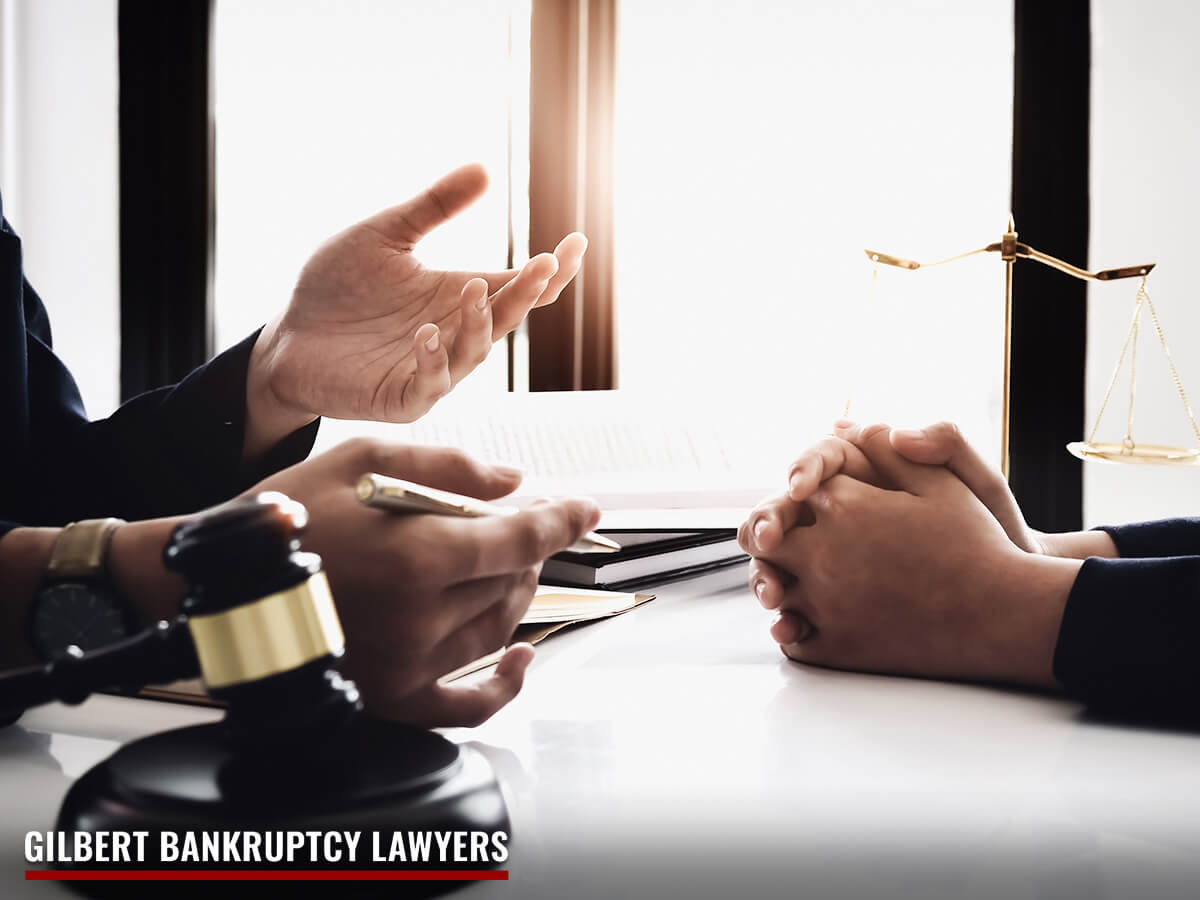




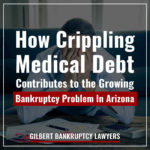
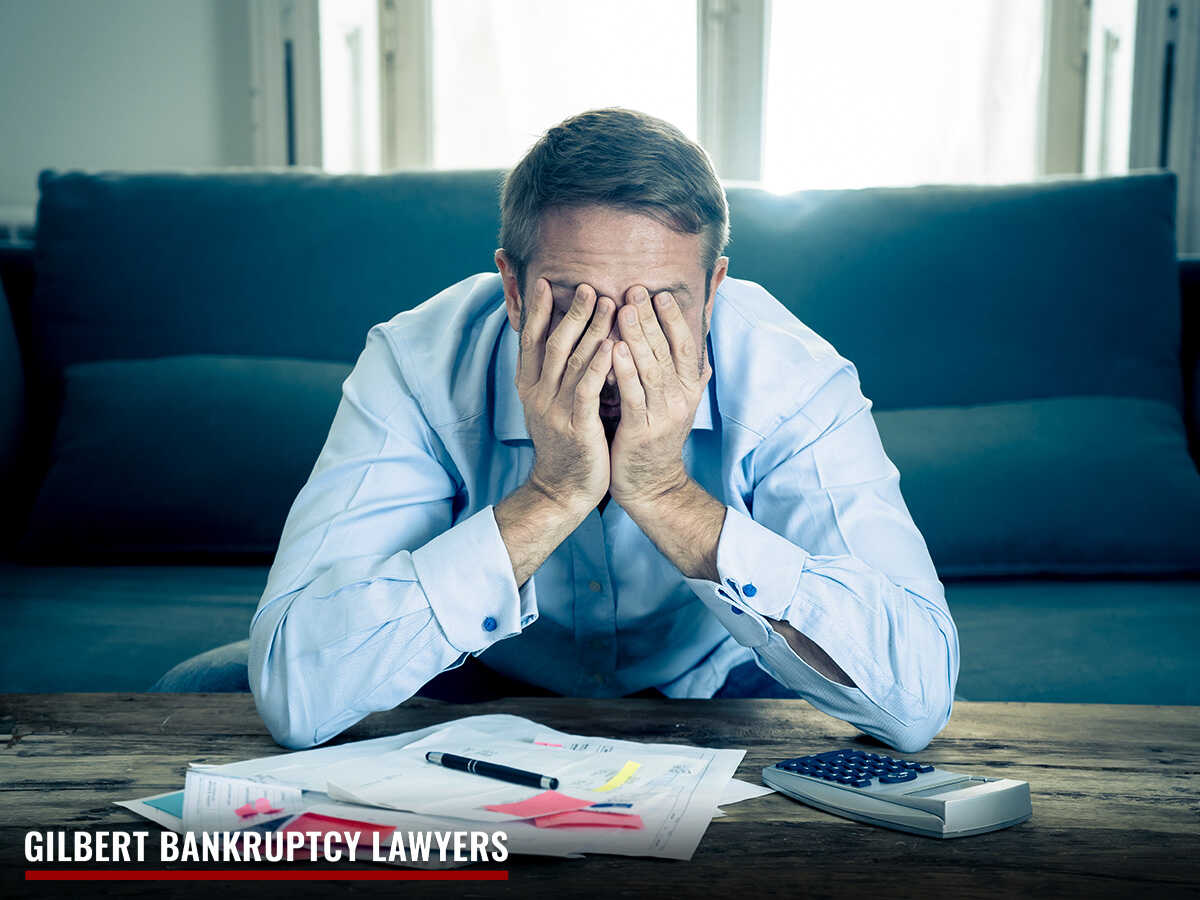

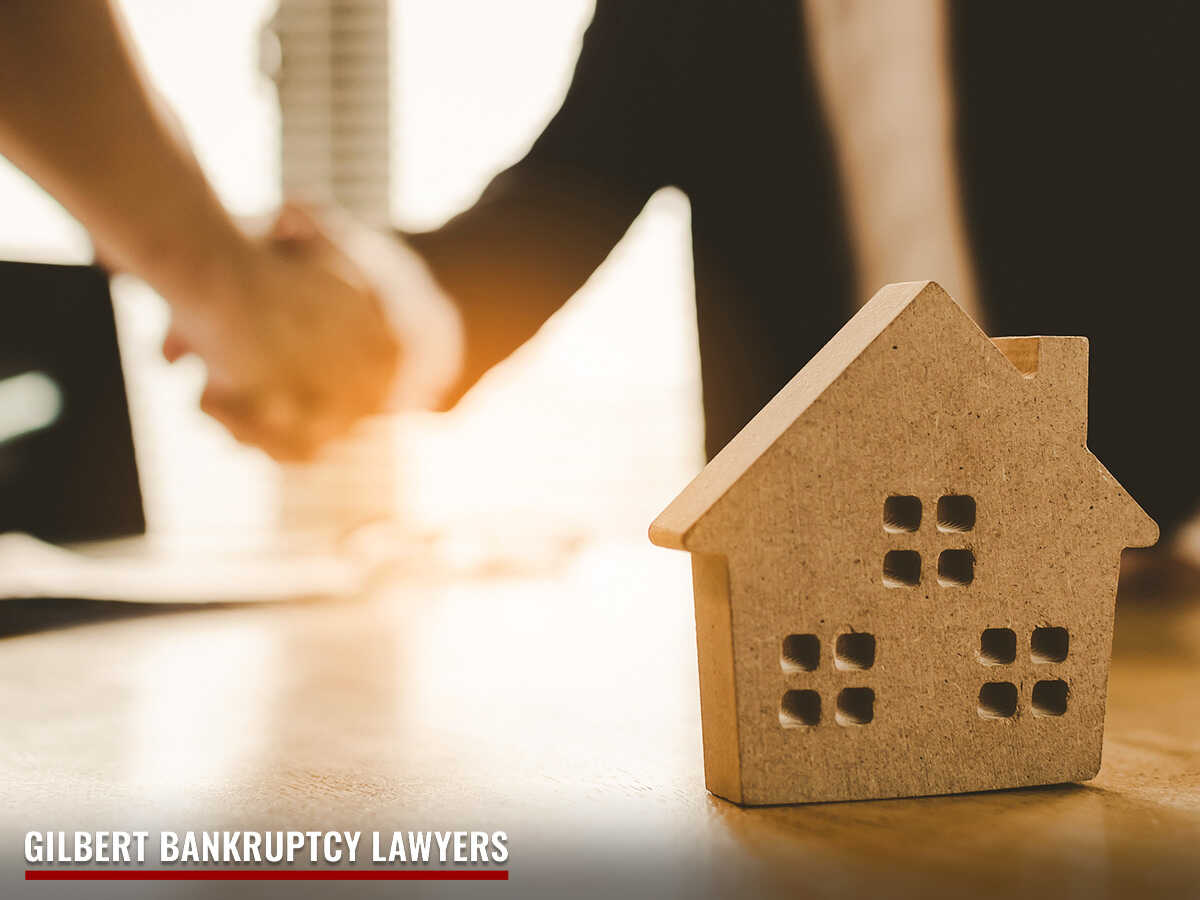
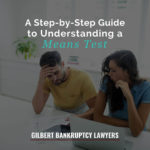
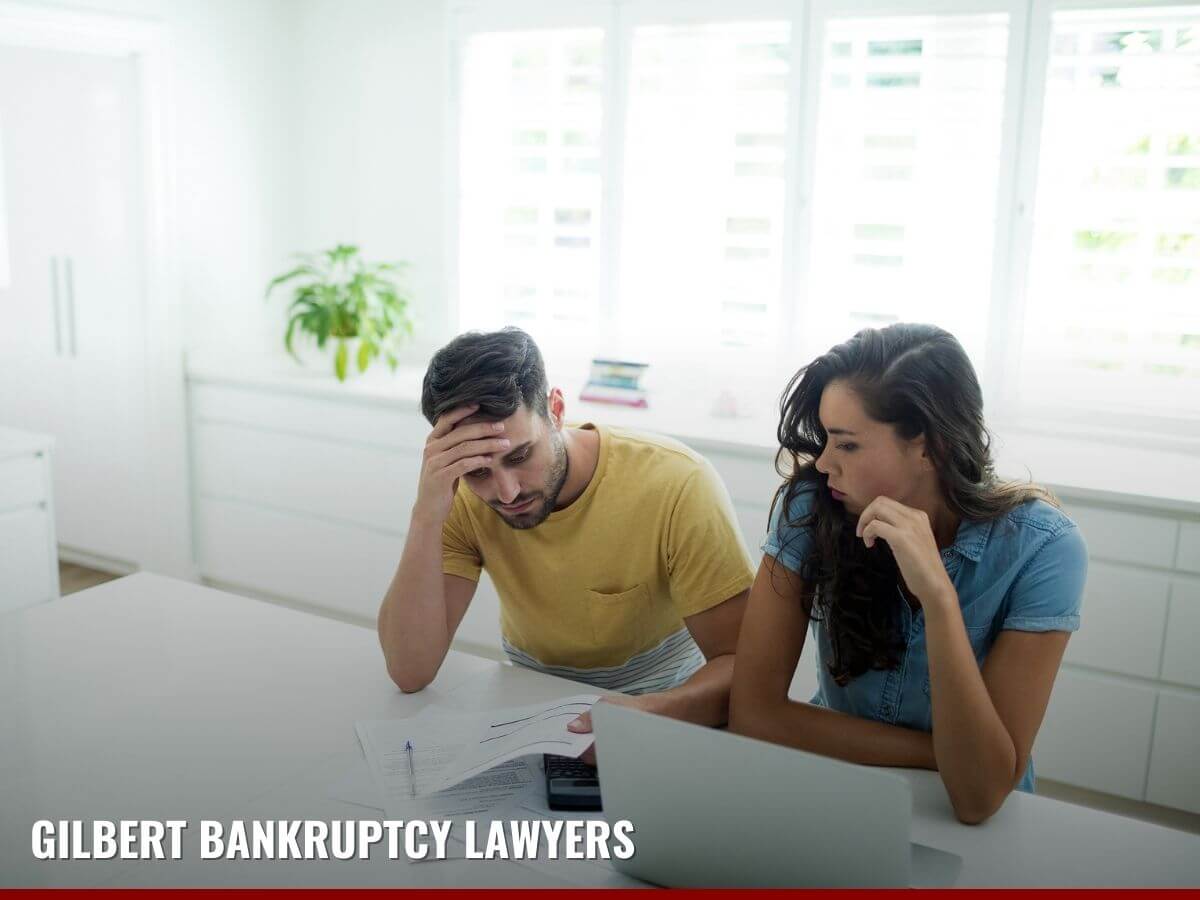
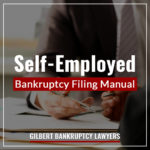
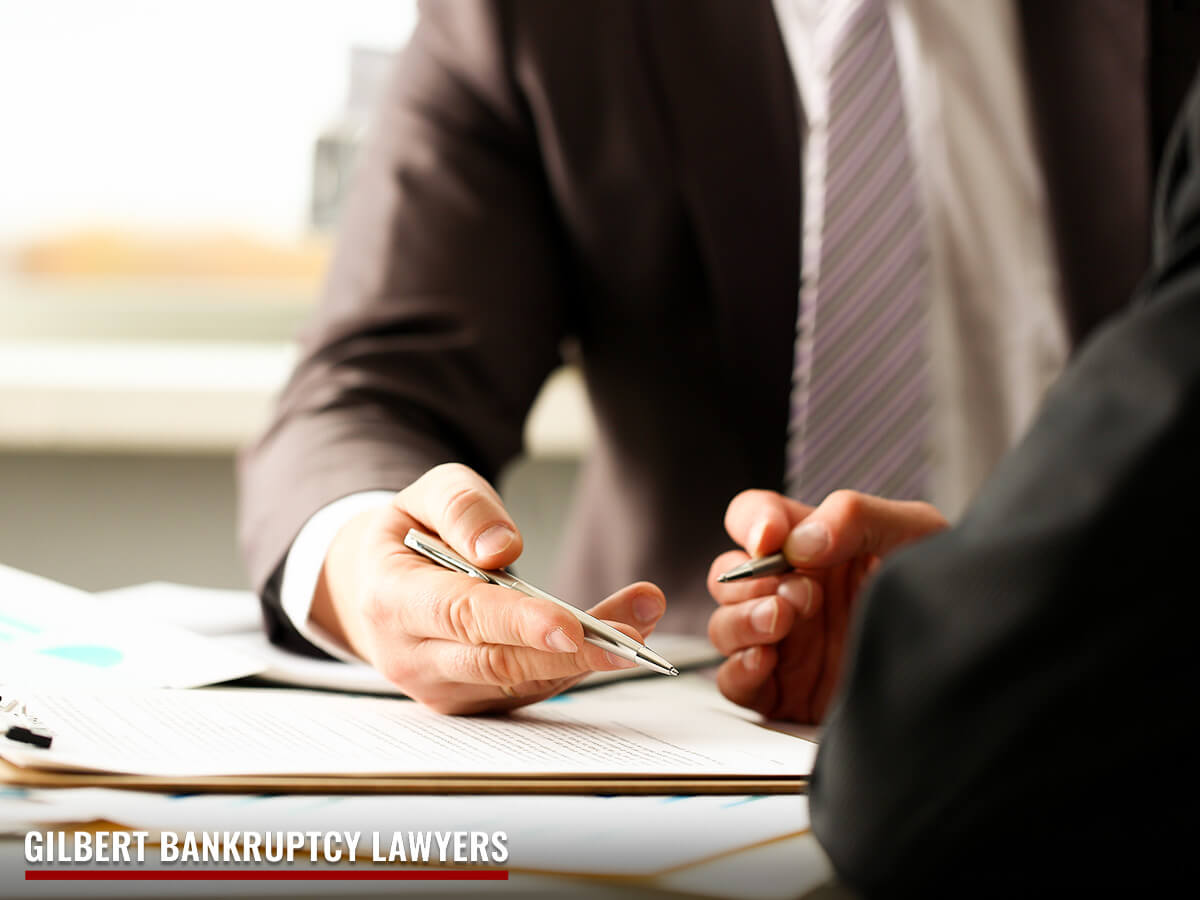

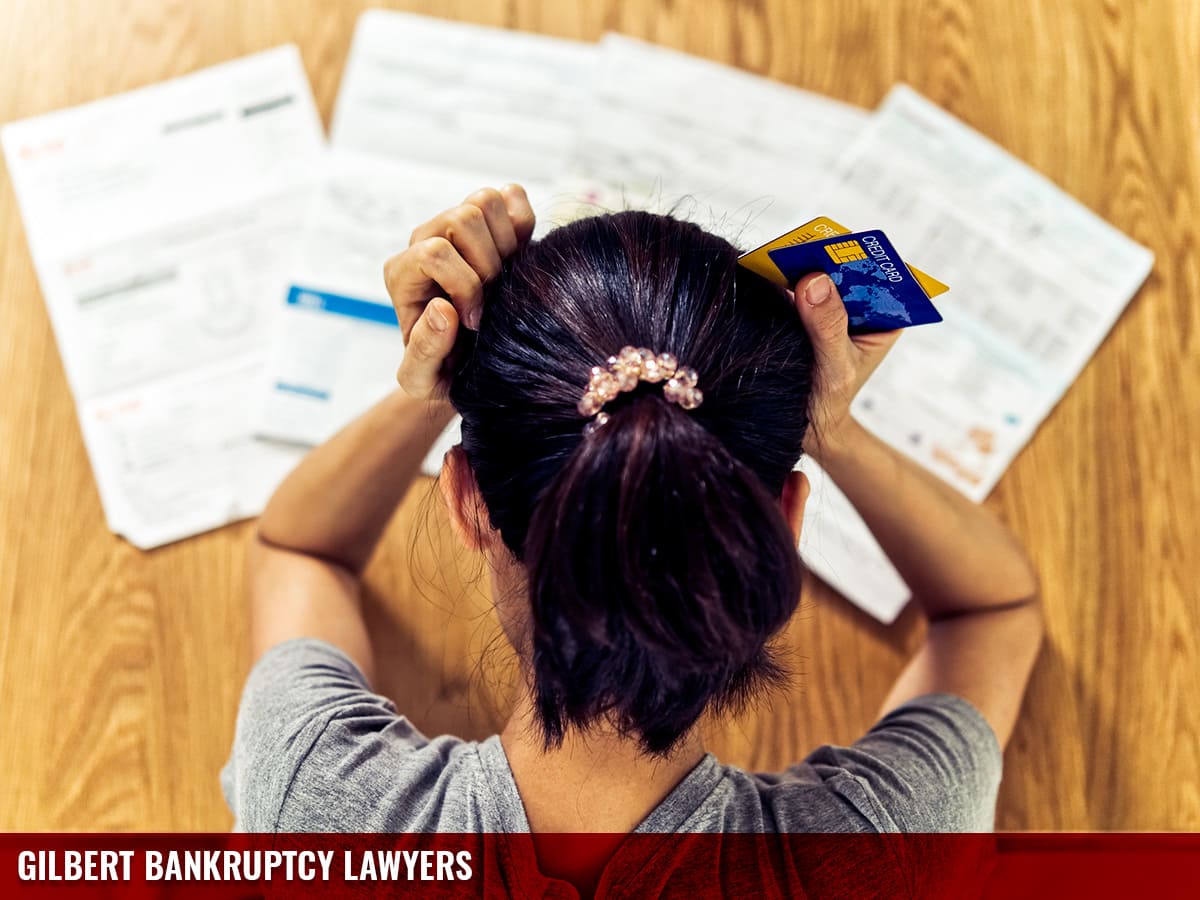

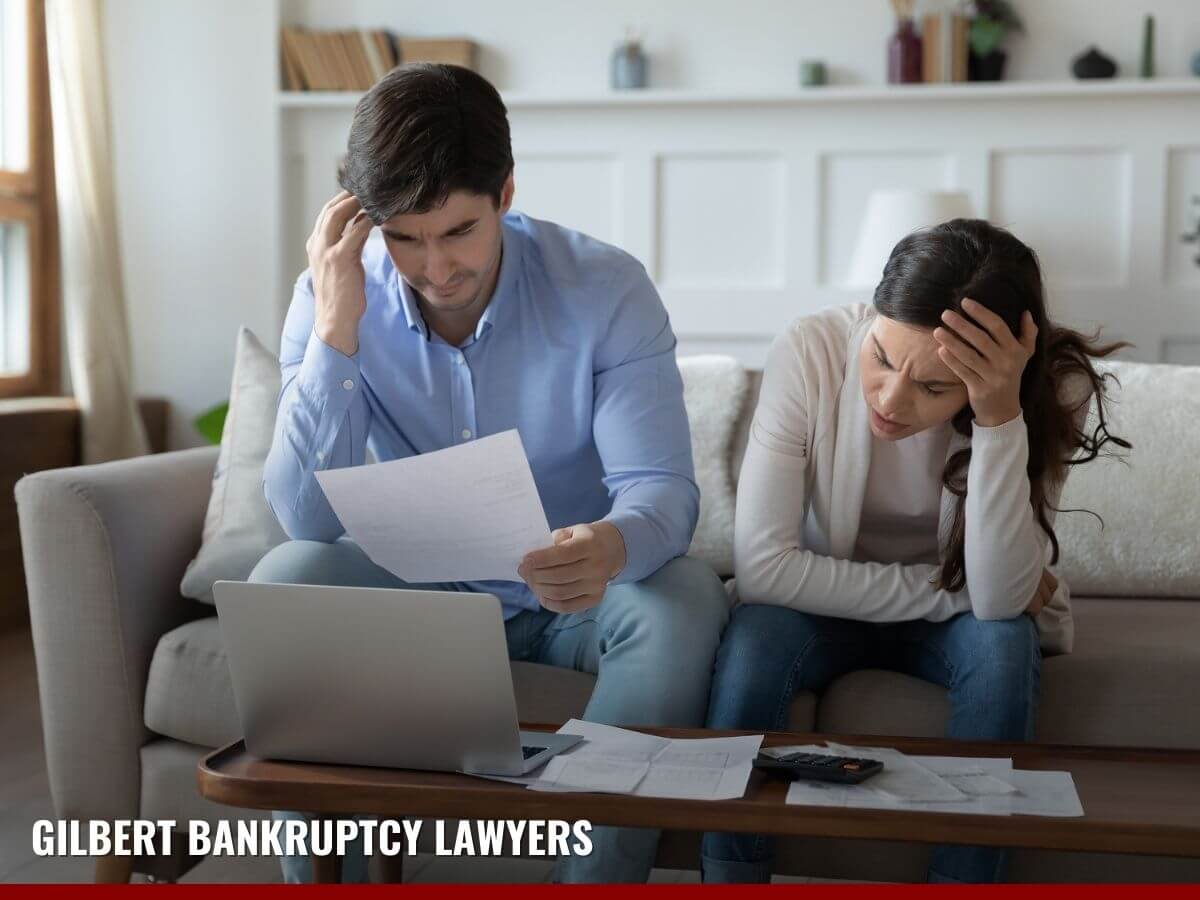




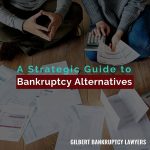
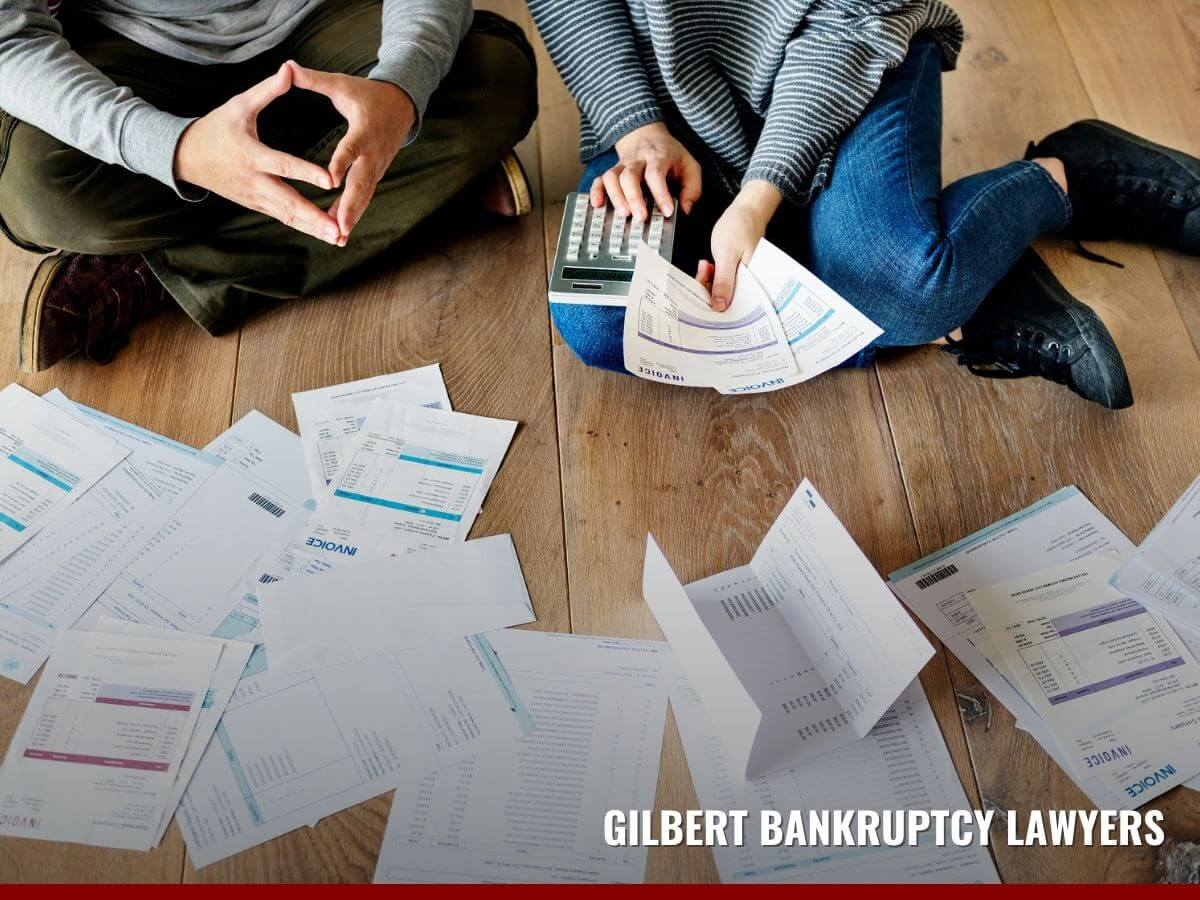




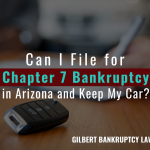
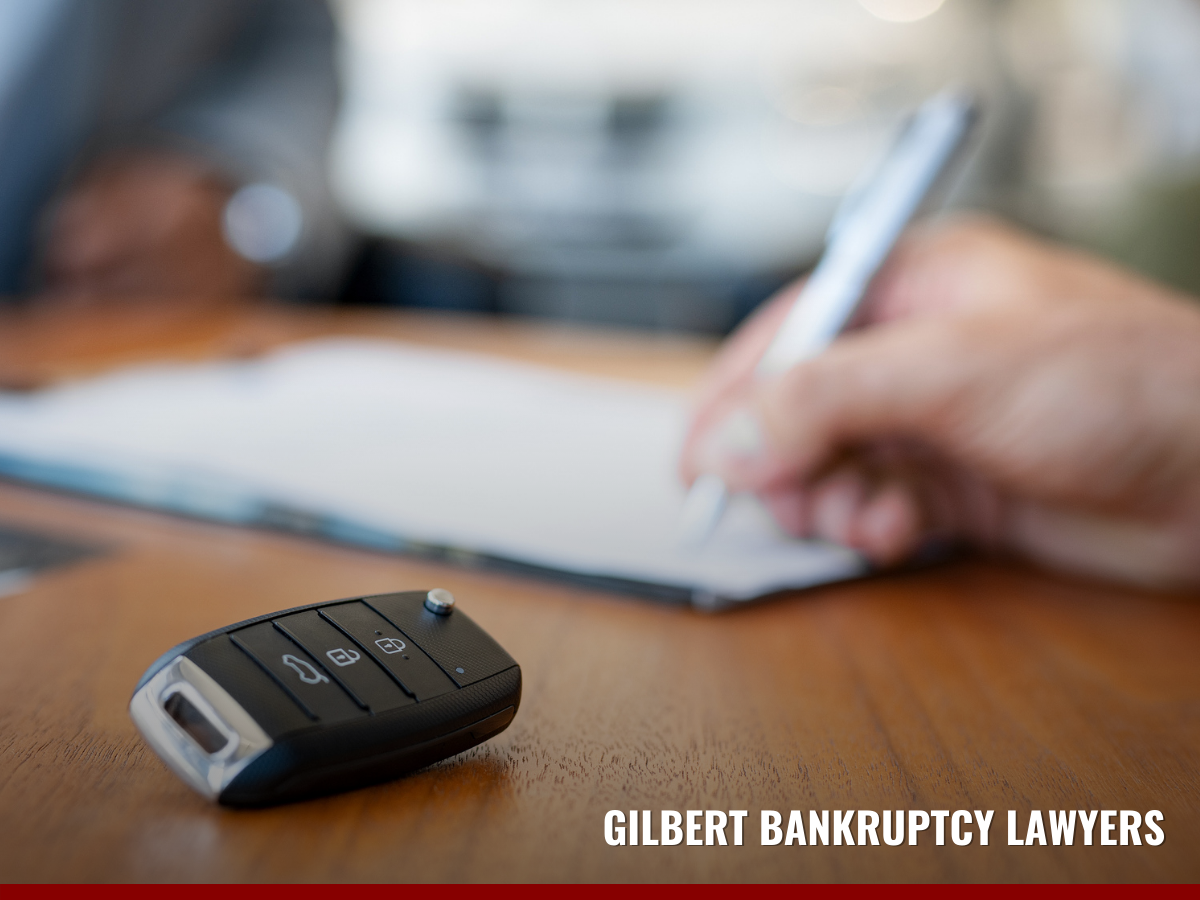

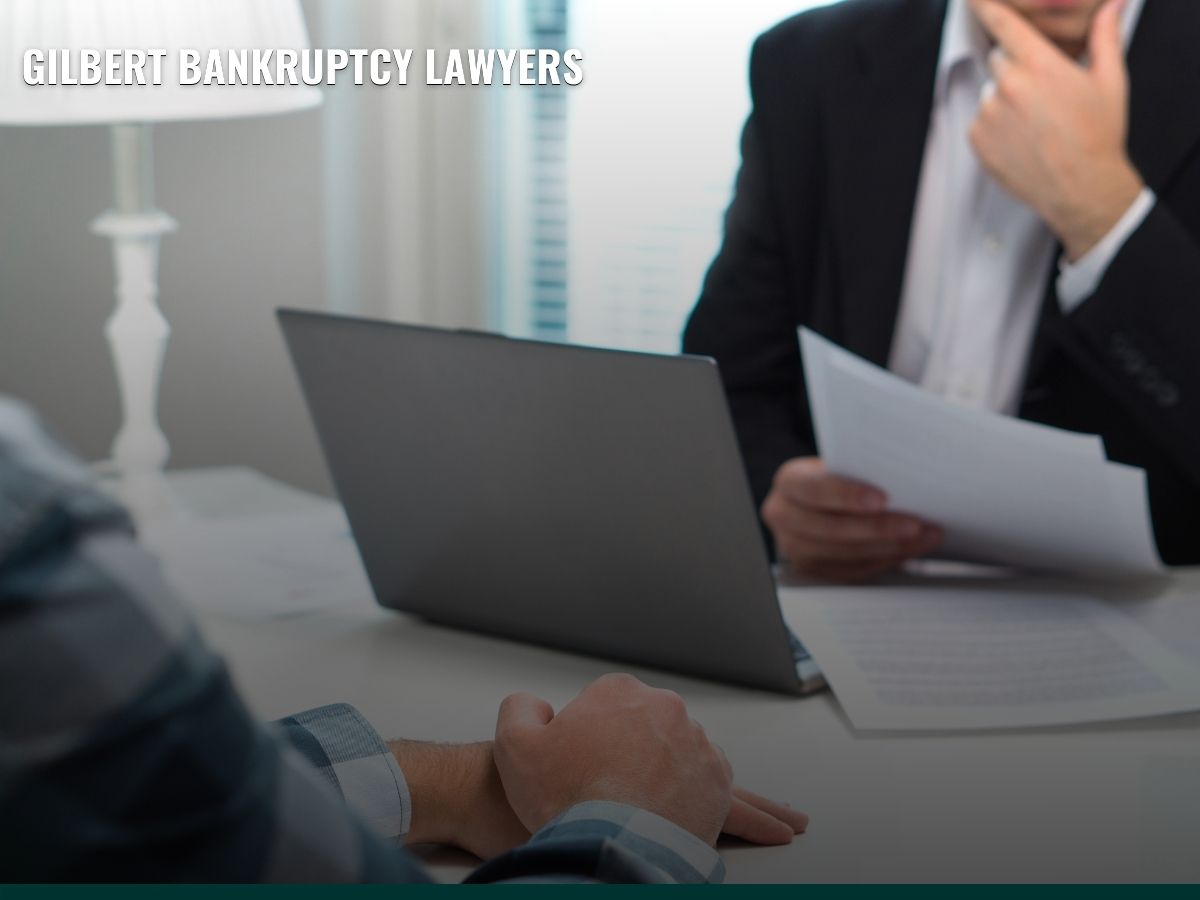


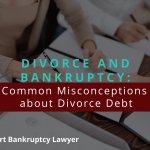
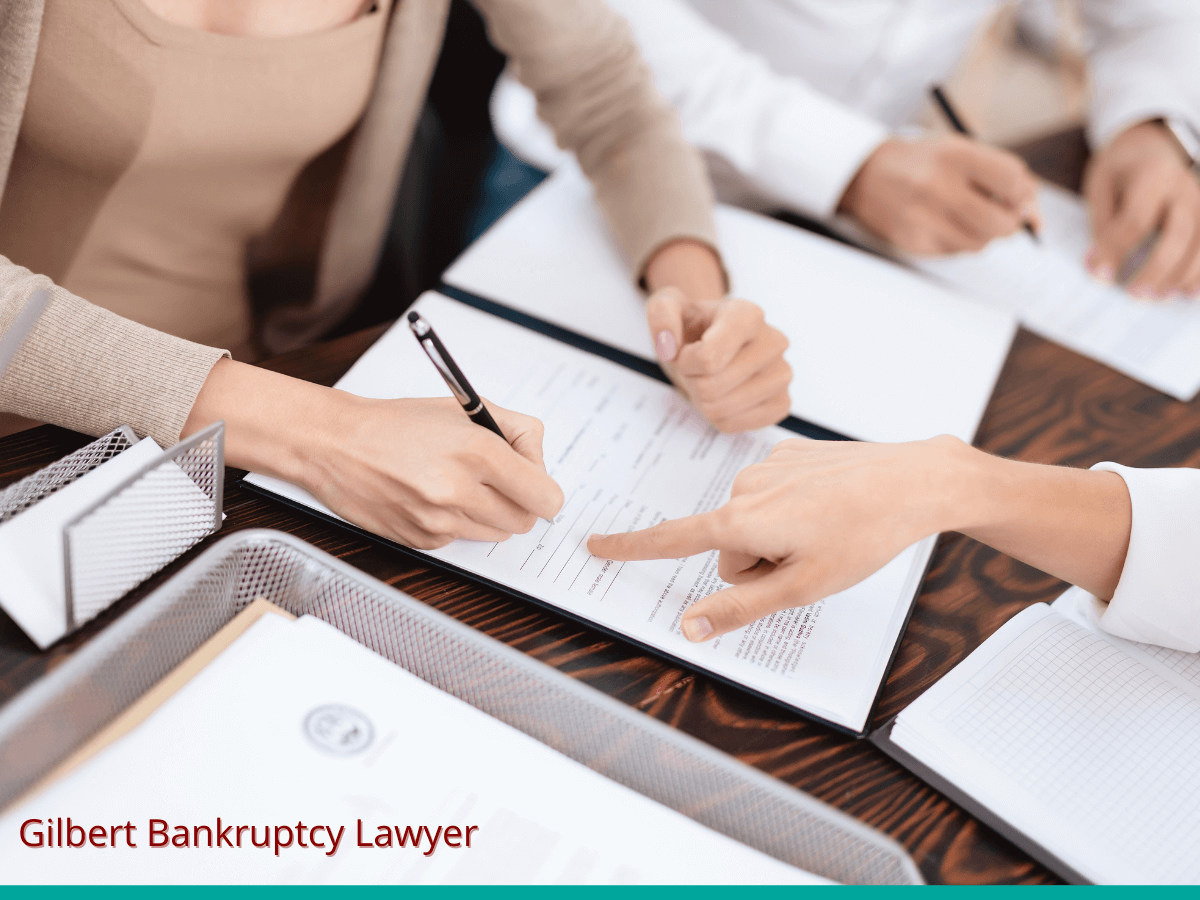





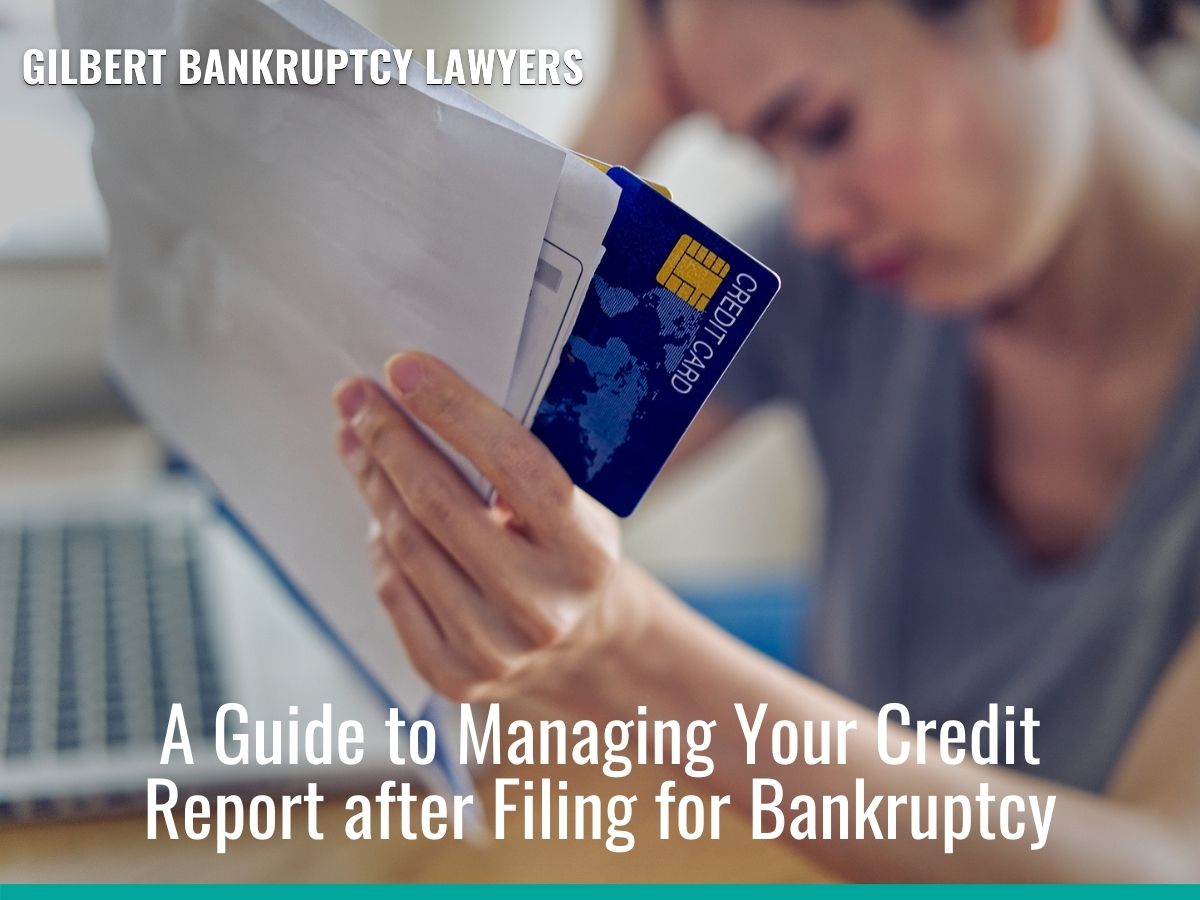

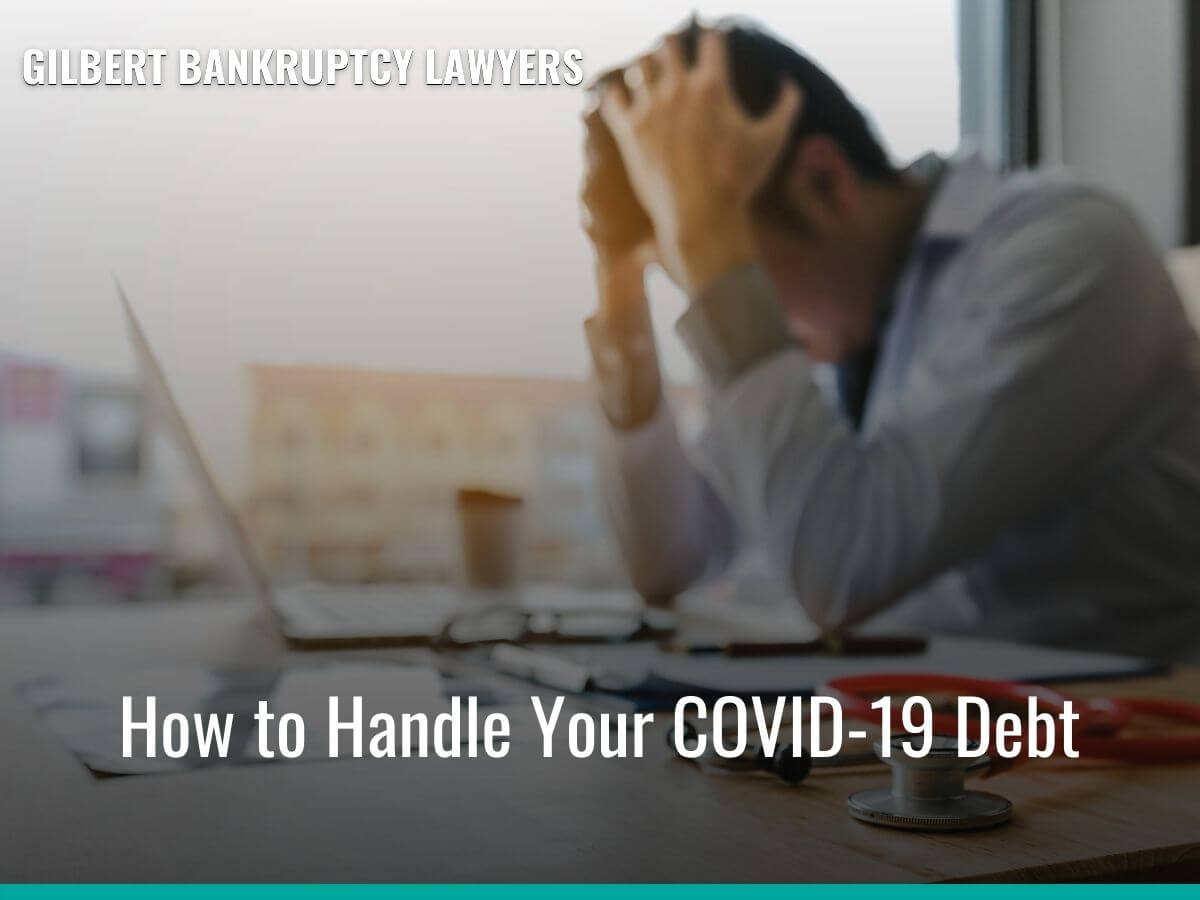



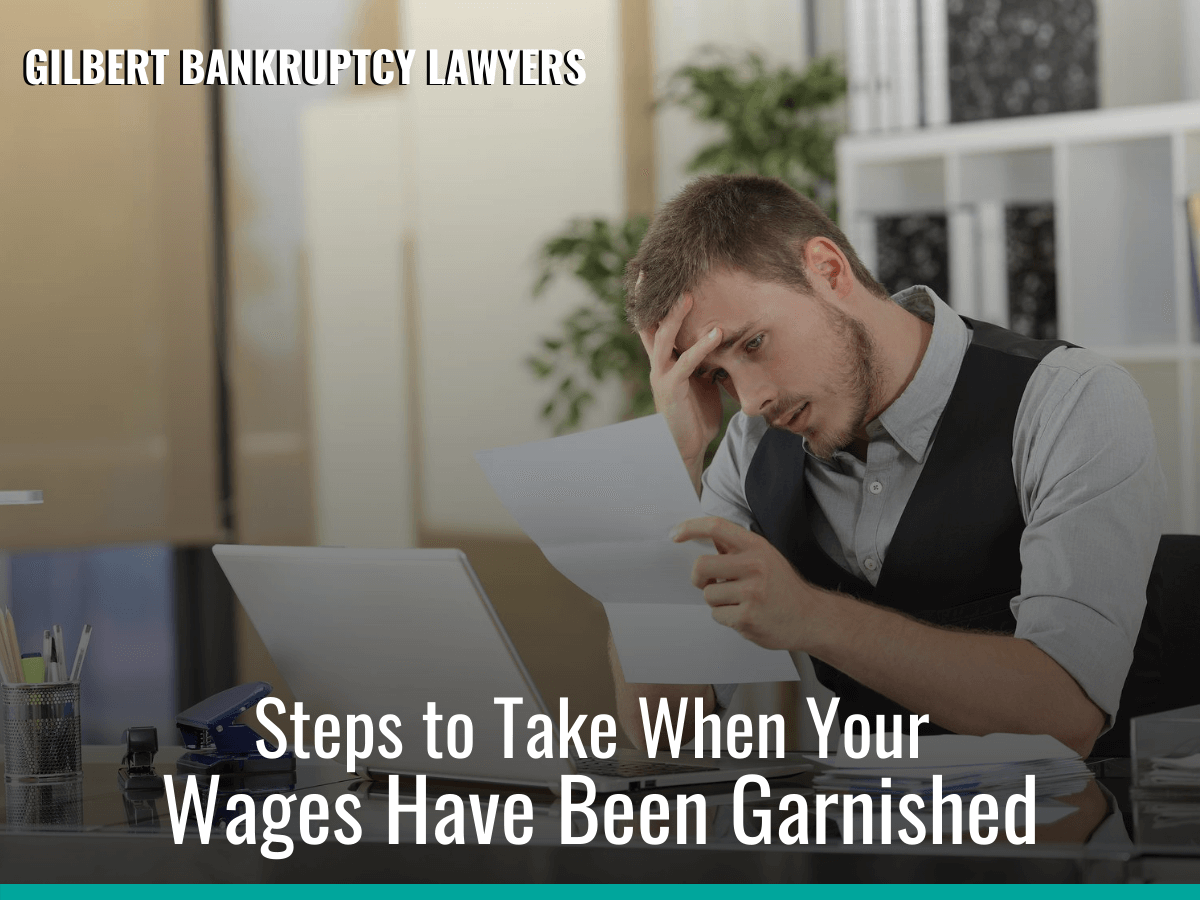

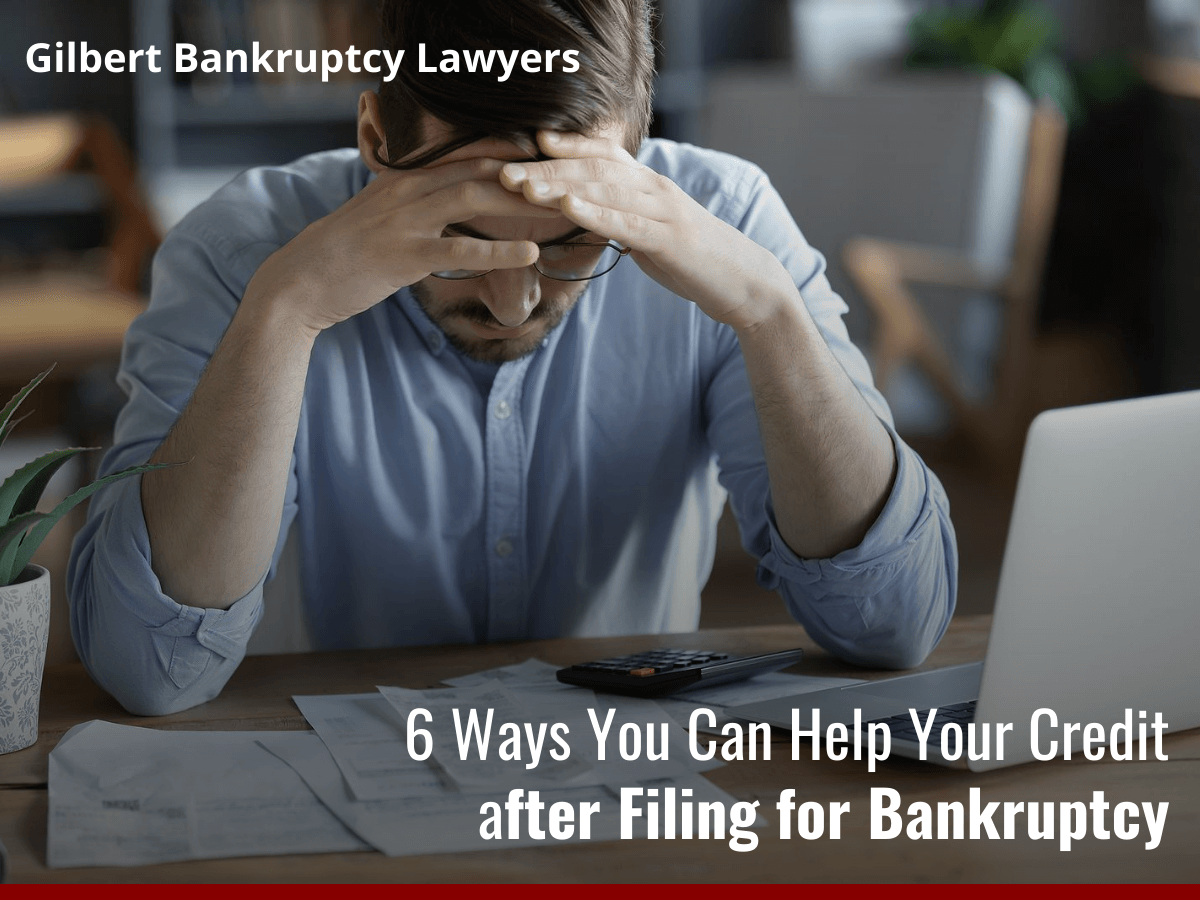

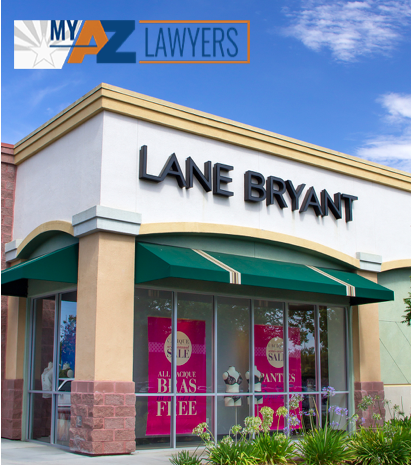
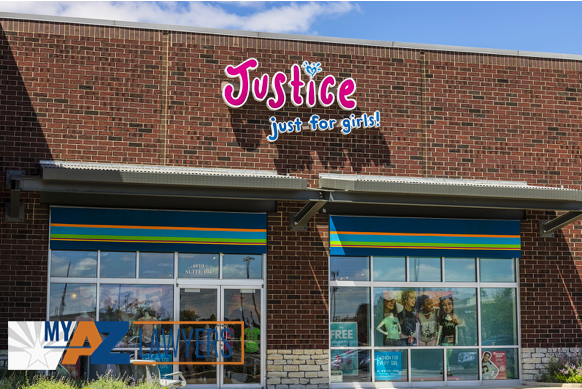 Arizona saw a spike of unemployment claims in April 2020, with an unemployment rate of approximately 13.4 percent. Conditions improved and the
Arizona saw a spike of unemployment claims in April 2020, with an unemployment rate of approximately 13.4 percent. Conditions improved and the 
